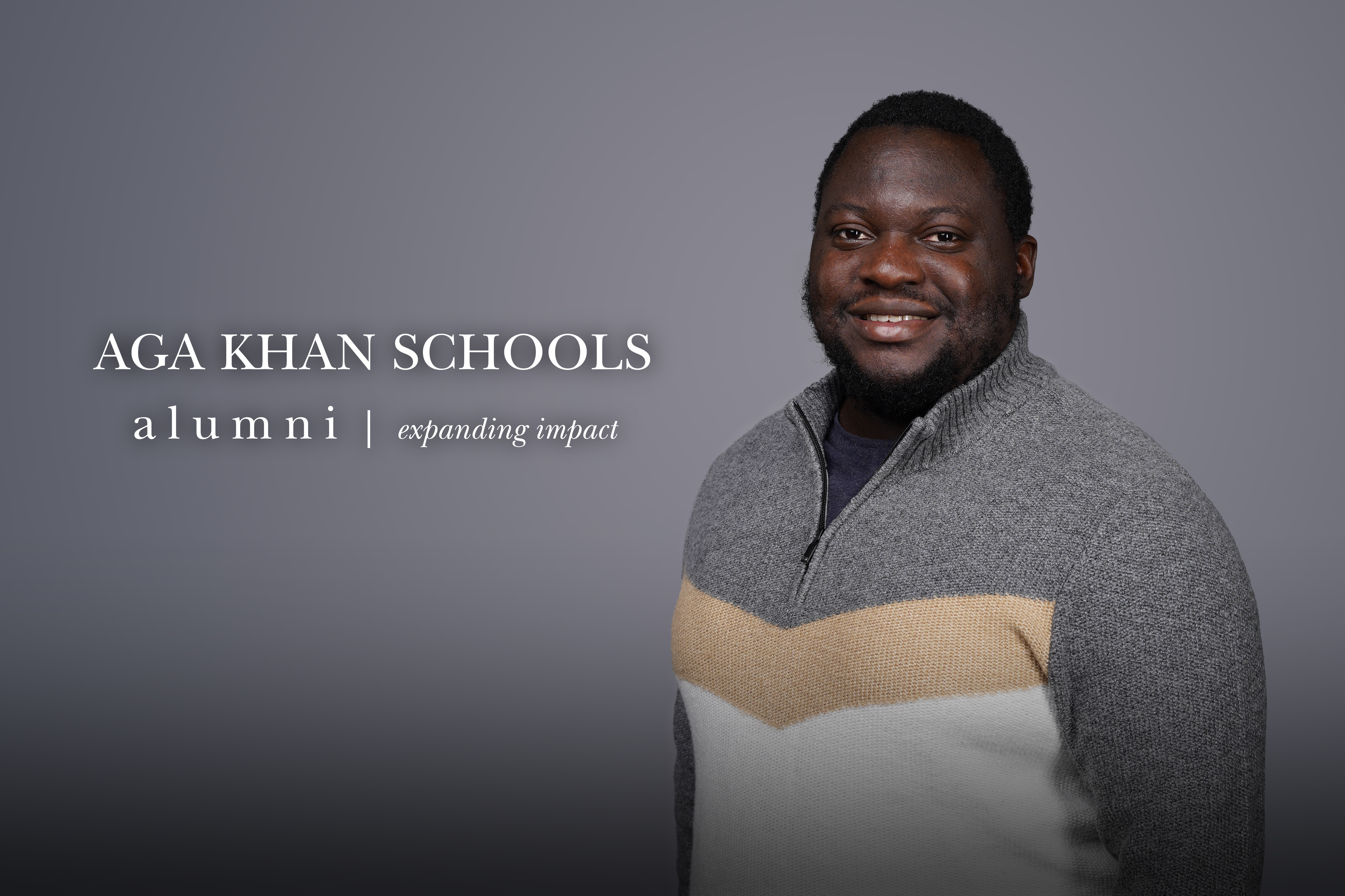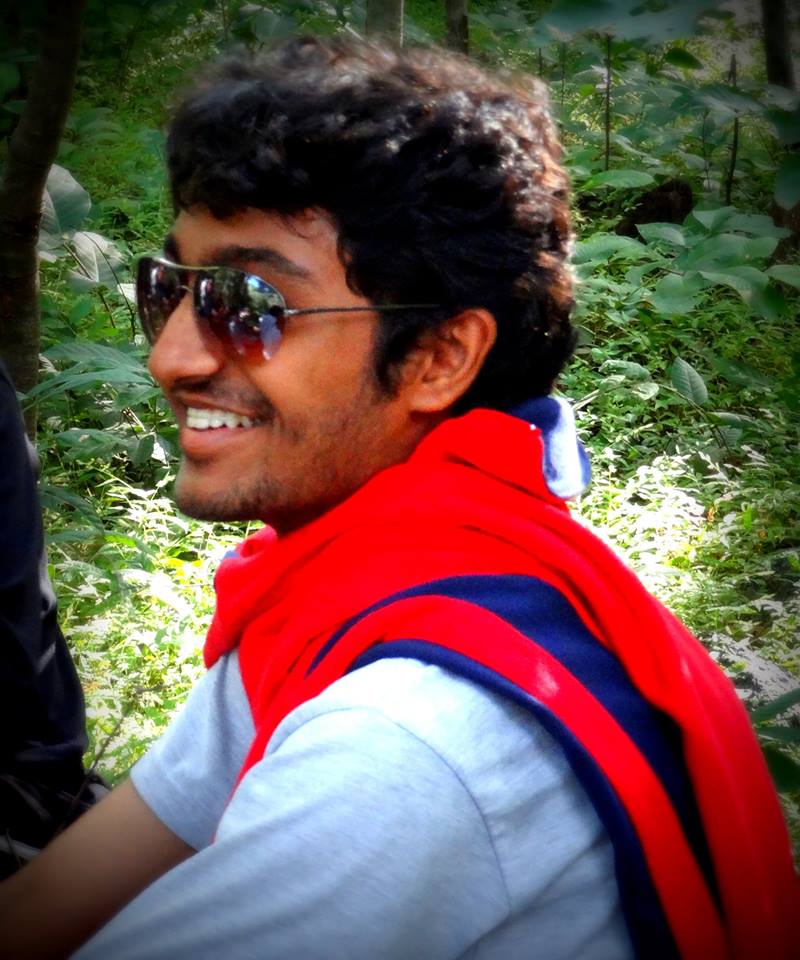At the Aga Khan Academy Mombasa, Ham Serunjogi – CEO and co-founder of African fintech giant Chipper Cash – realised the importance of staying connected to something larger than himself. The Forbes 30 Under 30 honouree is now serving as an advisor to the US President on African diaspora engagement.
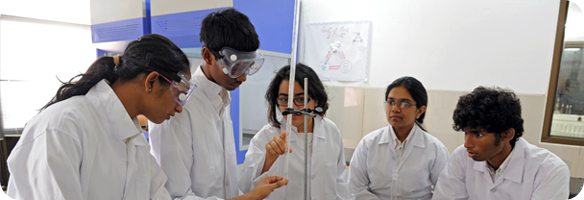
Academic Programme
The Aga Khan Academy Dhaka offers an education of an internationally recognised standard of excellence to prepare students to become intellectually curious, globally-minded citizens of the world.
The Academy programme develops students who are committed to positive change and are able to understand and analyse complex issues of local, national and global significance.
Our curriculum is rigorous and multidisciplinary, fostering:
- intellectual curiosity
- creativity
- leadership development
- social consciousness
- a pluralistic sensibility.
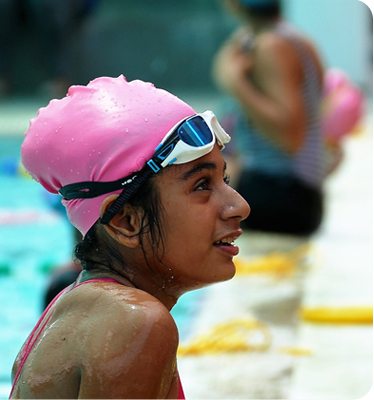 We prepare students for admission to the best universities in their own countries and abroad.
We prepare students for admission to the best universities in their own countries and abroad.
Our focus is on developing students' critical thinking skills and the ability to analyse issues. We also emphasise multicultural understanding and awareness. One of the ways in which we help our students develop skills for ethical leadership is through the Aga Khan Curricular Strands. These are cross-disciplinary areas of study that have been developed for the network of Aga Khan Academies.
Overall educational programme
Our curriculum is complemented by enrichment, athletic and community service initiatives. The overall educational programme is designed to educate well-rounded, civic-minded individuals. It enhances students’ academic excellence, leadership skills, sense of civic responsibility, understanding of global issues, and analytical and study skills. The programme also reinforces an understanding of local languages, history, cultures and environment.
When they graduate from the Academy, students are expected to be computer literate and have a thorough understanding of a diverse range of academic disciplines. They should have mastered at least two languages, including English. Through the planned international exchange programme, our students will be able to enhance their foreign language learning and appreciation of other cultures.
Our graduates are thus well prepared for the rigours of higher education and to pursue opportunities in an increasingly interdependent world.
For further information on the programmes offered at the Aga Khan Academy Dhaka, please visit the following pages:
- Primary Years (Grades 1–5)
- Middle Years (Grades 6–10)
- Diploma Programme (Grades 11–12).
Groundbreaking of the International Academic Centre of Excellence, Dar es Salaam
Karim Ismail : Empowering teachers to nurture leaders
Joining the Academy virtually for the new academic year 2020 - 2021, our new Senior School Principal is excited to provide support to our teachers and collaborate with them in order to make as big an impact as possible as a group.
From his university days, Karim Ismail knew he wanted to work with young people and has not looked back since. Grateful for the experiences during his education, he felt compelled to share the love for learning amongst youngsters and recreate those experiences for students around the world.
“Understanding how I could ensure that other students get similar opportunities to build their character and personality made it an easy career decision,” he shared on his choice to become a teacher.
Hailing from the UK, Karim’s journey as a teacher and school leader has taken him all over the world including Kenya, Uganda, India, South Africa and Mozambique to name a few. He was working at an IB institution when he was recruited as one of the founding teachers of the Senior School at the Aga Khan Academy Hyderabad. Having worked for the Academies and other IB institutions in various leadership capacities, Karim now joins the AKA Maputo as the Senior School Principal.
Reflecting back when he held a similar role in Hyderabad, he said there are a number of reasons why it was special for him. “The time spent in Hyderabad not only gave me the opportunities to contribute towards student and teacher development but was developmental for me as a teacher and a leader as well. And I was proud to see through our first cohort of graduates in the Diploma Programme. I have very fond memories of my time in Hyderabad.”
Identifying the impact of education policy and the influence of change at a systemic level, Karim has experience in non-classroom based roles as well. He has worked with many schools in order to build on existing capacities to improve potential and has qualified to train teachers to become IB certified which is something he still does today.
“Taking the opportunity to step out of the classroom and partner with schools to focus on their institutional improvement was eye-opening. I have had the privilege of visiting excellent institutions and seeing their practices in place, and learning on each occasion. Meeting and training IB teachers from all corners of the world allows you to understand those educational contexts and their valuable diversity. Inevitably this work brought me back to working with the Aga Khan Academies.”
In his visits to the AKA Maputo, he has played an important role in understanding how to improve upon the quality of mathematics education, looking at changes in curriculum as well as their implementation. He brings this same analytical eye to the Senior School where he is excited to work full time with his new colleagues in Maputo. Having worked with the teachers in Maputo on various occasions, Karim lauds the teachers at the Academy for their strong set of core values which resonate with him; enabling him to provide support and encourage teachers in their mission to nurture leaders.
“Students have huge potential to become leaders. And our teachers, in my opinion, are the only way we're going to achieve that. They are the key drivers of change. They’re going to influence minds. They're going to be the relationship holders with that student body. And so my role is very much to give the teachers what they need, provide that space and encouragement, be that support and give them resources to allow them to do that job to the best of their capability.”
Praising the Academy for its quick and comprehensive response to the challenges posed by COVID-19, he found the quality of the online programme comparable to some of the best on offer with regards to its points of contact, rich content and technical tools deployed therein. While he agrees that the unique in person contact experience cannot be replicated, the Academy strives to achieve similar outcomes.
“If you have good relationships with your students, you can get the most out of them and they can work with you to identify their barriers, to push through their challenges and go through their good and bad days knowing that they have that support as a constant anchor for them in the classroom, virtual or otherwise.”
But there have also been a few silver linings through this unprecedented time. Karim points out that online learning has allowed students to develop their own skills in terms of organisation, their independence as a learner as well as their self-reliance and grit which will be hugely important moving forward.
Highlighting another boon in the transition to online learning, he finds that it, “facilitates the opportunity to provide intervention and support that cannot always be offered in a physical classroom, and this can lead to a better understanding of students’ needs, and positive impact on their progress.” He adds that this can be applicable to mathematics, language learning and other areas whereby the faculty are equipped to individualise instruction, provide feedback in a more direct way to students and in essence, help them bridge some of their prior gaps and misconceptions in a more efficient way.
Feeling honoured and privileged to be serving in his new role, he said, “I recognise this opportunity to really support the vision of what we're trying to do at the Academy. For our students, it's one of the most unorthodox experiences they have had educationally and in their lives. And I'm heartened and proud of the way in which I've seen people demonstrate grit and perseverance to get through this. That's going to make them stronger people.”
“And as we come back together as a physical school community in the future, I look forward to sharing those experiences, strengthening our Academy community, and appreciating the stimulation and freedom that comes with access to schooling. We have an incredibly exciting journey ahead.”
Meet Our School Community
Spotlights on Alumni
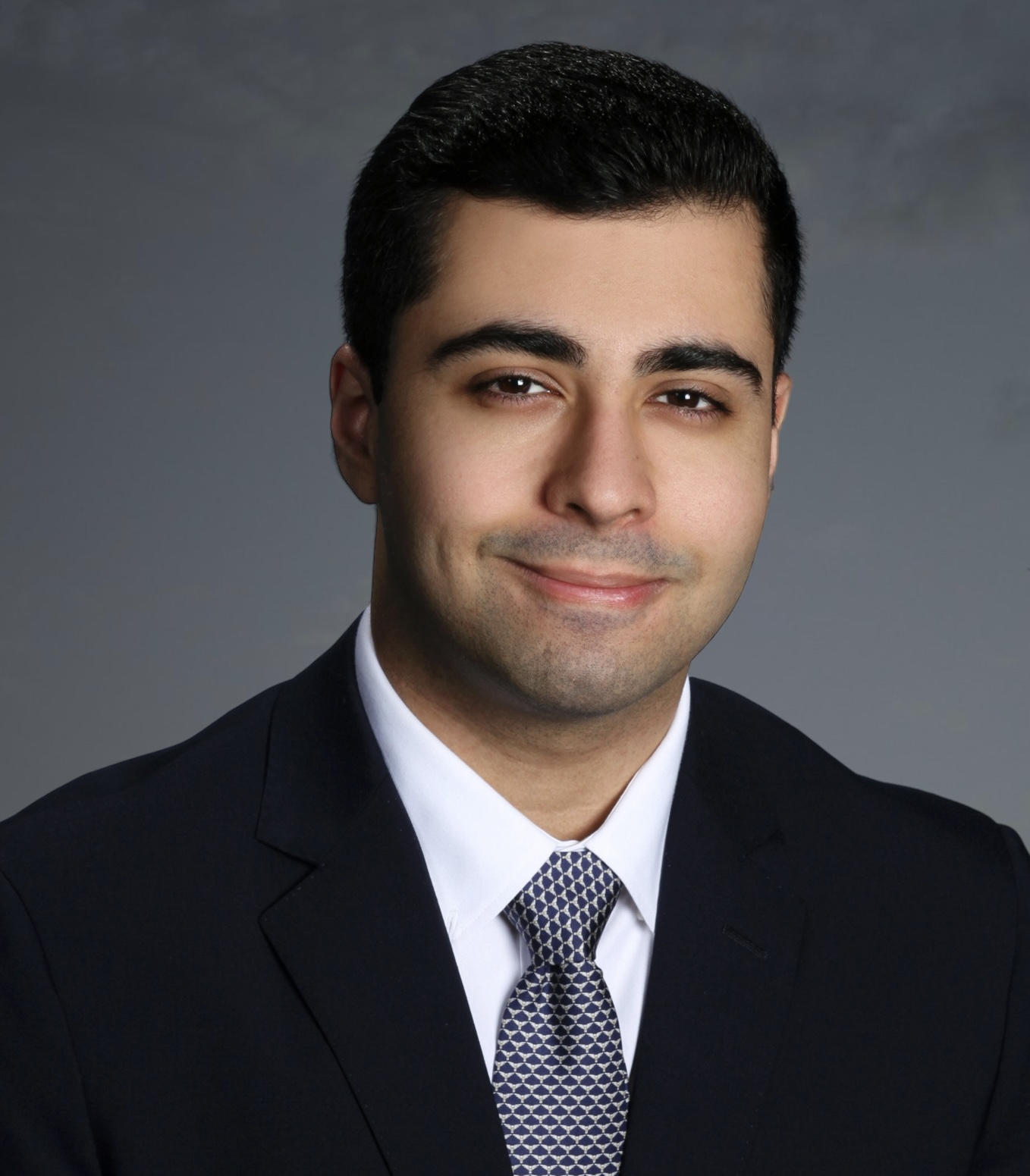
Although it has been a few years since he graduated from the Aga Khan Academy Mombasa, Alqaim Lalani, Class of 2019, says his years at the Academy had a major bearing on his academic career and strongly influenced his outlook on life. Now, as a graduate of Columbia University in New York, Alqaim is giving back to the Aga Khan Academies community that he says shaped his life and gave him so much.
Jemin Patel’s journey to where he is now is the result of hard work and passion, values he picked up during his time at the Aga Khan Academy Hyderabad. Now, he's working at one of Canada's top accounting and consulting firms, still standing by the notion, "hard work always wins."
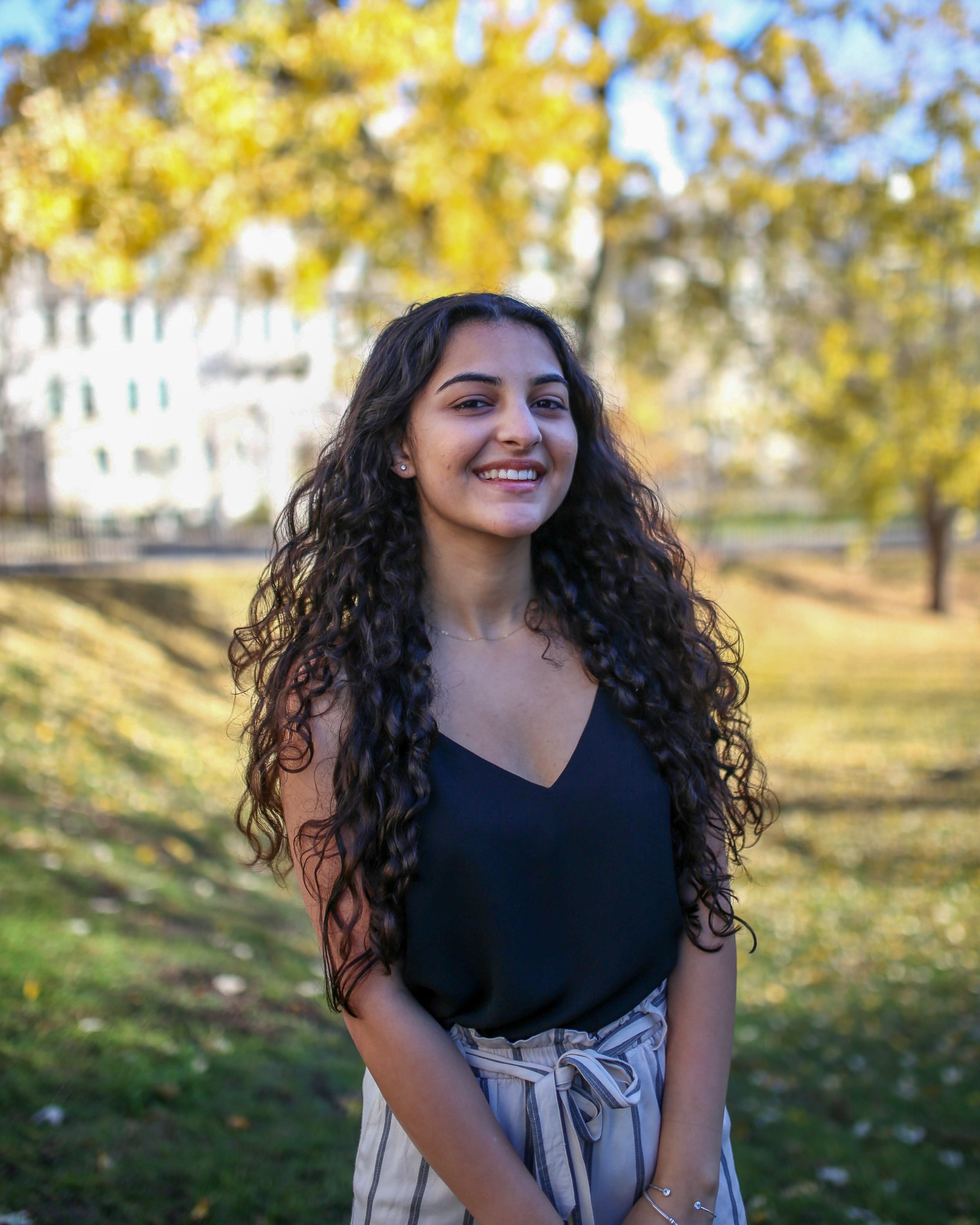
Muskaan Bhaidani is an alumna of the Aga Khan Academy Mombasa who was in the Class of 2020. Graduating with an impressive International Baccalaureate (IB) Diploma Programme (DP) score of 44 out of 45, Muskaan is now attending McGill University in Montreal, Canada.

Anahita Aman, a graduate of the batch of 2020 was here at the academy for 8 years. Currently pursuing History at University College London, she hopes to build a career in International Development.
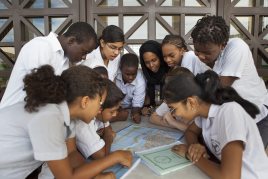
Congratulations to the Class of 2022! We are so proud of you and cannot wait to see what you do next. As we welcome our new graduating class to our alumni community, we asked four distinct graduates from the Aga Khan Academies in Mombasa and Hyderabad about their journeys and aspirations.
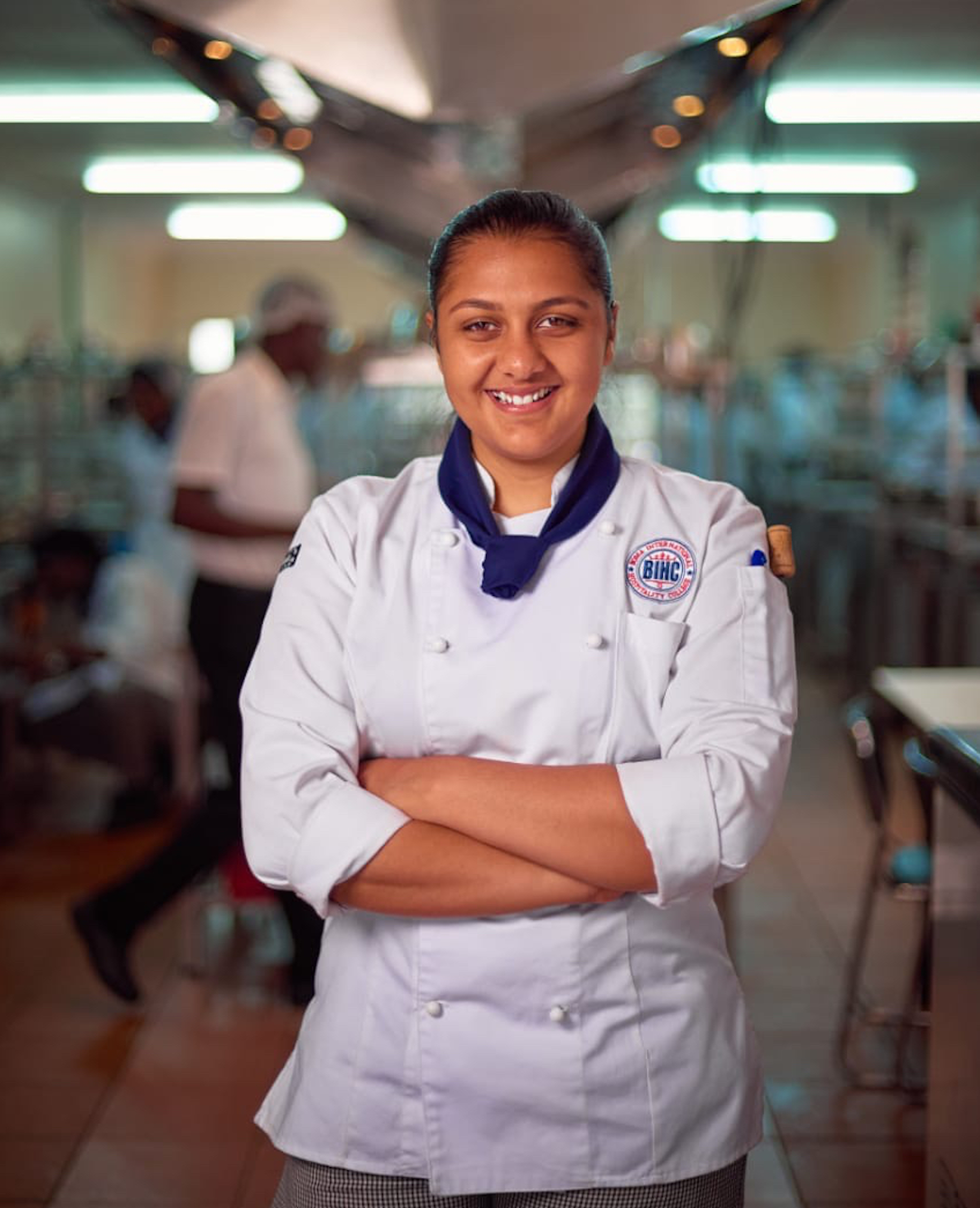
Qamili Dave, a 2017 alumna of AKA Mombasa, discovered her passion for the culinary arts during her AKDN DP1 Internship at Serena Beach Hotel. Since then, she has gone on to pursue her passion for cooking, including undertaking Harvard courses to perfect her skill. What Qamili loves most about being a chef is preparing a good satisfying meal that warms the hearts of people.
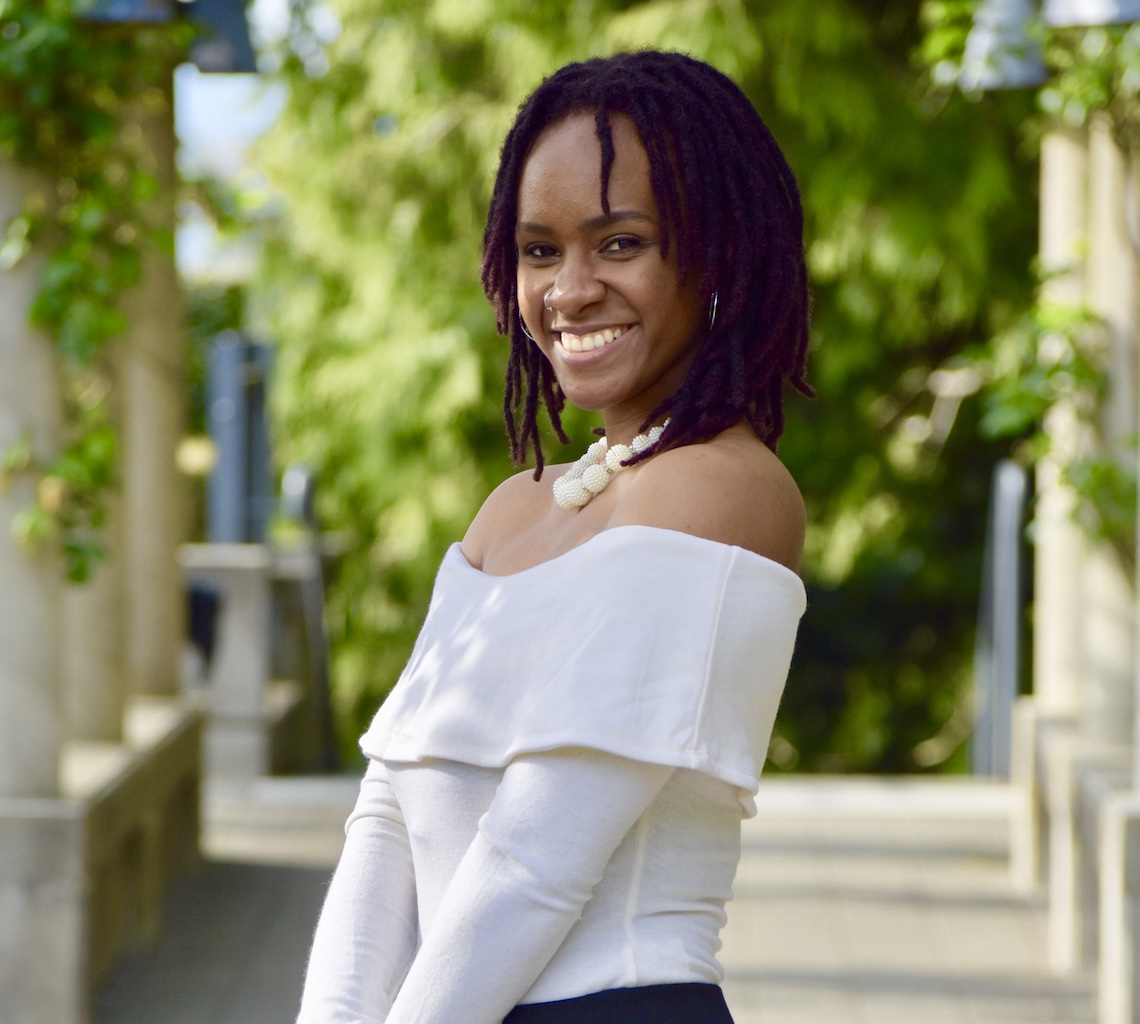
Lilian Odera, a 2015 alumna of the Aga Khan Academy Mombasa and recipient of the Karen McKellin International Leader of Tomorrow (ILOT) award, is the embodiment of a true leader and agent of change. True to form, she has a passion for actively being involved in community-based initiatives to influence change and creatively find solutions to issues in whatever way she can.
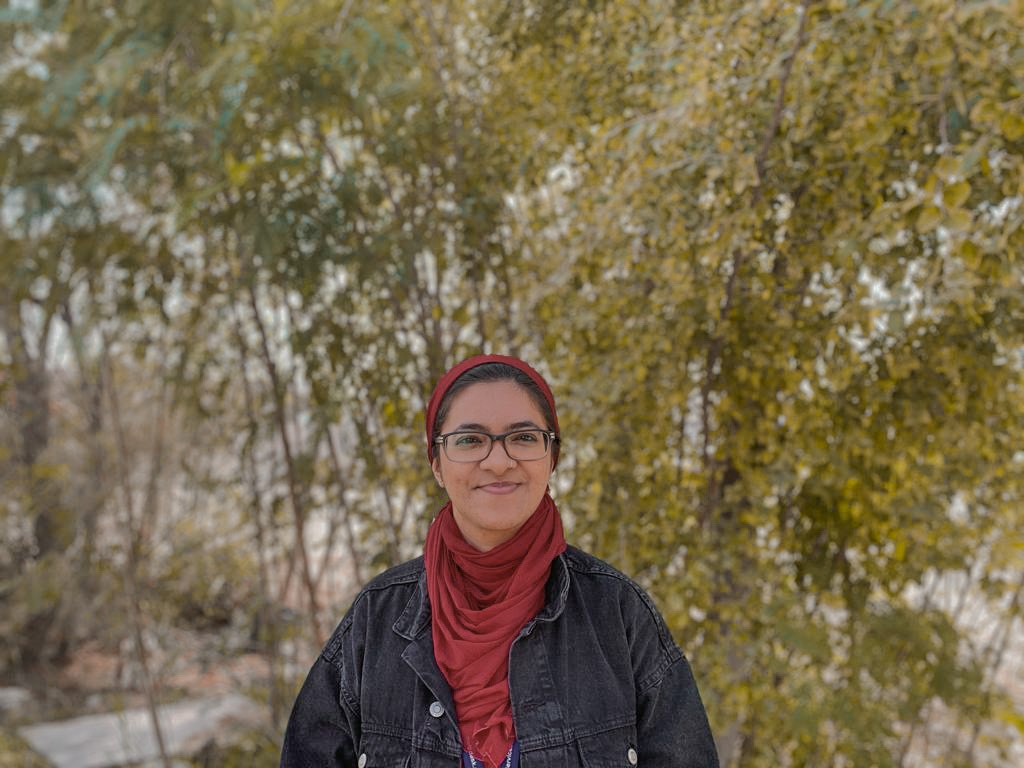
Aleesha Suleman, a graduate student at UCL-Qatar, has never lost sight of what has always been important to her: giving back to her home country of Kenya.
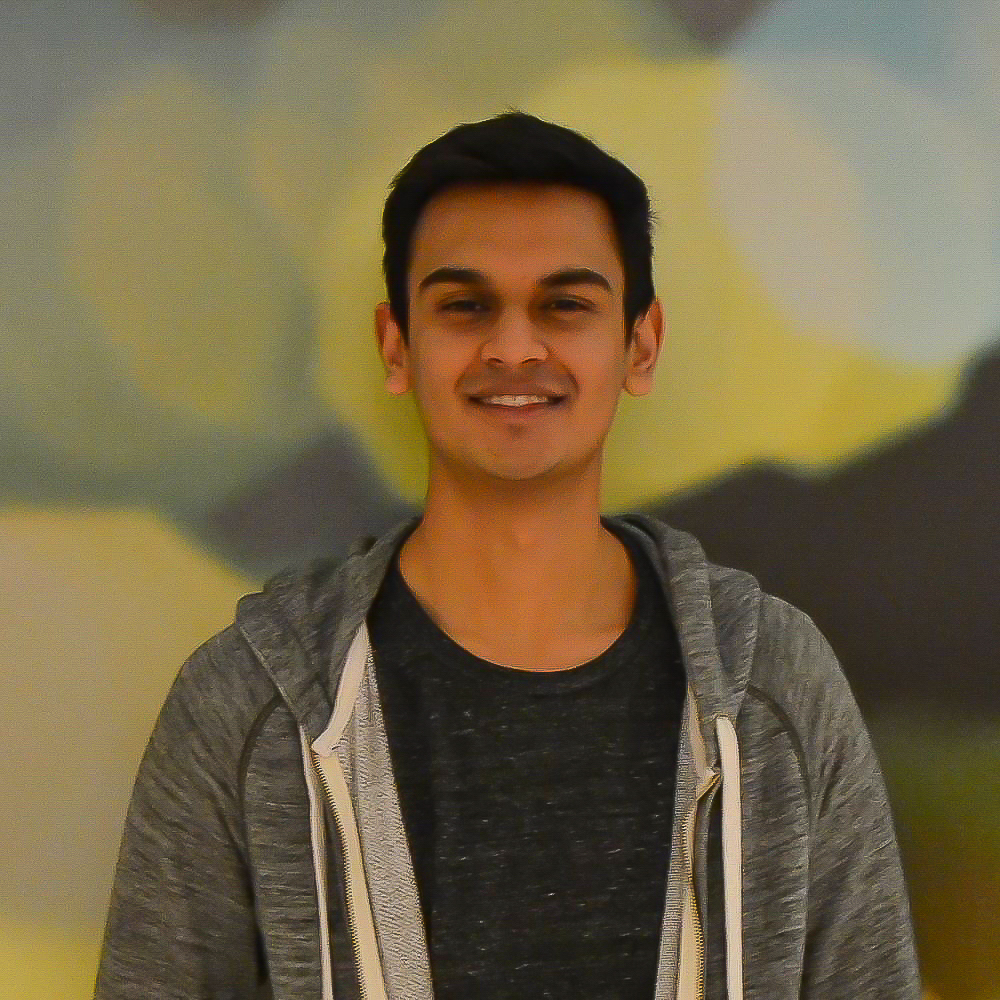
Raghuveer Vyas, director of the United Nations Initiative at New York University, is on a mission to bring change to the world through policy development and fostering a continuous dialogue between international leaders and the youth.
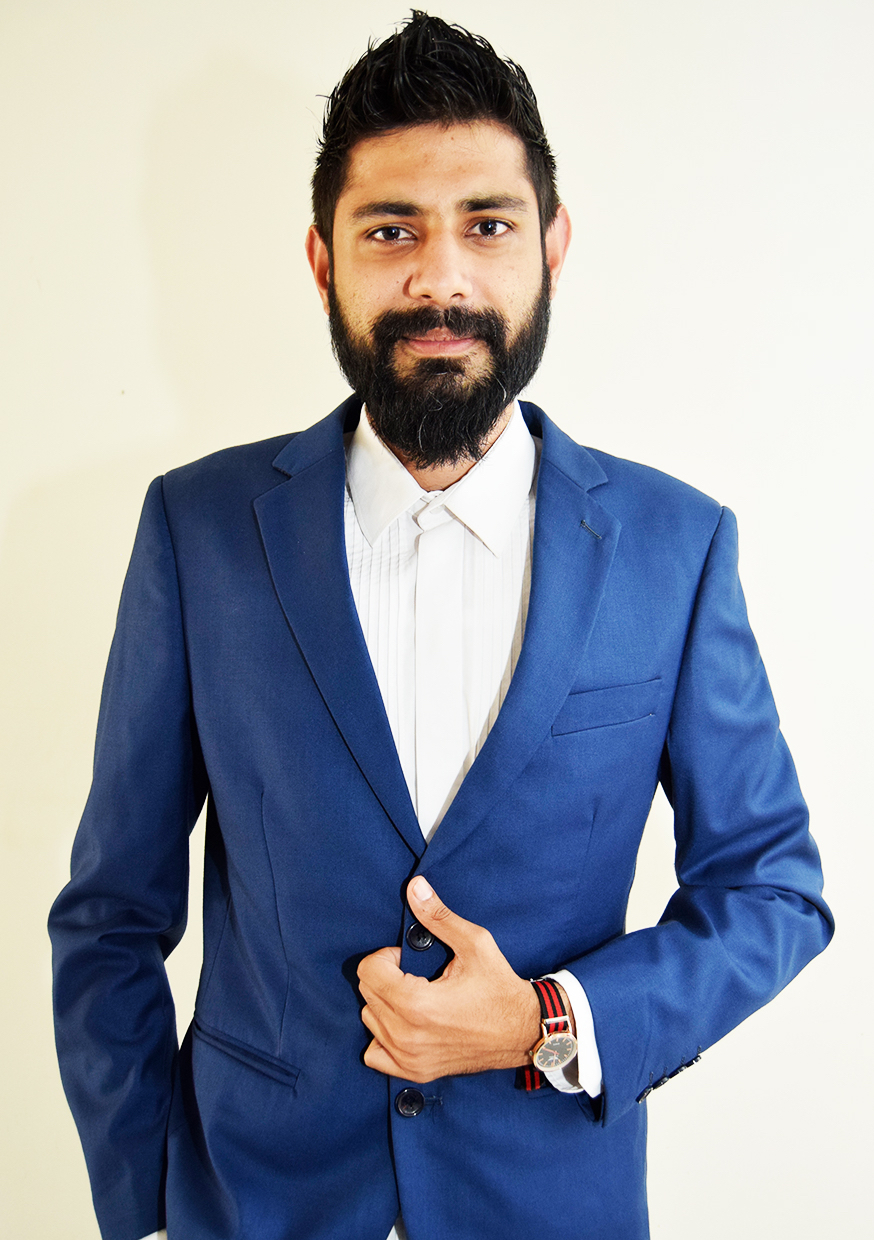
Hussein Jiva graduated from the Aga Khan Academy Mombasa after what he feels was a transformative journey.
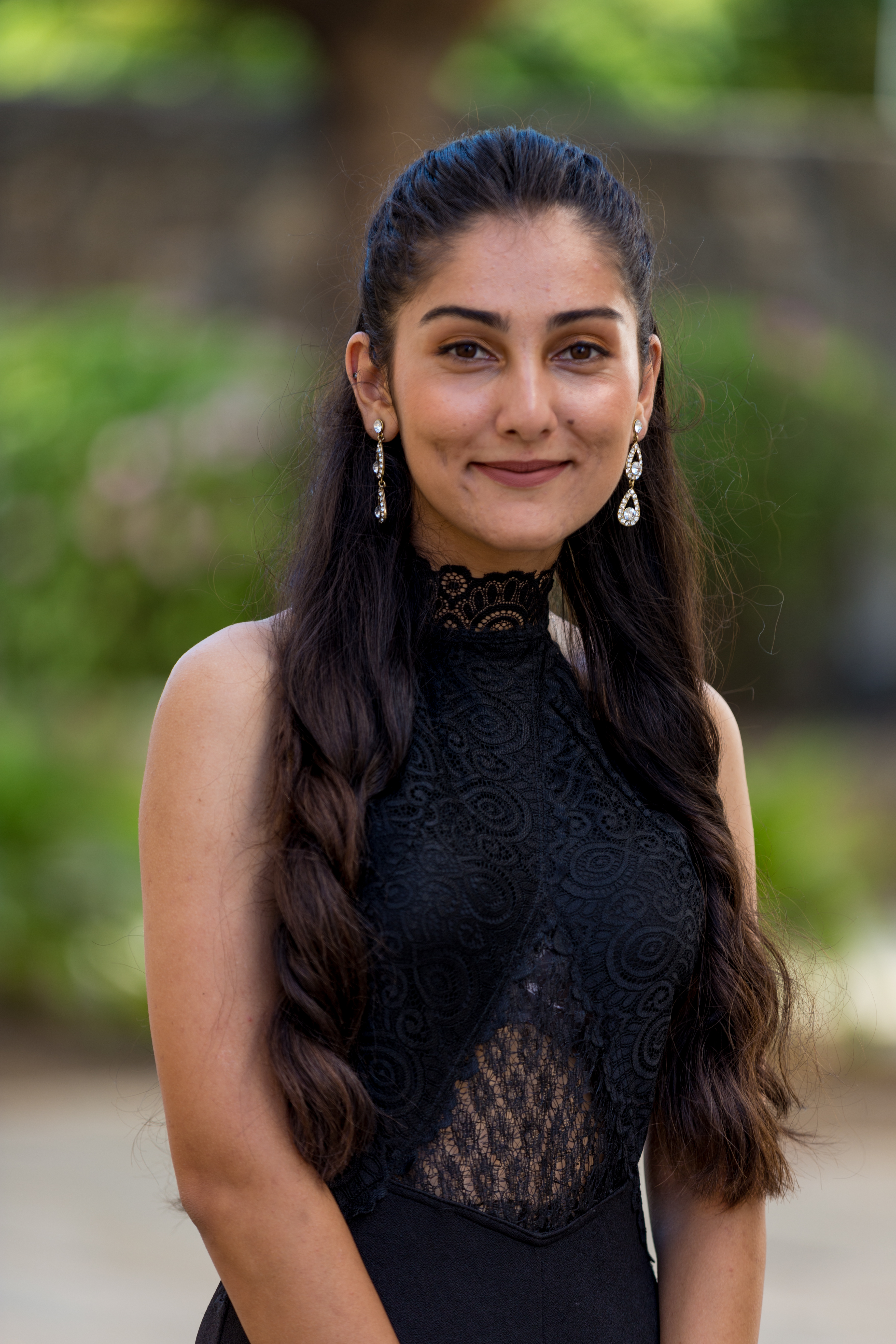
With a determination to change her country into a land of opportunity for all, Anzhela Mirzoeva, a recent graduate from the Aga Khan Academy Mombasa, will further her education at the Connecticut College in the United States by studying International Relations and Human Development.
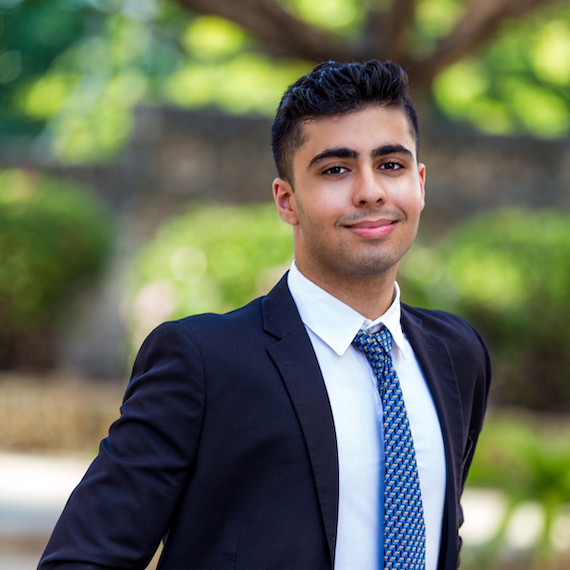
For Alqaim Lalani, his recent graduation from the Aga Khan Academy Mombasa brings him one step closer to realising his dream of attaining a deeper understanding of how economics and politics affect the world around is. Alqaim will be enrolling at Columbia University in fall 2019, as a prestigious Kluge scholar.
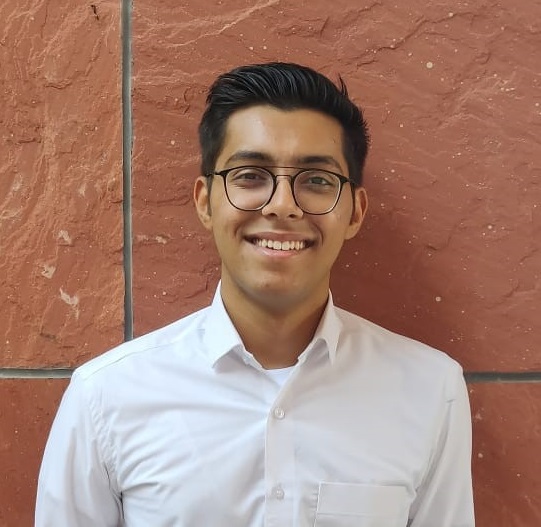
''I do not want a career in something predetermined for me from this age. When I am asked where I will be 15 years from now, I can promise you it will not be cooped up in an office doing routine work. I will probably be out there inventing something meaningful and purposeful, something which can be used to change the world.”
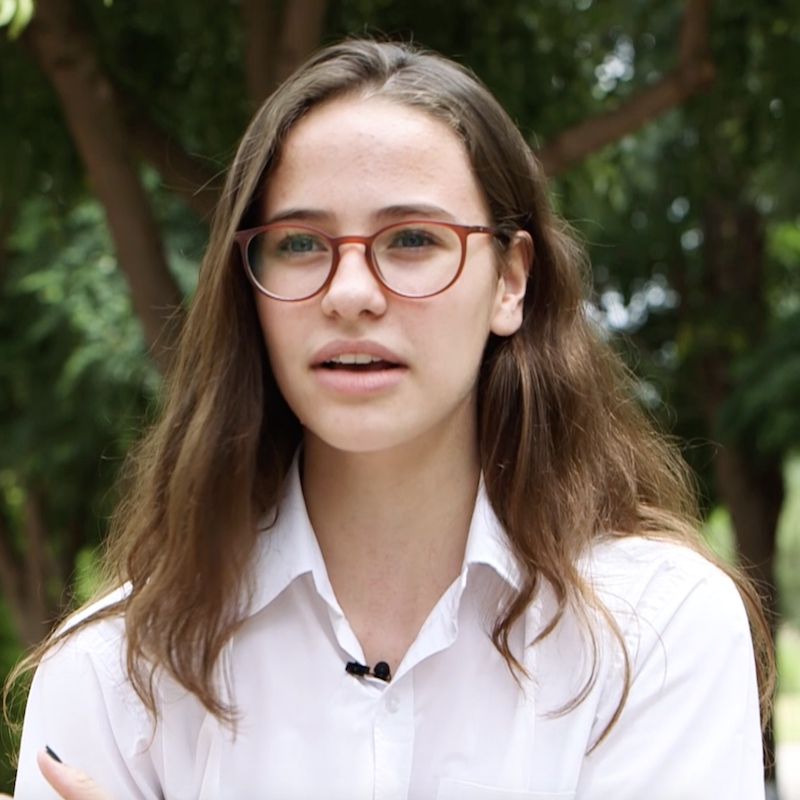
The International Baccalaureate (IB) curriculum is essential in enabling the Academies to develop well-rounded leaders of tomorrow. Hear from Zia Chapman, Class of 2018, and understand how this influenced her in choosing the Academy for her education. Zia is now a scholarship student at UBC in Canada.
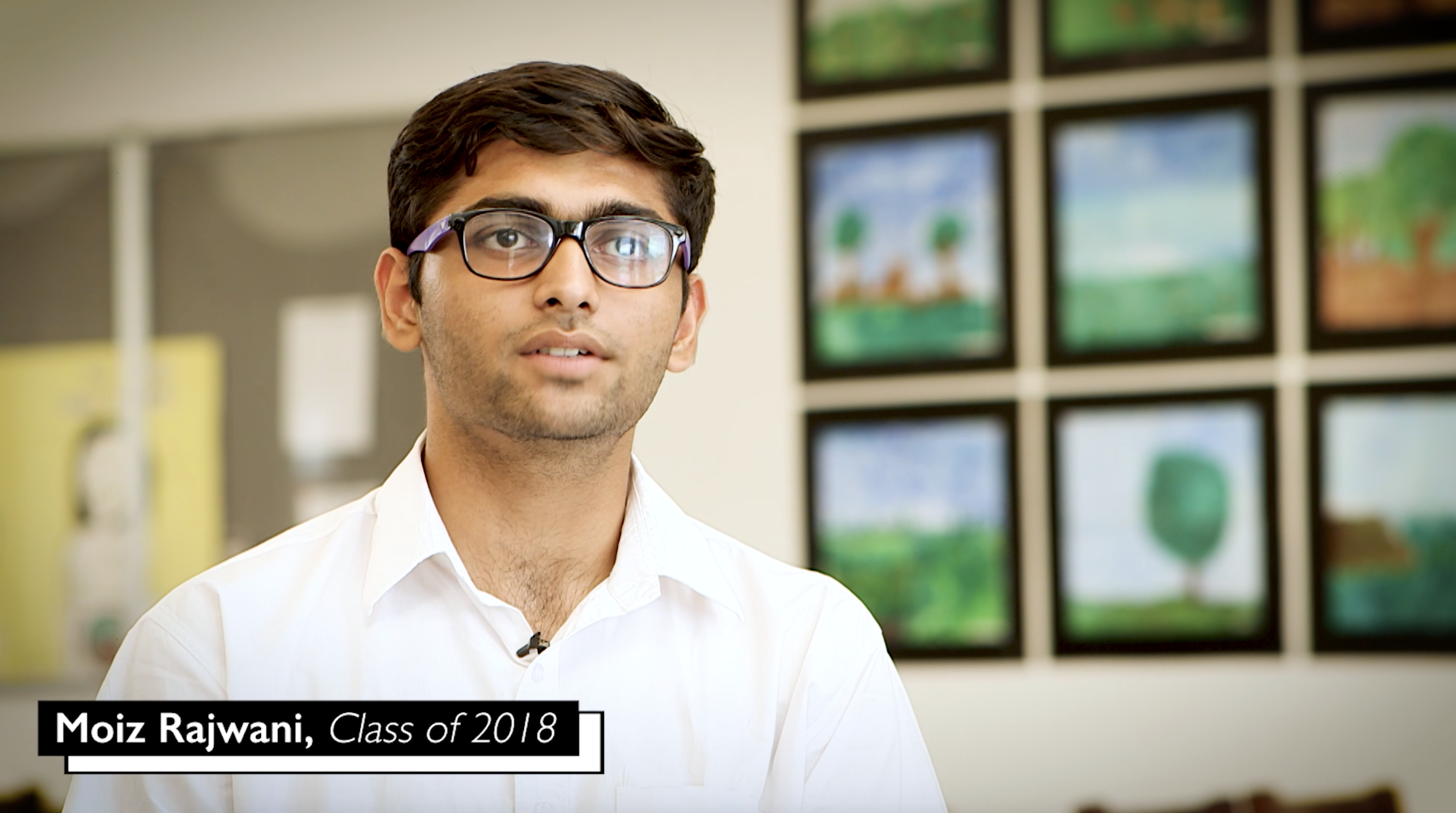
Through the inquiry-based International Baccalaureate curriculum, the Aga Khan Academies aim to develop young individuals who will have the capacity to lead and to build strong civil democratic societies in the future. Hear from one of our alumni, Moiz Rajwani, Class of 2018, and see how we have been turning this vision into reality at the Academies. Moiz was awarded a scholarship at Western University in Ontario, Canada and enrolled in September 2018.

"I always wanted to work with people who spend every single day without any resources at their disposal, to work on the pressing issues that exist in India, issues that most of us never see through our rose tinted glasses."
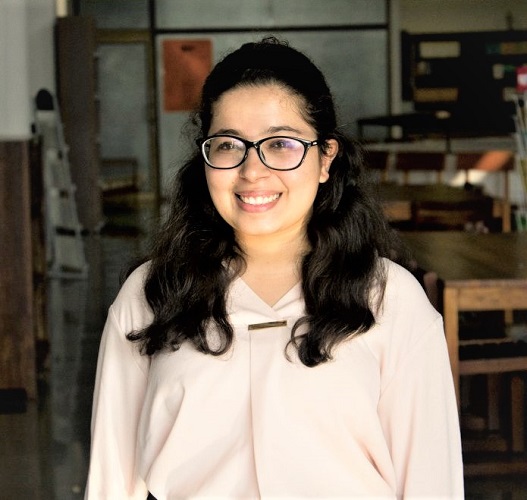
“The IB curriculum followed at the Academy has played a pivotal role in building many essential skills for university life. Its skill-based learning approach, and connecting classroom learning to the real world, also prepared me well for higher education."

“The Academy helped me become comfortable with making mistakes and encouraged me to focus on identifying solutions instead – igniting an entrepreneurial spirit within me. It is this spirit which led me to take a year off, work on self-driving cars, build my own news-reading bot, experiment with developing a cloud-storage service and have the confidence to take the road less taken."
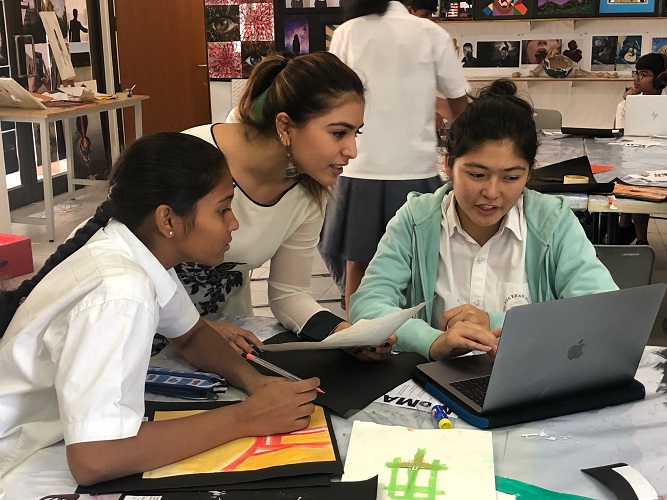
This 2014 AKA Hyderabad graduate is in some ways a time capsule from the Academy’s early years, and like a time capsule, she reminds us of things that have changed, and also about the things that have remained the same. “The Academy has made me the person I am today,” she says. “I wanted to give back to school what it has given me.”
Josephine Awino, alumna of the Aga Khan Academy Mombasa, will be attending Wellesley College for her undergraduate studies in environmental science. She shares a reflection on her personal journey at the Academy in which she developed a sense of self and fostered her passions.
Muriuku Njonjo graduated from the Aga Khan Academy Mombasa with the receipt of a full scholarship to the University of Waterloo in Canada. He shares a personal reflection about his time studying at the Academy: "The Academy changed my way of thinking, my way of doing things and informed my purpose in life."
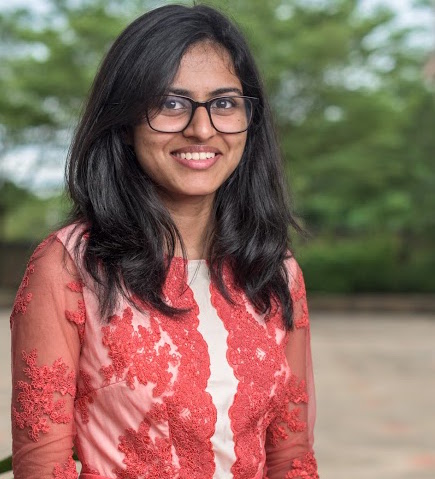
Kamila Janmohamed graduated from the Aga Khan Academy Mombasa this year. Upon anticipating her upcoming start at Yale University, Kamila reflects on the intellectual growth and strong sense of self she has developed over the past four years at the Academy.
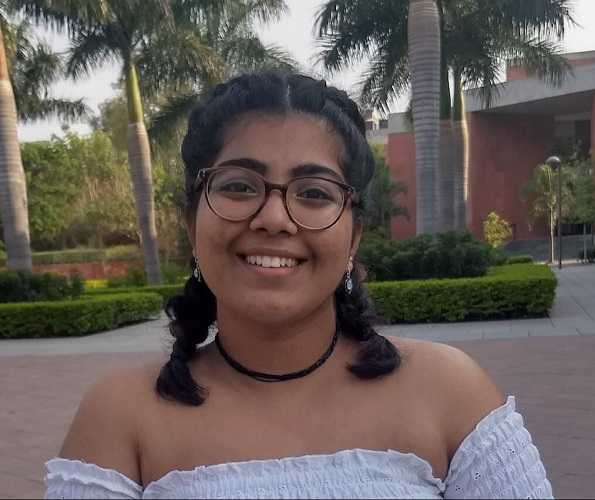
I love that my classes are filled with students from all parts of the country, irrespective of their financial standing or cultural background. I strongly believe it helps build our vision of pluralism.
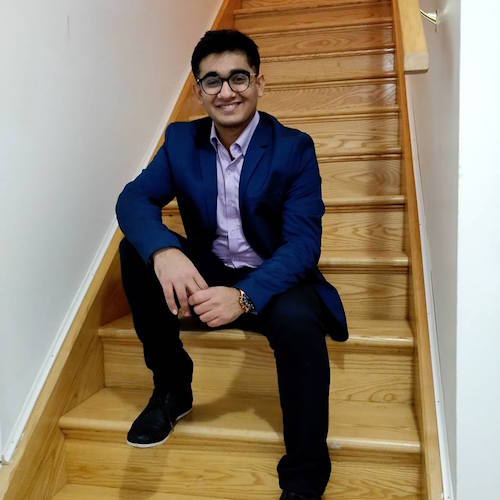
Ariq Kapadia, alumnus of the Aga Khan Academy Hyderabad, shares a reflection on his personal journey during his time at the Academies: "The experience that I had in those five years at the Academy continues to develop me further and make me more capable of success."
Inaara Sarfani shares a reflection on her personal journey at the Aga Khan Academy Hyderabad. She explains that her time as a student there entirely shaped the person she is today and allowed her to develop a far-reaching skillset.
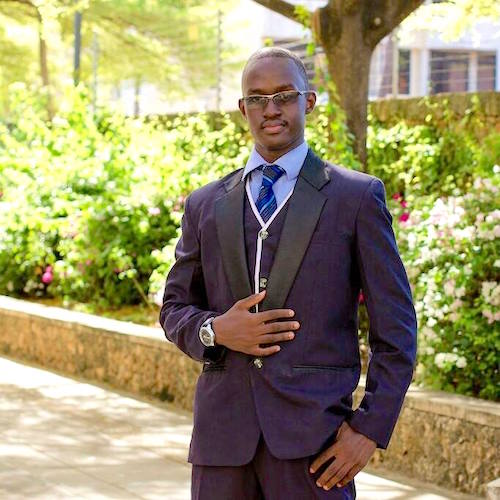
Joshua Abuto tells an inspiring and promising tale of what drives him to sustain his vision of making a difference in the lives of his fellow citizens in Kenya. A 2016 graduate of the Aga Khan Academy Mombasa, Joshua is currently in his second year at the University of Texas at Arlington on a scholarship where he is studying computer science and engineering.
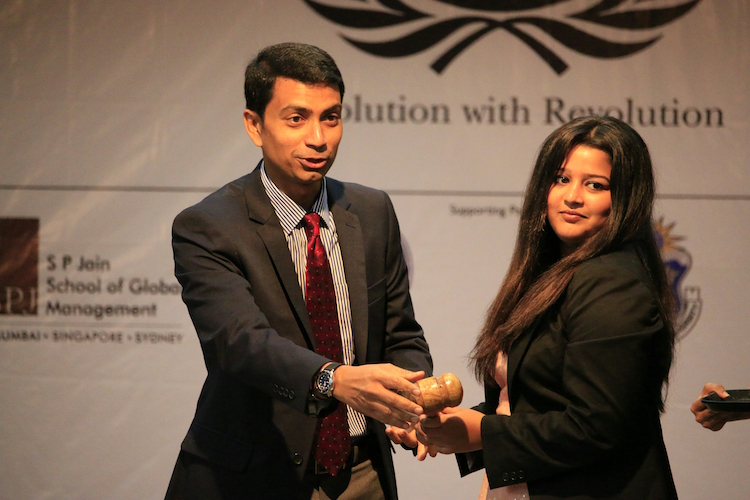
Khushboo Shah shares a reflection on her personal journey at the Aga Khan Academy Hyderabad: "I believe that the Academy’s dynamic vision has allowed me to believe in my imagination, passion and curiosity while pursuing ambitious projects."
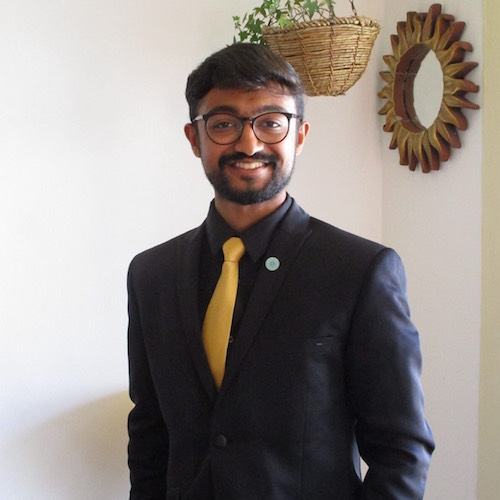
Imtiyaz Hariyani credits the Aga Khan Academy Hyderabad with giving him more than just the academic skills he needs to succeed at the undergraduate level. “The spirit that the Academy embedded in me has allowed me to emerge as a global scholar with the support of my family and lifelong friends that I made in Hyderabad and elsewhere,” he explains.
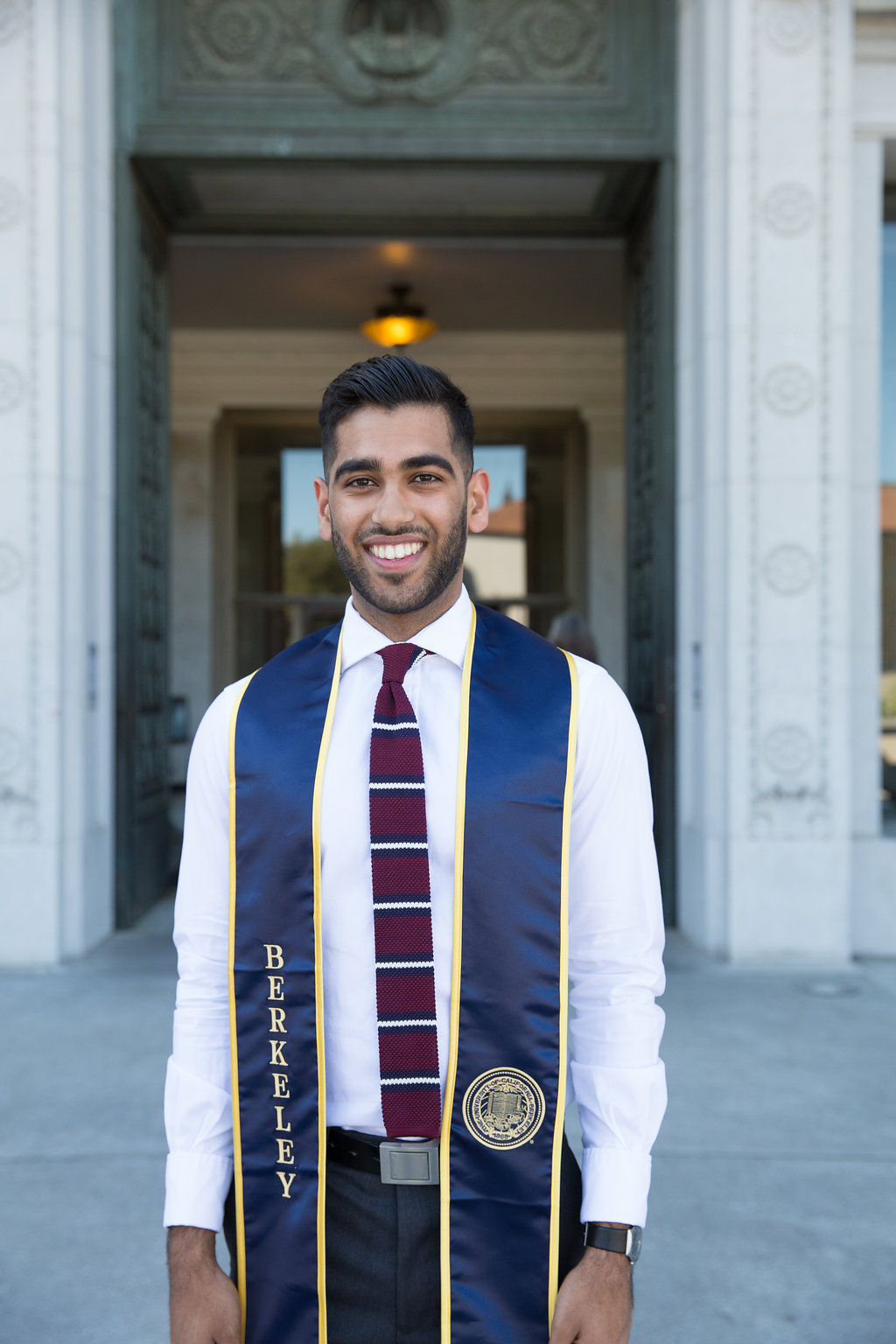
An alumus of AKA Mombasa and University of California Berkeley, Rahim reflects: "The Academy helped me to grow to be the man I am today by instilling values of social conscience and intellectual curiosity that I continue to hold precious today."
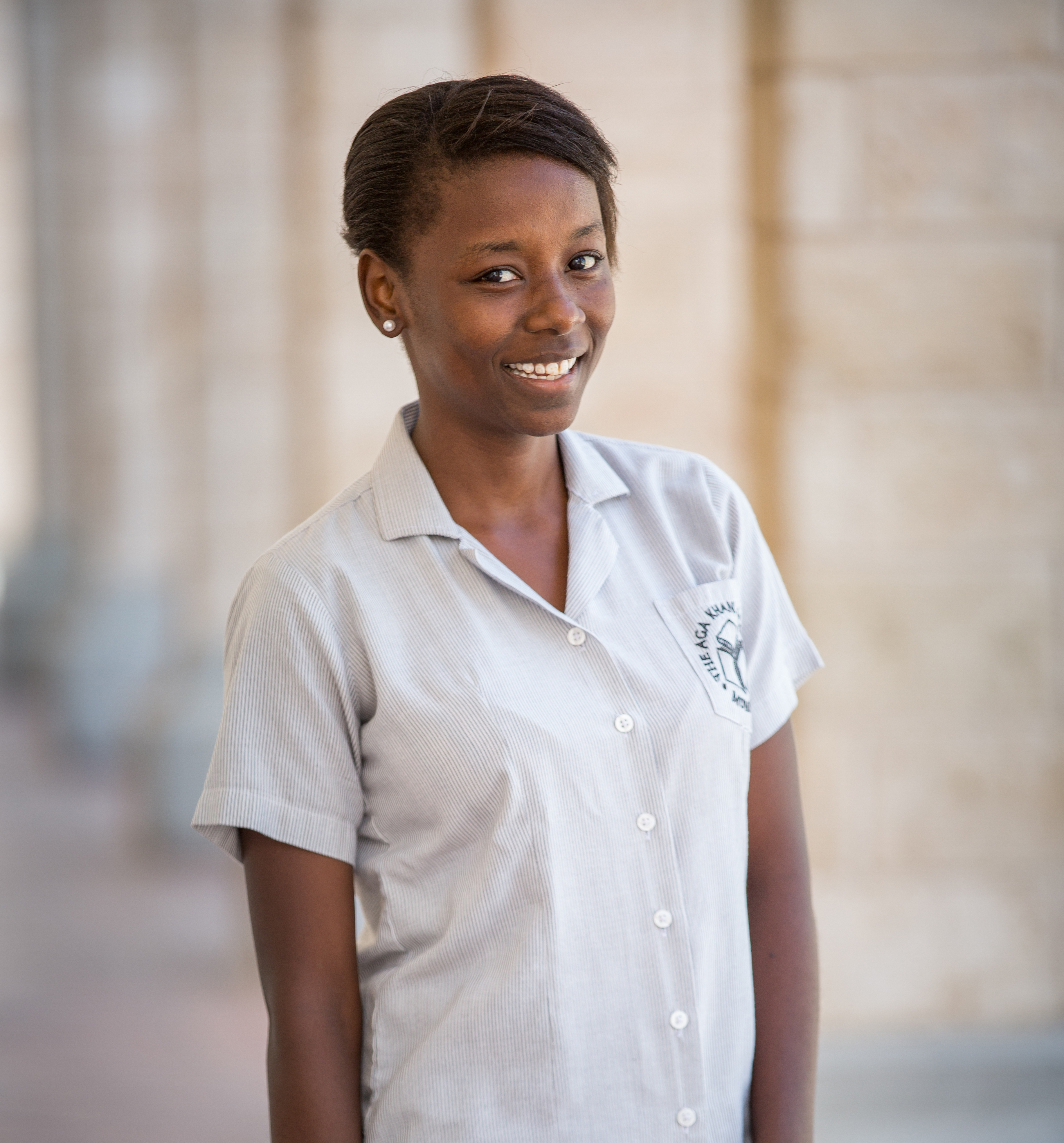
Mary considers her time at the Academy in Mombasa to be a gift. With compassion and leadership, she is determined to help students with similar backgrounds succeed and receive the same opportunities she was granted.
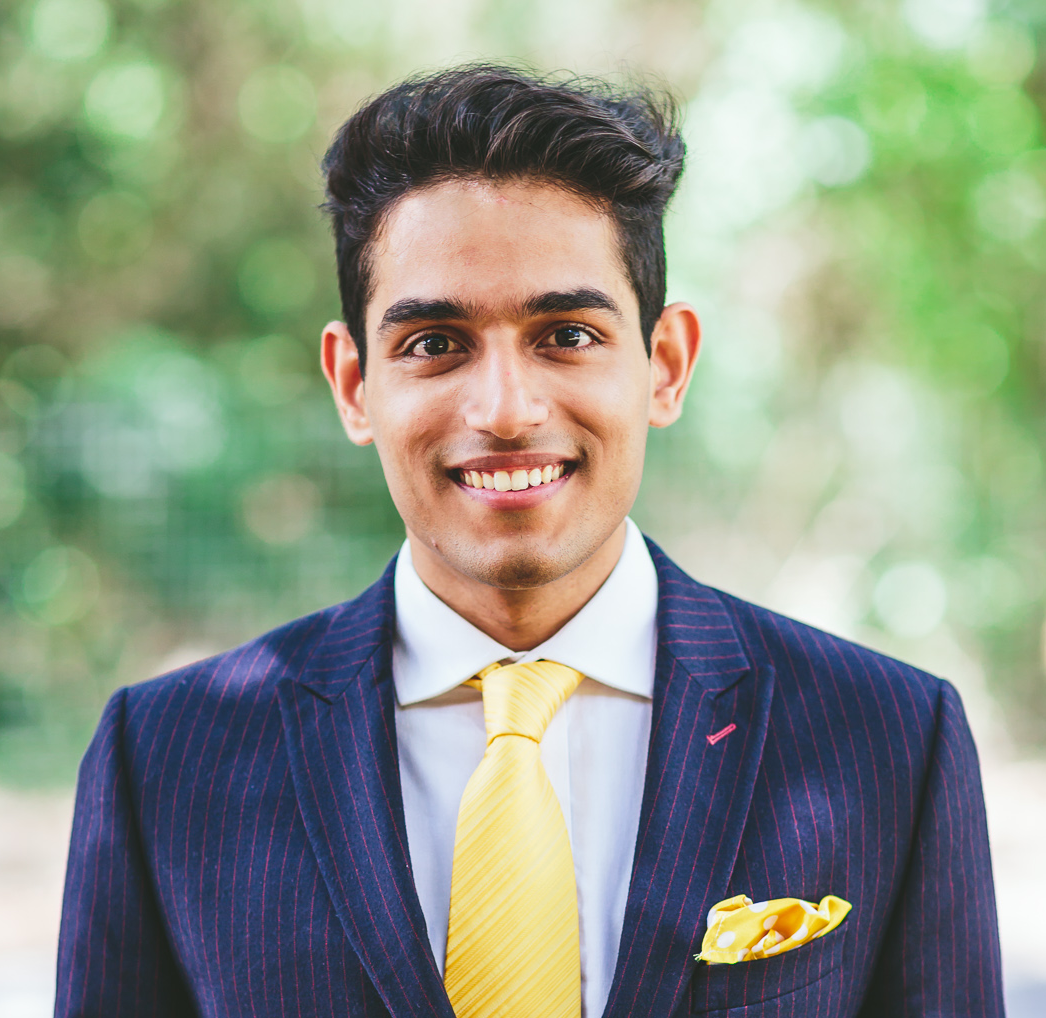
Danish is global citizen with a creative approach to life. One of his many achievements is the award-winning app, Orai, which aims to make anyone become a better public speaker using artificial intelligence.
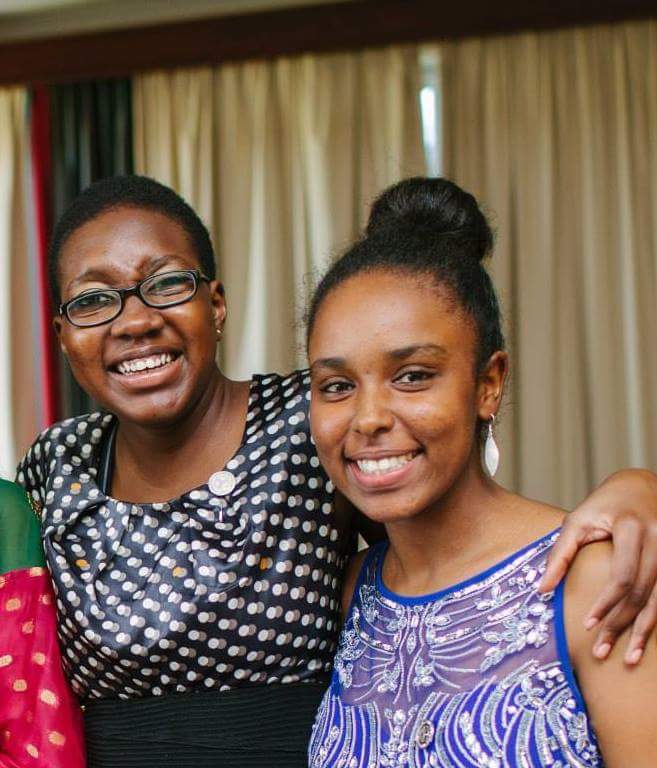
“The Academy helped instil within me a need to contribute to community where possible and a sense of self confidence and teamwork.”
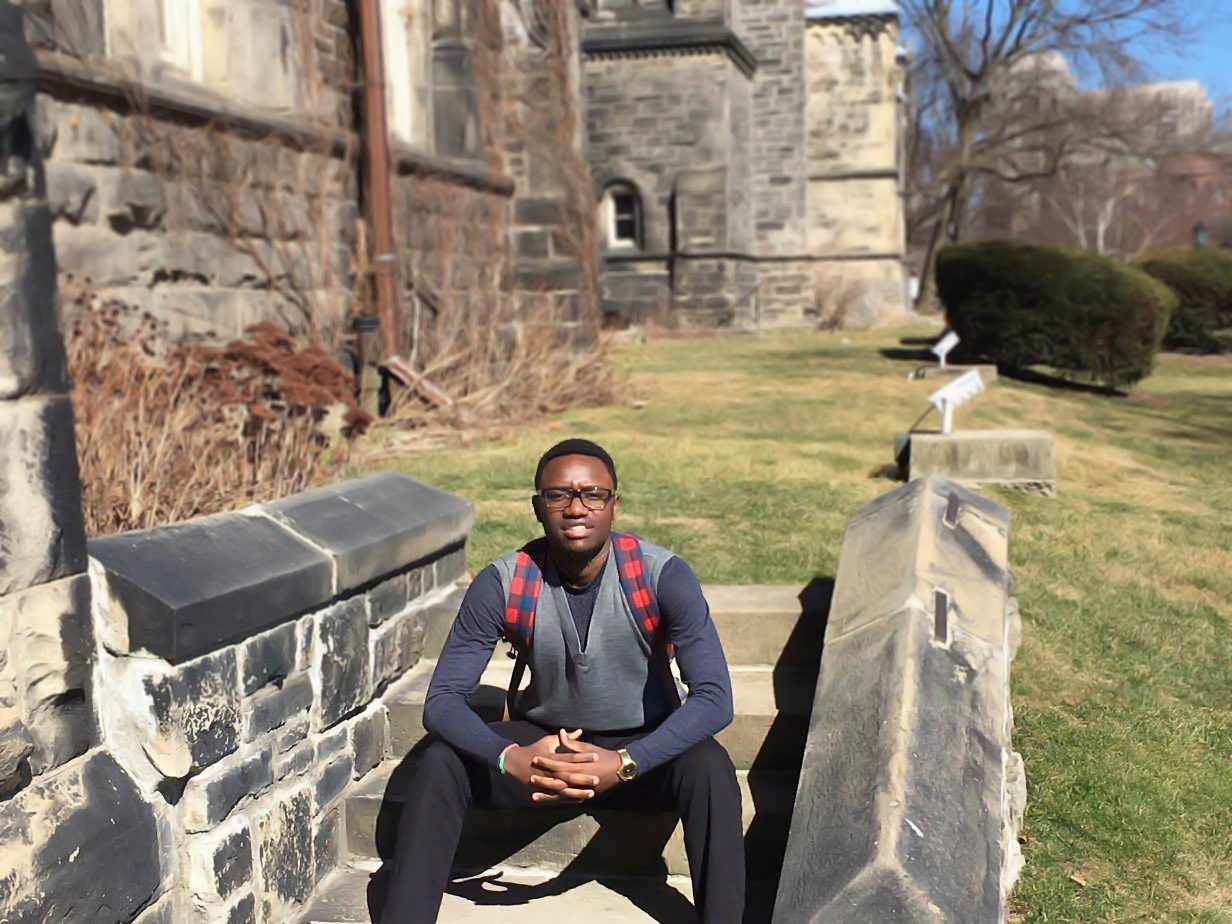
“I believe that with education, people have the power to tackle and solve problems that affect their communities,” reflects Kelvin Njue, a graduate from the Aga Khan Academy Mombasa who has benefitted from the Ontario Tuition Waiver Programme.
Ruhi Kamal Manek, an alumna of the Aga Khan Academies Mombasa, took away one enduring lesson from the Academy: the importance of engaging in thoughtful and careful consideration of diverse opinions.
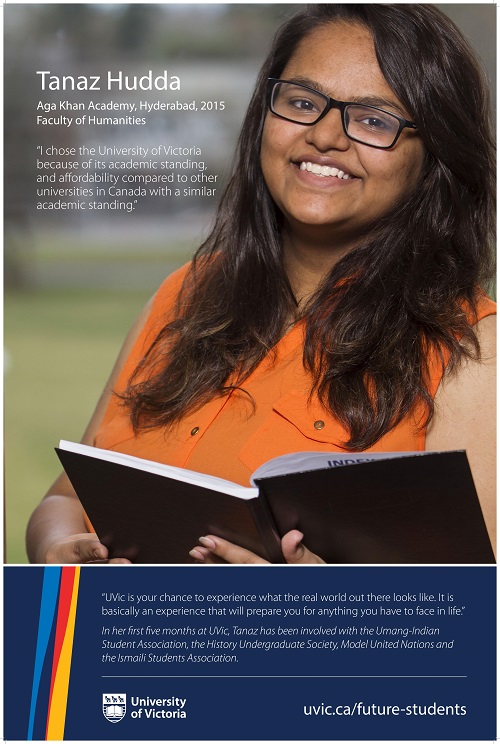
Tanaz Hudda currently acts as the new poster girl for the University of Victoria. She graduated from the Aga Khan Academy Hyderabad in 2016 and has just completed her first year of university in Canada.
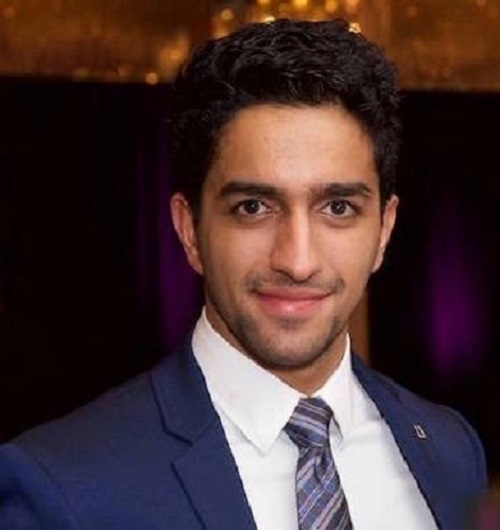
Aleem Mawji shares his journey of self-discovery, which began at the Aga Khan Academy Mombasa and continued towards creating tangible change.
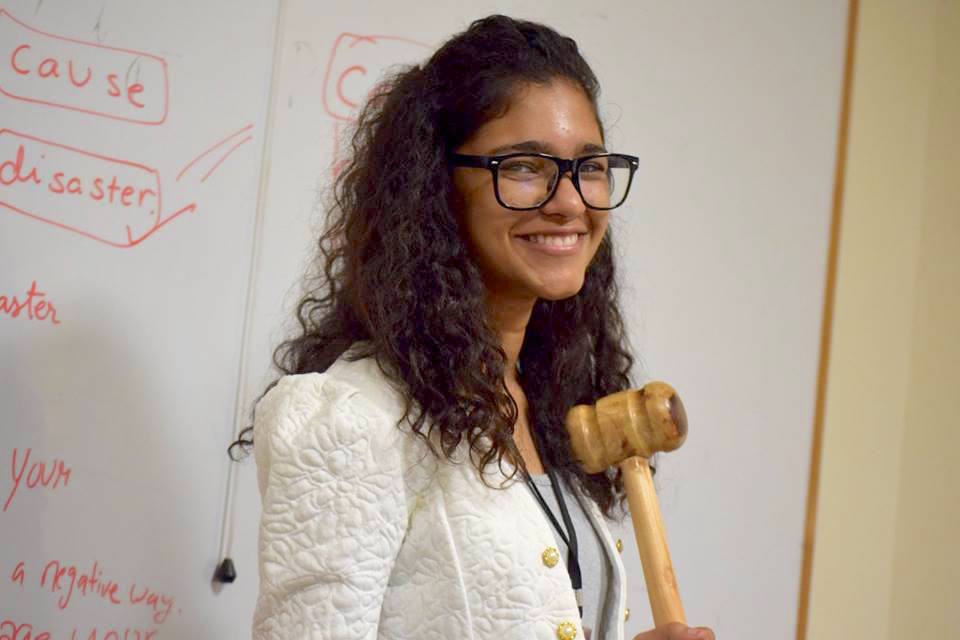
Khushboo Khoja has a strong passion for helping others which she developed during her time at the Aga Khan Academy Hyderabad. “I feel like my experience at the Academy was very significant as it made me realise that I am interested in working with social issues and trying to help communities,” she reflects.
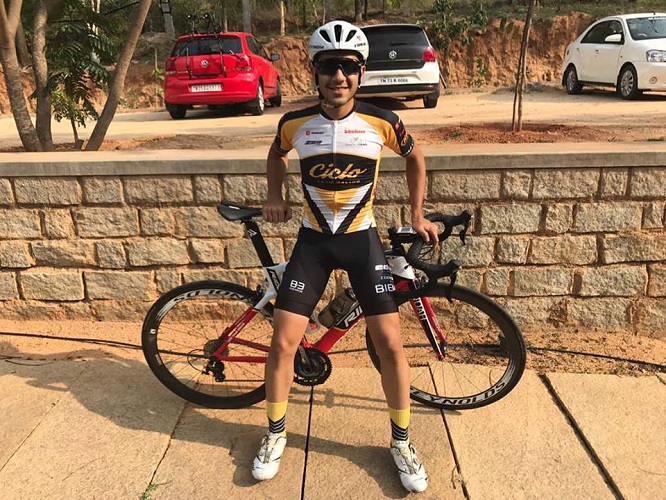
Aman Punjani graduated from the Academy in 2016 and took a gap year to pursue his career as a competitive cyclist. Today, he is the U-23 Telangana state champion.
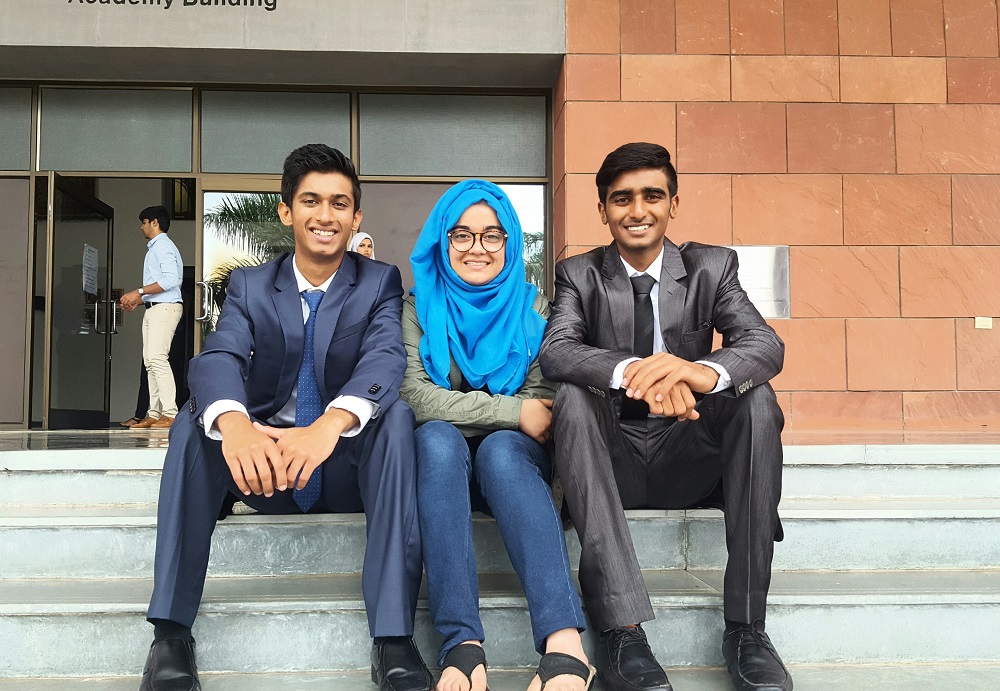
“Being part of an open-minded community that encouraged challenging what we were taught, the willingness to accept one another and inspire each other to grow constantly, was very refreshing. I credit these experiences for much of who I am today.” – Dania Quadri, Class of 2014
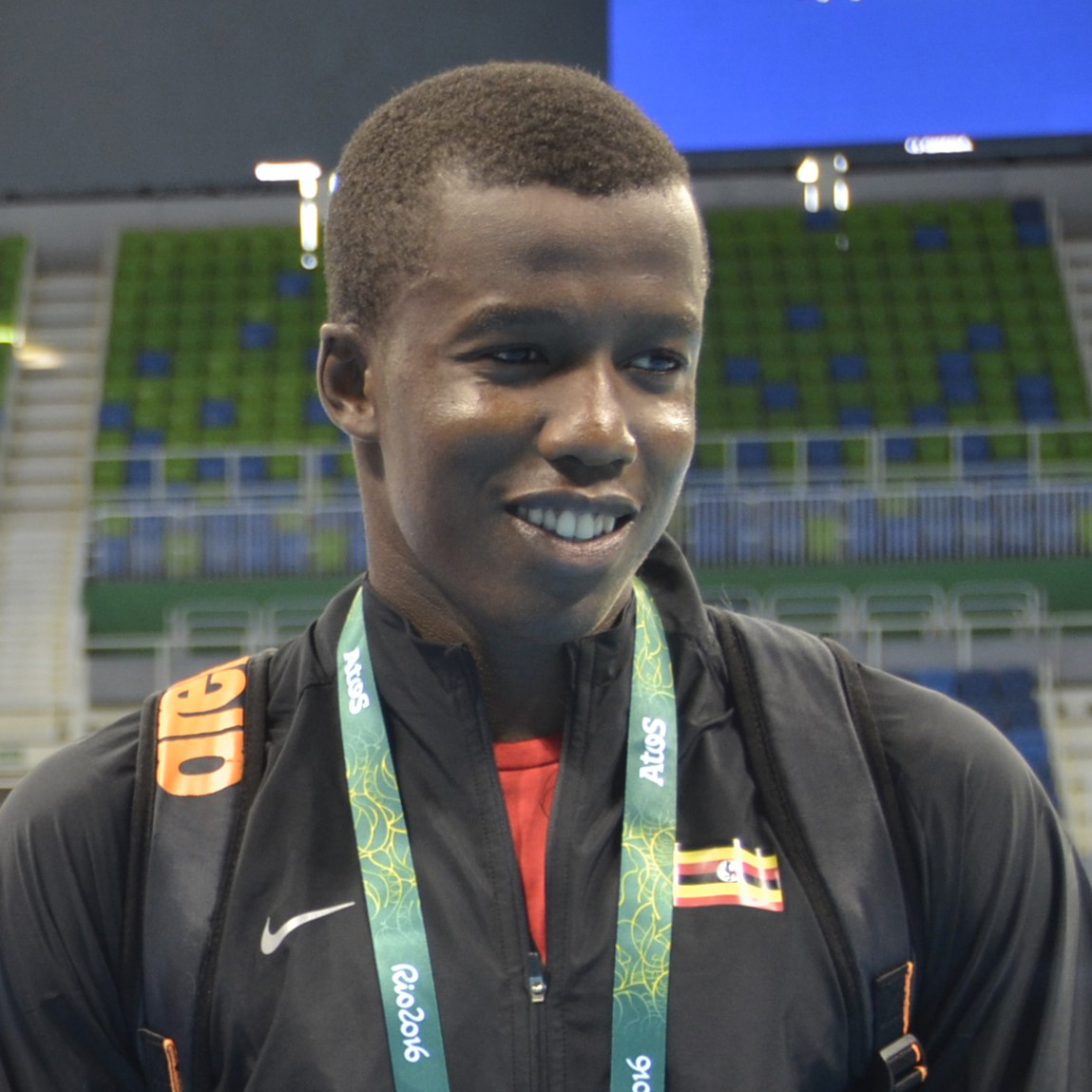
Aga Khan Academy graduate Joshua Tibatemwa swam for Uganda in the 2016 Rio Olympic Games. He credits the Academy with growing him not just academically but "as a person.” He plans to return to Uganda, saying, “If I want things back home to change, I have to work to be the change.”
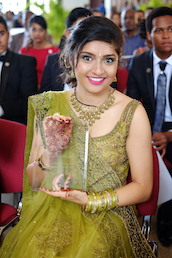
“I think that at the end of the day what everything comes down to is how we can be citizens of the world and how we can change the world that we live in to make it a better place for ourselves and children that follow us. And part of that also means giving back to your own community,” says Karishma Bhagani.
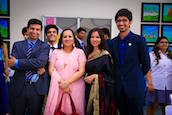
"The Academy is an environment that challenges and nurtures leaders who are fearless, courageous and stewards. I have always envisioned growing up to be one myself."
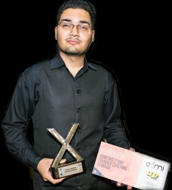
Kashyap Gohel, who graduated from the Aga Khan Academy in Mombasa, tells us about his experiences and how the Academies contributed his many accomplishments.
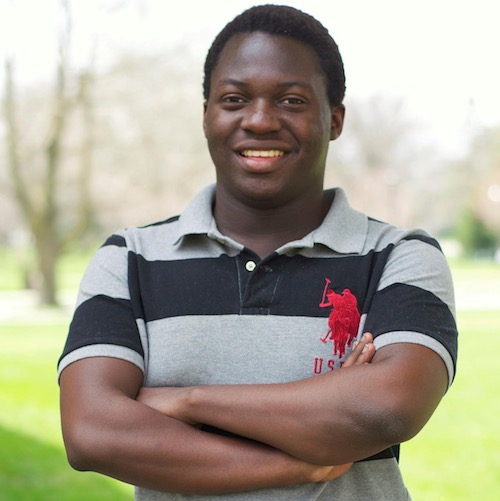
Ham Serunjogi, an alumnus of the Aga Khan Academy Mombasa, is a natural leader, bold thinker and team player. A recent graduate of Grinnell College in Iowa, Ham traveled widely before landing a job at Facebook. He has a passion for making connections that give back.
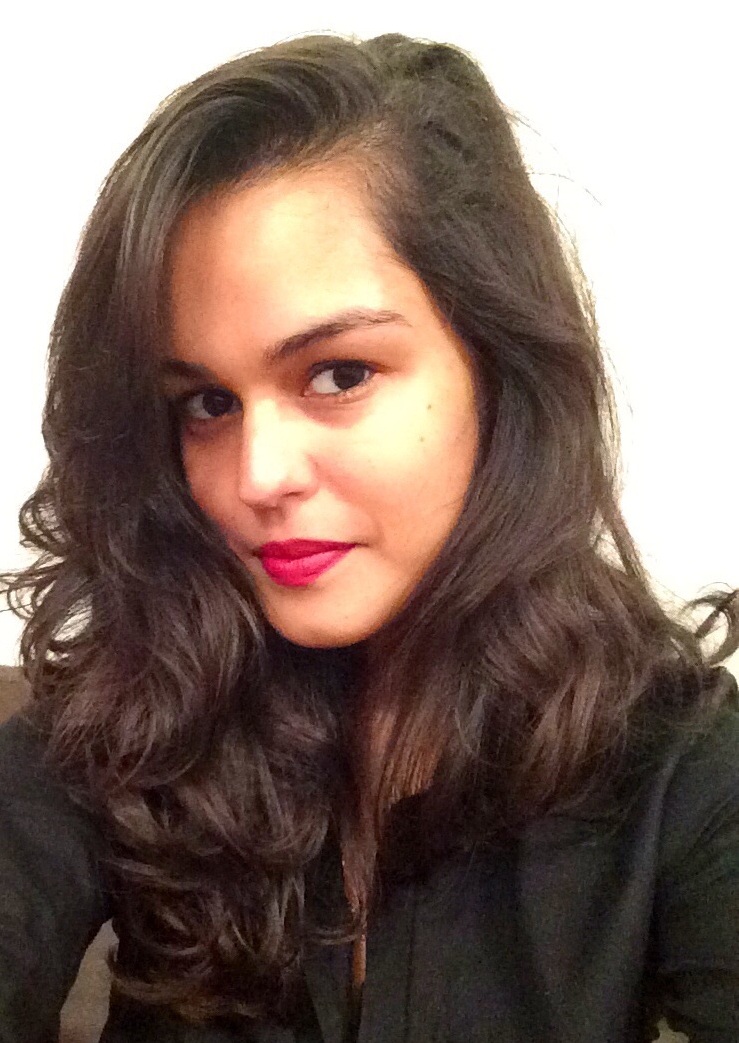
"There are a lot of values that the Academy instilled in me that I carry to this day. It has taught me the importance of being aware of the community around us as well as giving back to the community whenever possible," says Class of 2012 alumnus Fatema Sheikh.
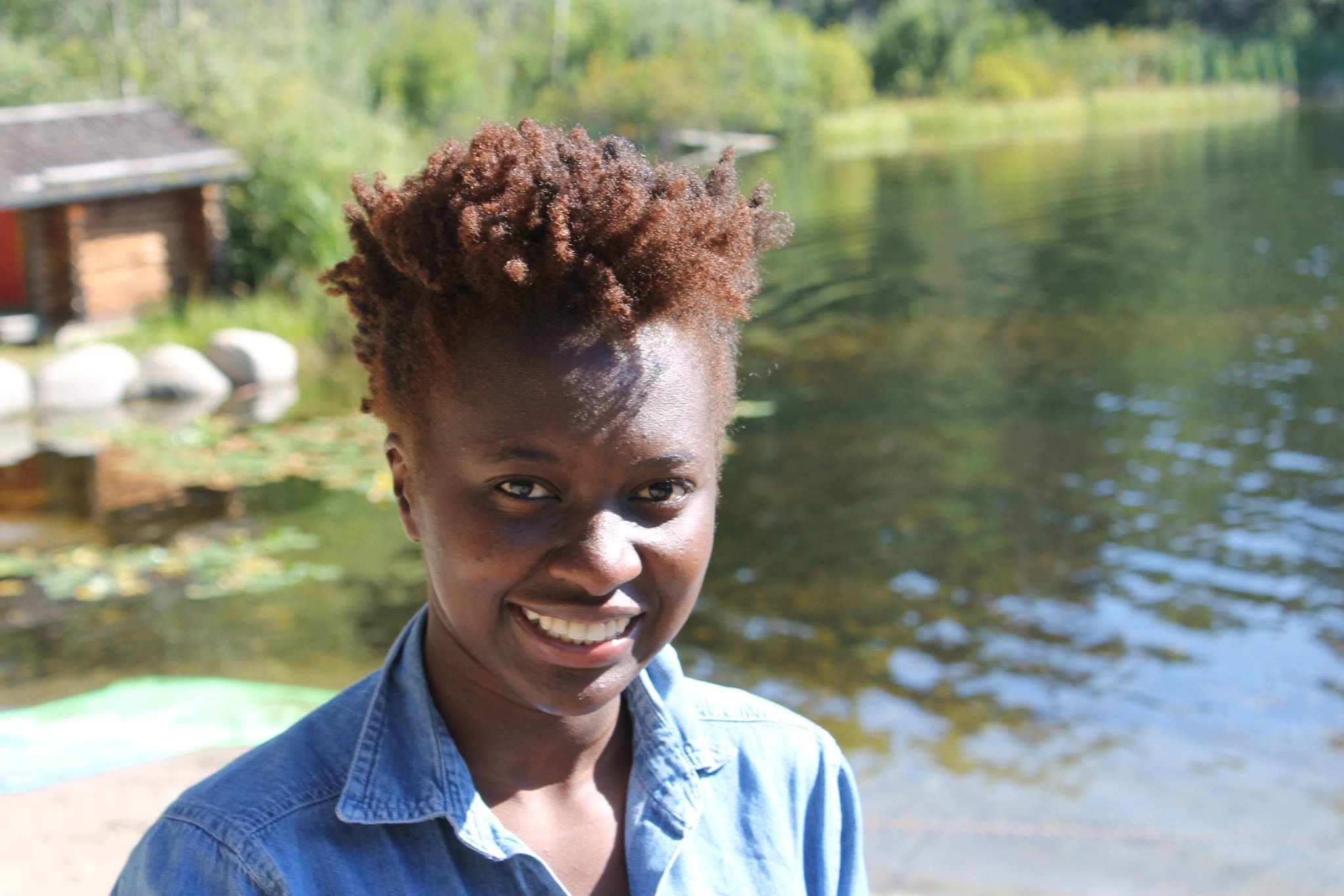
“I believe [Aga Khan Academy Mombasa] is where I shaped my values that I still hold to this day. It is also where I saw and felt the importance of building a community, no matter how large or small.” Indeed, the importance of these values to Mirabelle Arodi is obvious in her actions after graduation from the Academy.
Spotlights on Teachers
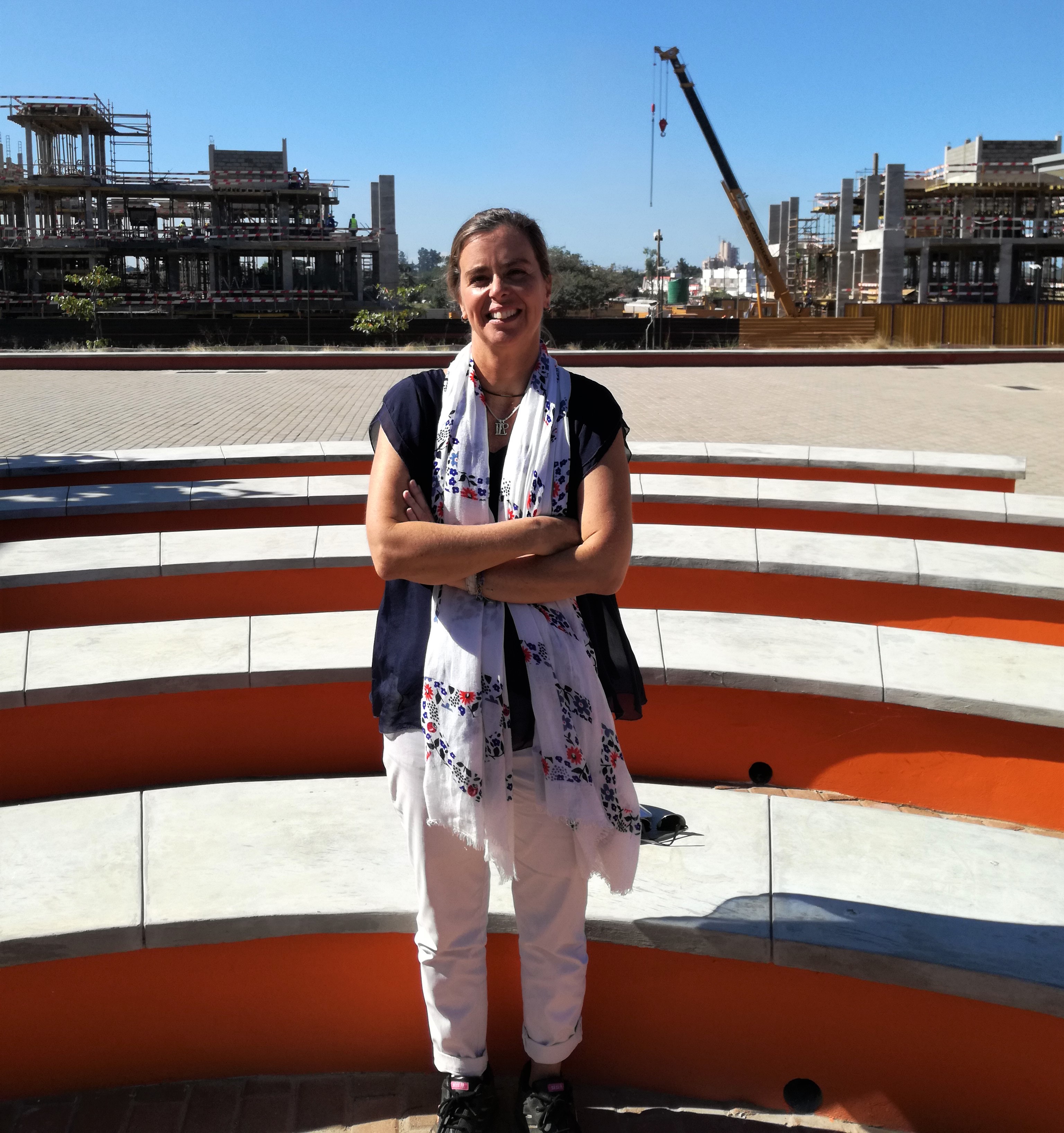
From the construction of the Aga Khan Academy Maputo’s very first buildings to some of its final facilities, Laura Ivens Brandão has been involved in the AKA Maputo’s development and expansion since the very beginning.
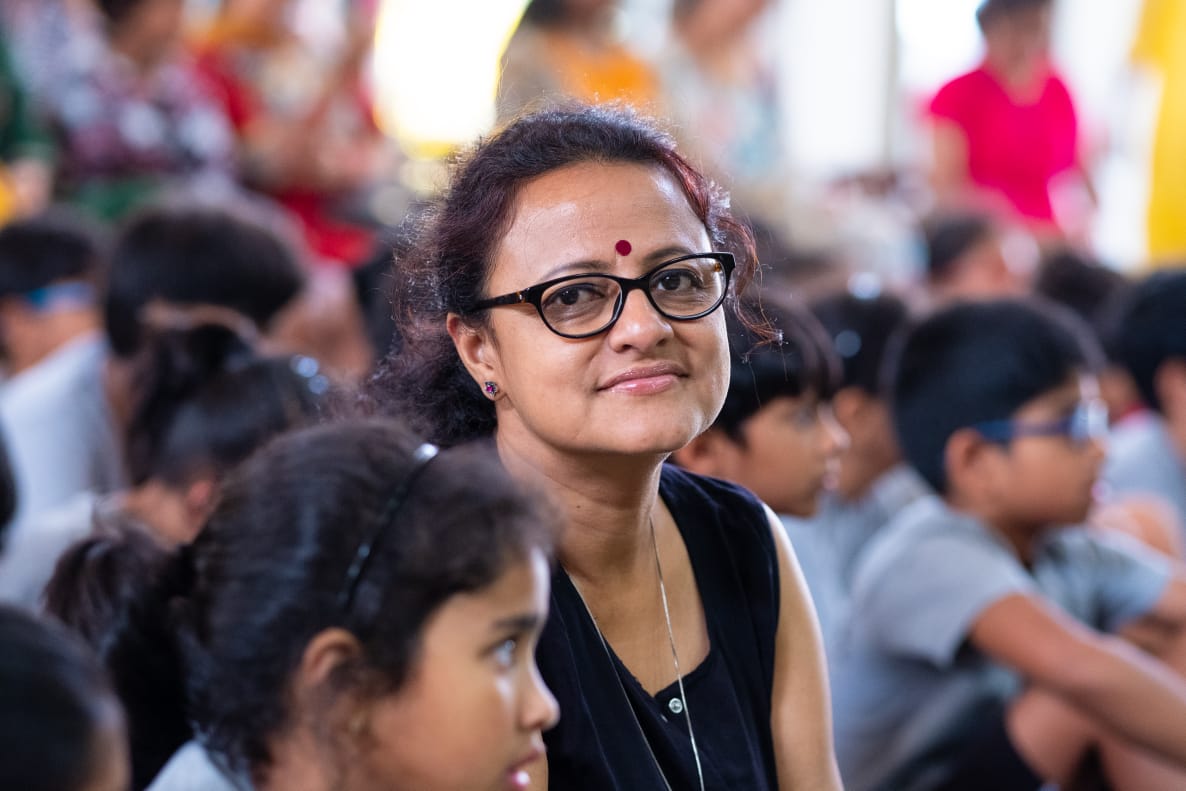
Laboni Banerjee recently celebrated her 10-year anniversary with the Aga Khan Academy Hyderabad as a Grade 3 teacher. Throughout her time, Laboni has seen the Academy grow in size through the number of programmes, students and staff, making the Academy a second home for her she is grateful to be a part of.
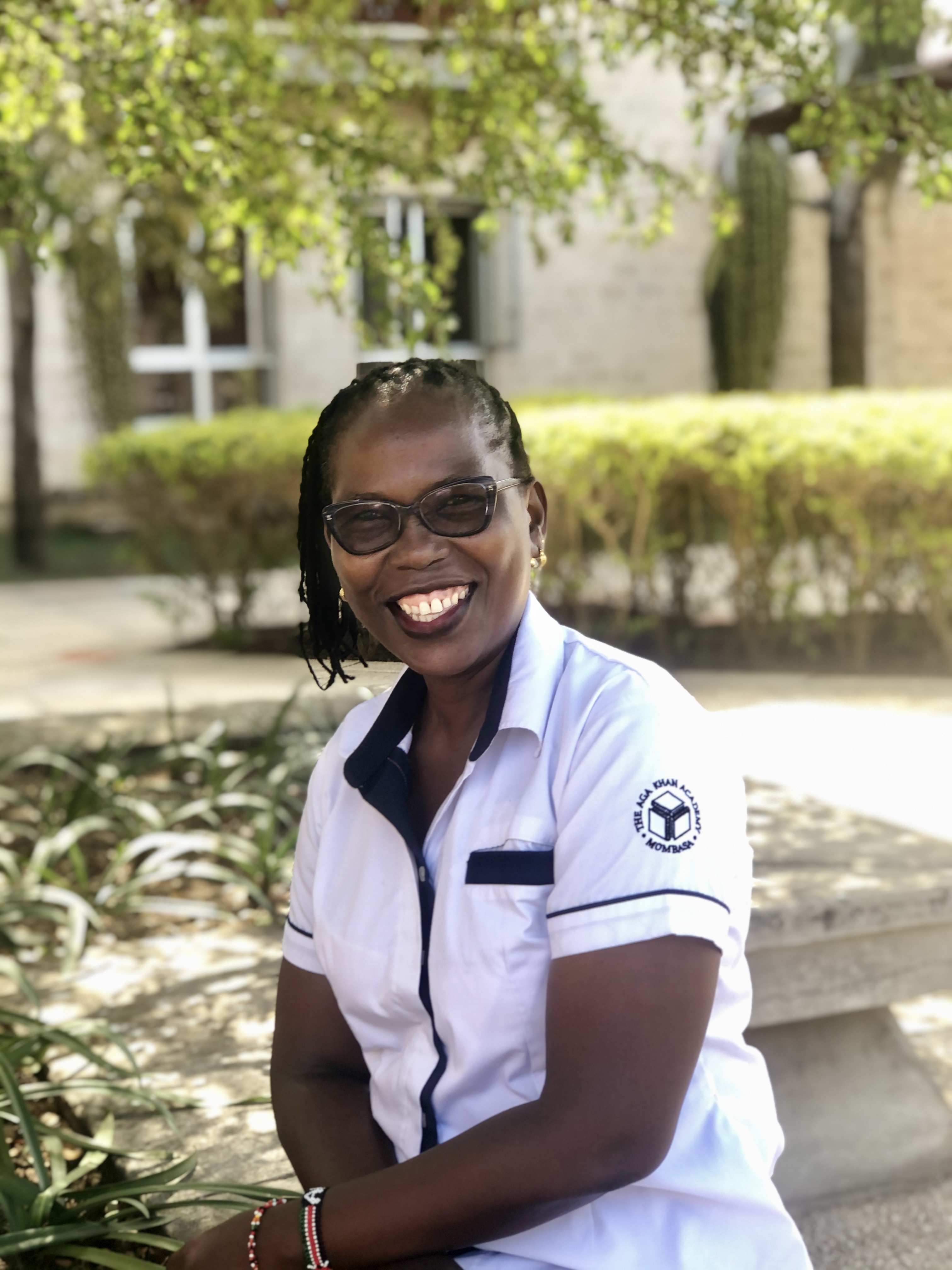
When Milka Gatungoh joined the Aga Khan Academy Mombasa in 2010 as the residential school nurse, she knew her experience was going to be exciting and fulfilling.

Since he joined the Academy in 2015, Titus has been a transformational leader. He is passionate about continuously developing effective teaching practices, thus giving students the best learning experiences. As he expresses, “There is no greater joy than nurturing young learners and witnessing them grow into more responsible, reflective and increasingly independent individuals.”
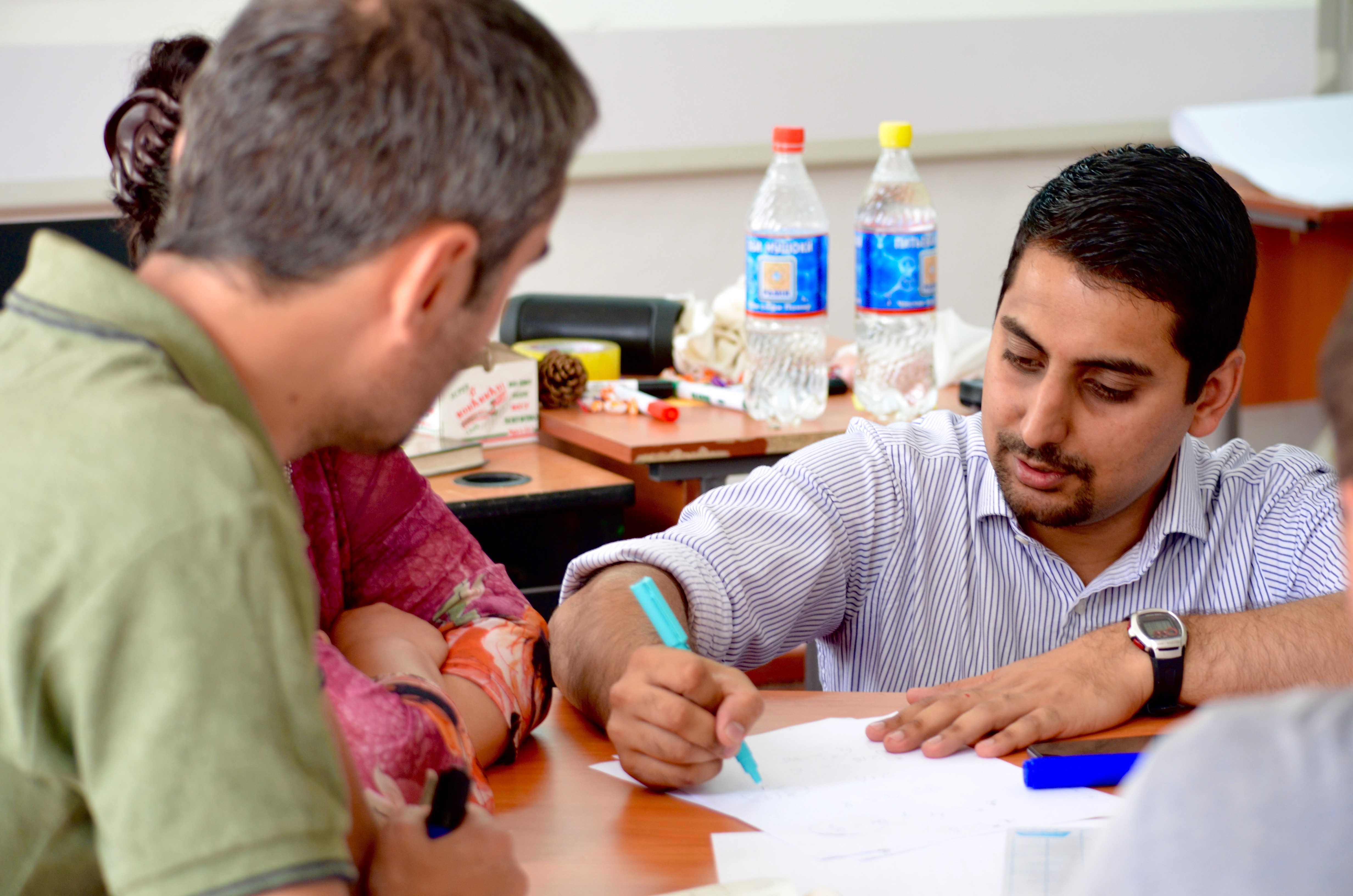
Joining the Academy virtually for the new academic year 2020 - 2021, our new Senior School Principal is excited to provide support to our teachers and collaborate with them in order to make as big an impact as possible as a group.
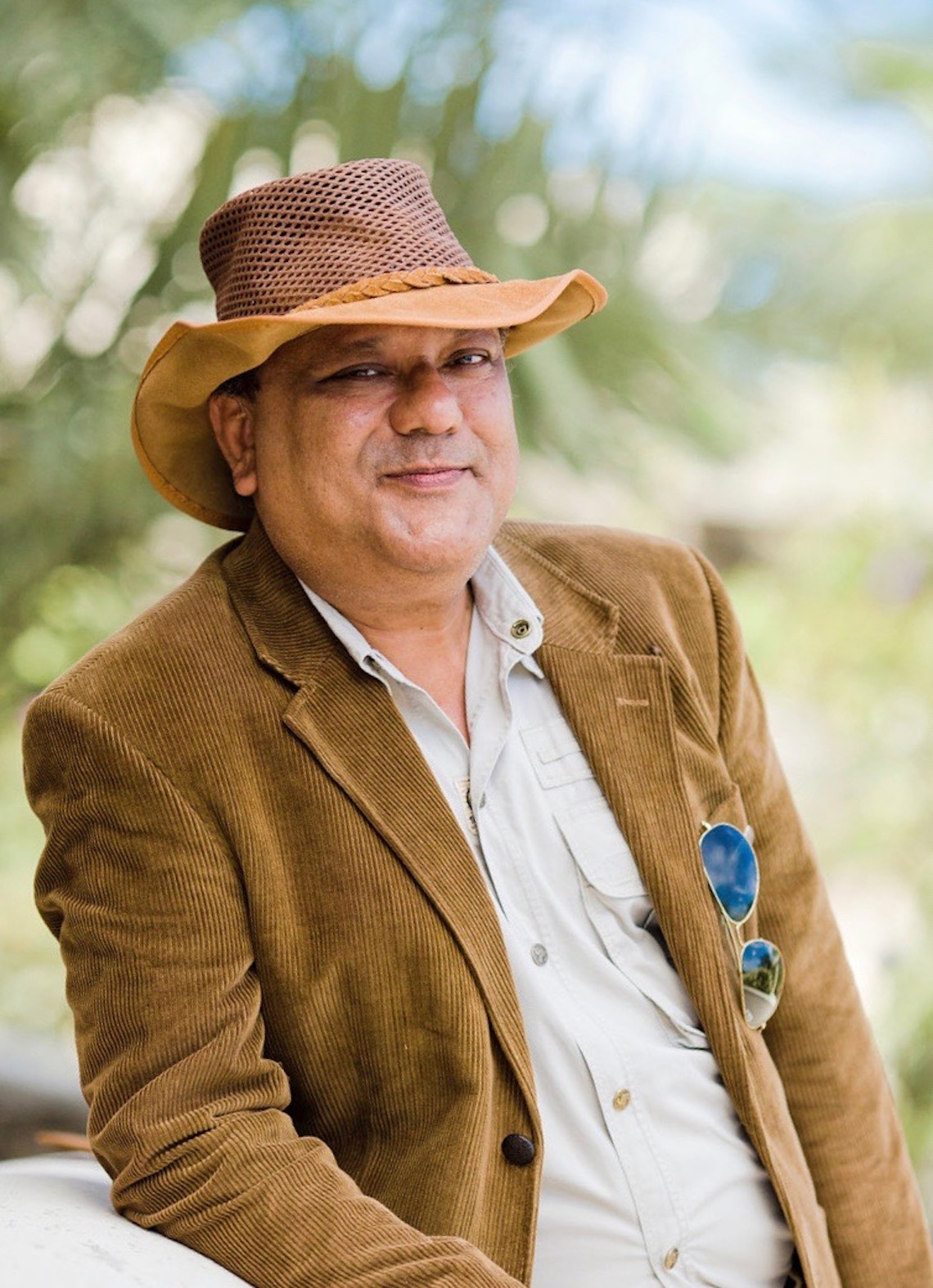
Shouquot Hussain was born and raised in India and has been the Vice Principal of the Diploma Programme (DP) at the Aga Khan Academy Mombasa for seven years.

During her time at AKA Mombasa, Samantha Caras has transformed the University Counselling department by providing numerous resources to students and helping them apply to different universities around the world.
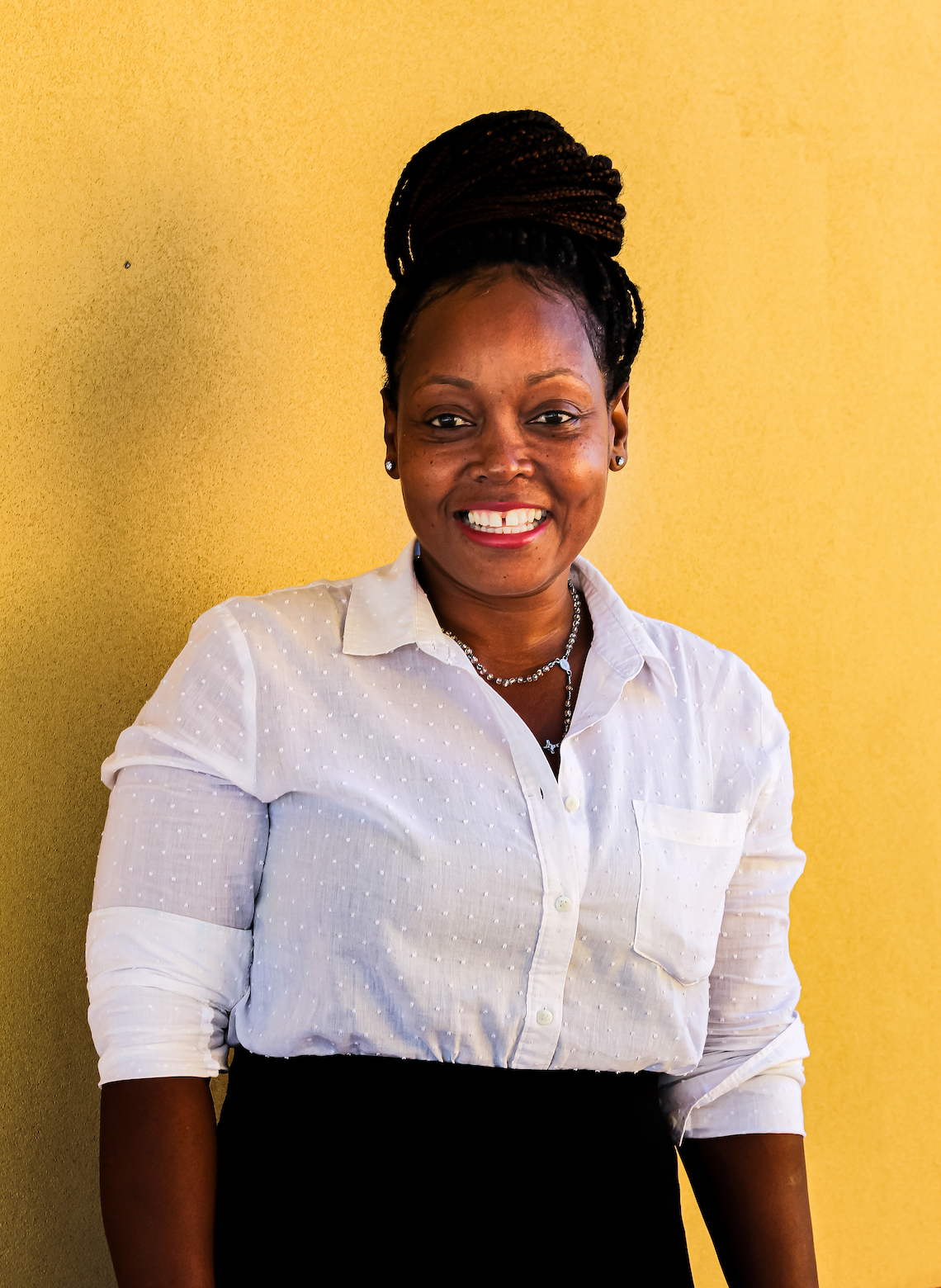
Participating in theatre and drama activities helped Rosa Jorge from a very young age. It gave her the courage to break out of her shell and now she wants to empower her students at the Aga Khan Academy Maputo with the same tools to become well rounded individuals.
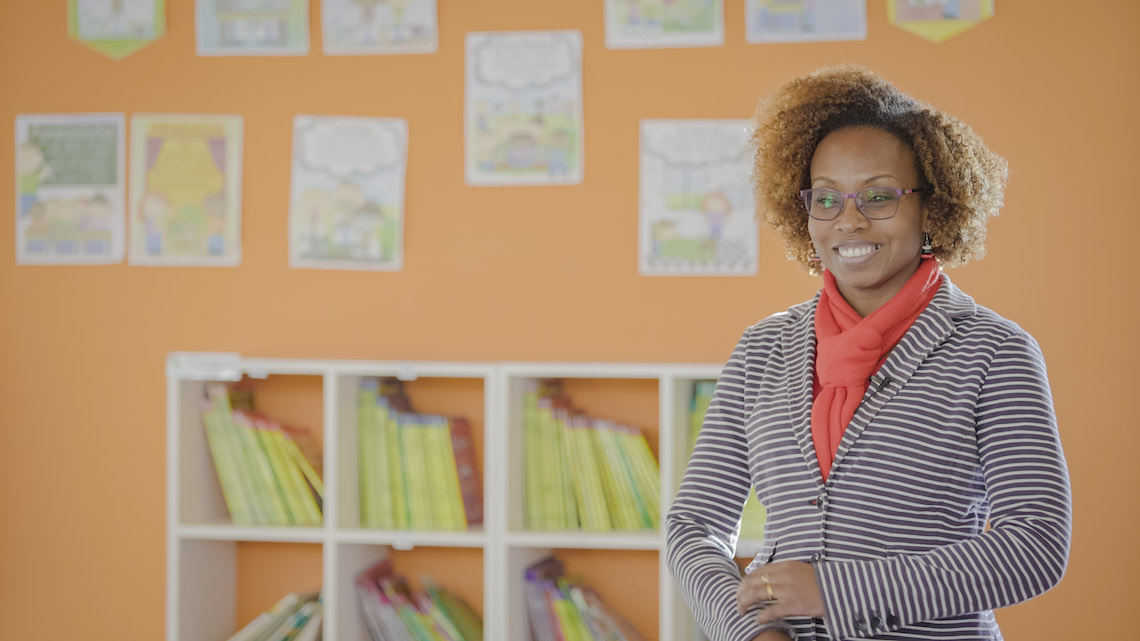
Throughout the course of her teaching journey, Adilia Cabral has valued the importance of inclusivity in creating an engaging and fruitful environment in the classroom. She shares details of her evolution during her time at Aga Khan Academy Maputo.
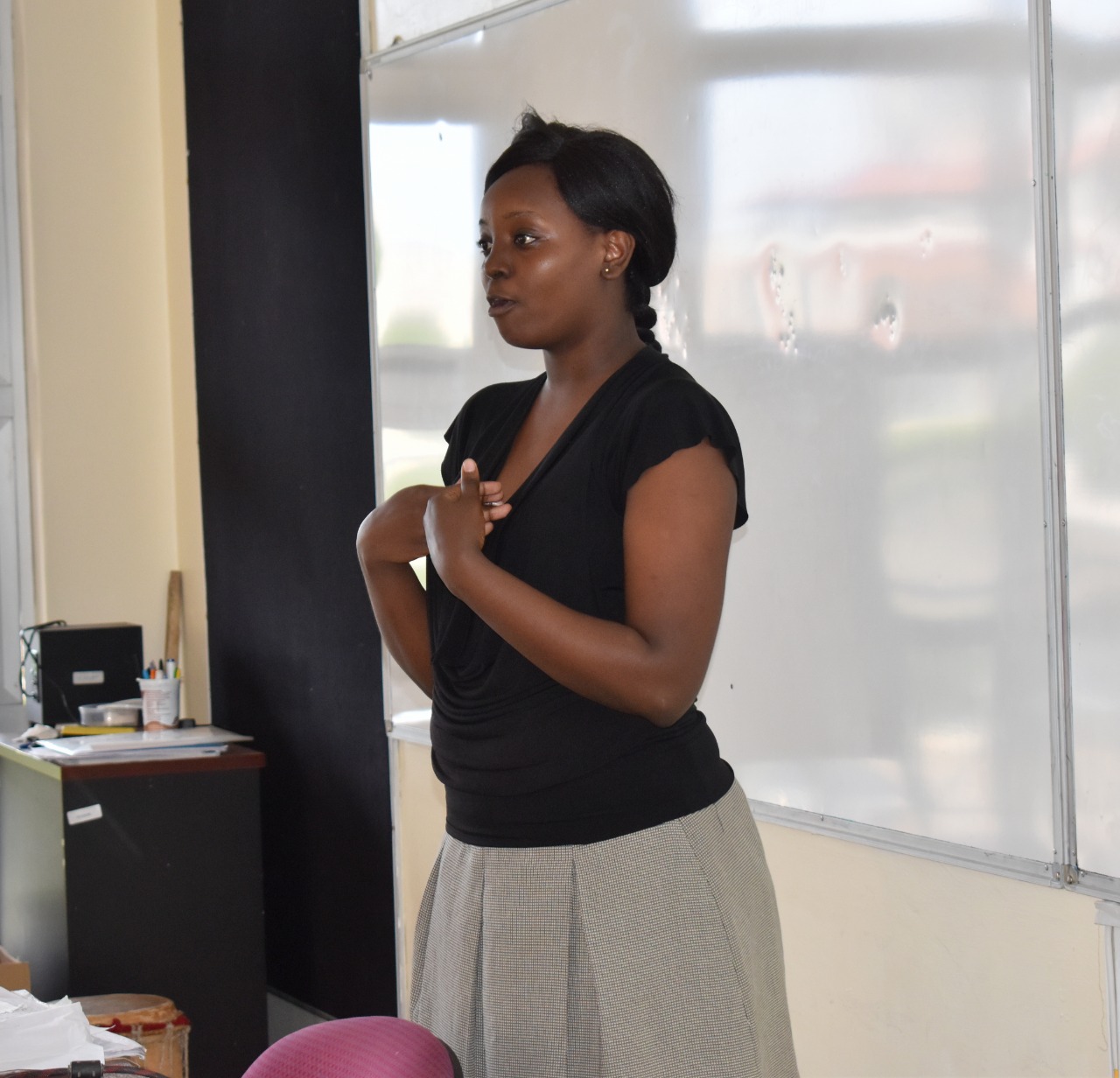
Fiona Makena Kinyua graduated from the Teacher Preparation Programme at the Aga Khan Academy Mombasa in June 2019 and is taking classrooms by storm, one student at a time.
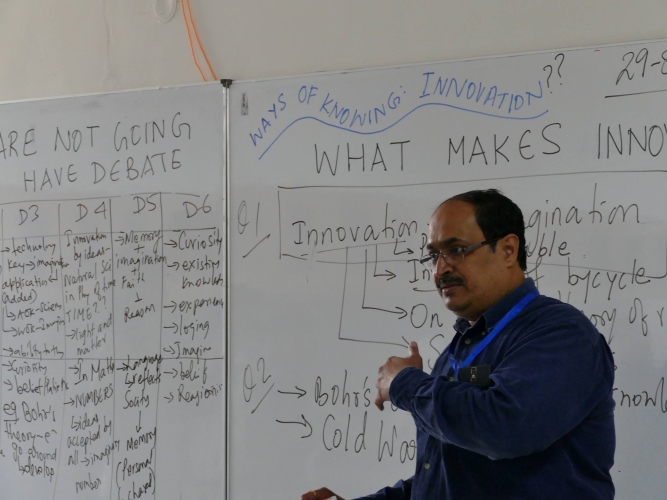
Sincere, kind and down-to-earth. These are some of the words many at the Academy have repeatedly used to describe the Diploma Coordinator of the Aga Khan Academy Hyderabad.
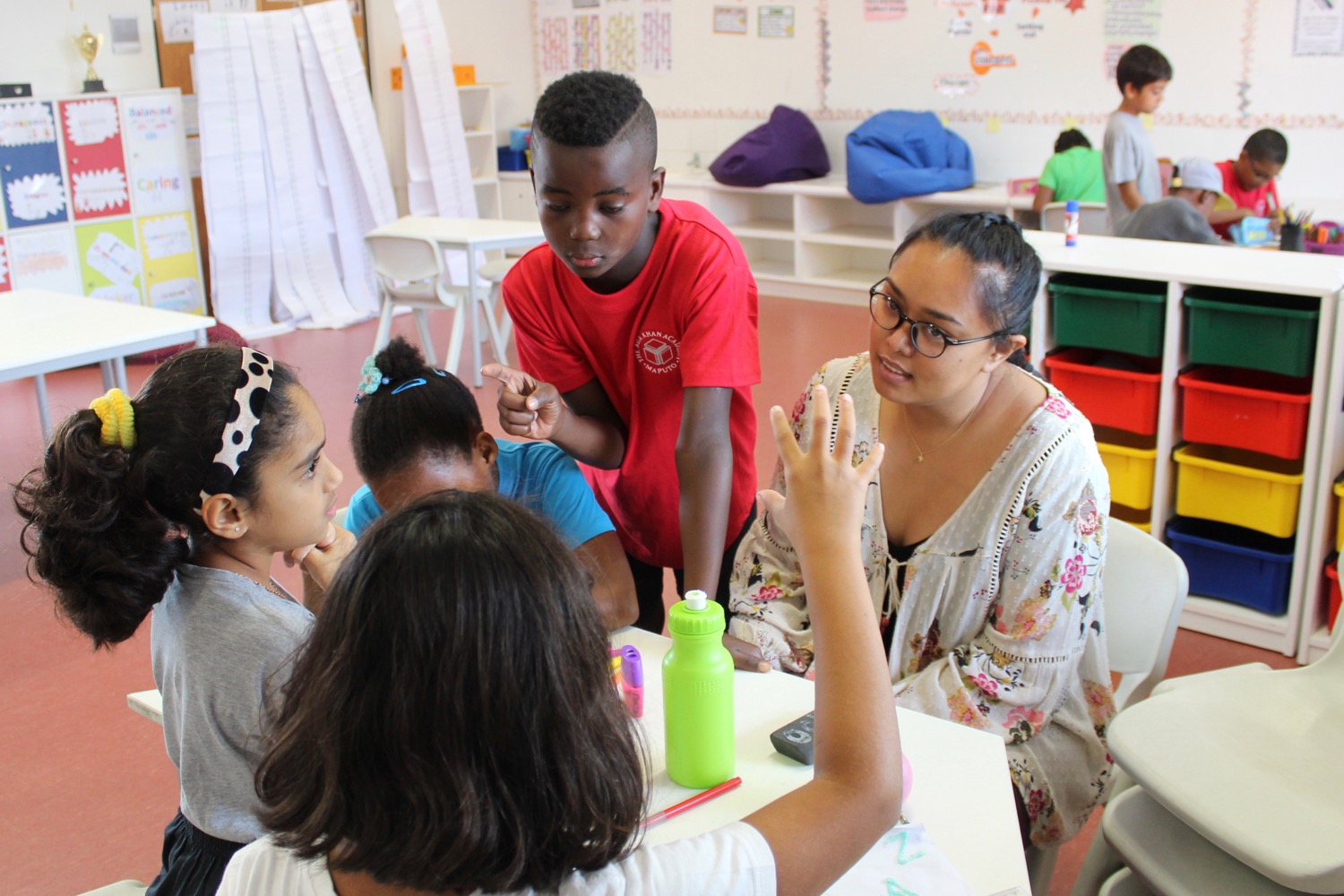
For Idah Khan O'Neill, PYP Teacher Coach at the Aga Khan Academy Maputo, having the opportunity to join the Academies network and help realise His Highness the Aga Khan's vision for education in Mozambique is a privilege, as she shares: “It is my mission, in my capacity as a Teacher Coach, to be able to help realise this goal through play and creativity with regards to the way we teach and learn.”
For the Middle Years Programme (MYP) Coordinator, Rebecca Nichols, the sky is the limit when envisaging the future of the Aga Khan Academy in Maputo, Mozambique. More importantly, in her eyes, how the Academy keeps growing, shaping and expanding its role in the country and beyond must lie in the hands of students.

By using mentorship and seeing the potential in all of her students’, Harriet Chadwick, a Humanities teacher, helped her students understand and appreciate Humanities, while also encouraging them to become leaders.
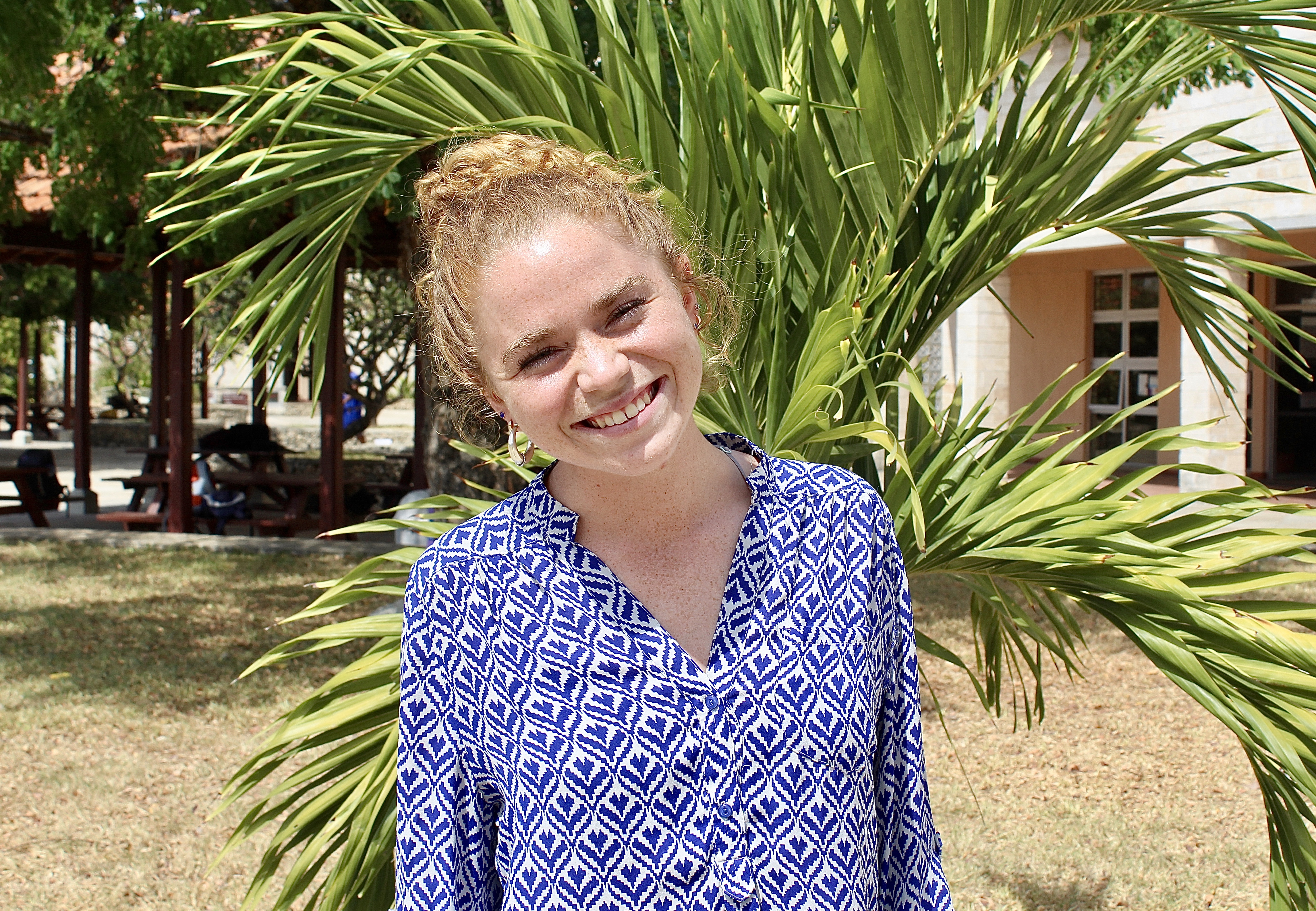
With a community-centered and open-minded mindset, Clare McLaughlin, an Academy fellow, promoted new ideas and programmes, which enabled the Academy to grow in many ways.
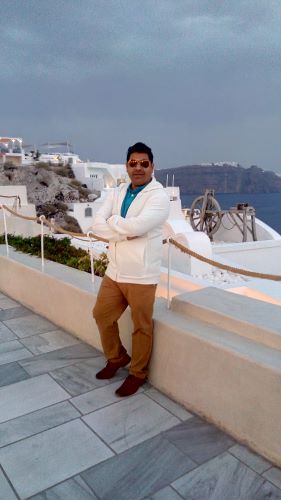
Ajey, who holds several specialist degrees, ultimately found his calling teaching French at the Aga Khan Academy Hyderabad. “The unconditional love and acceptance I receive from my students is the best testimony to my professional accomplishments,” he says.
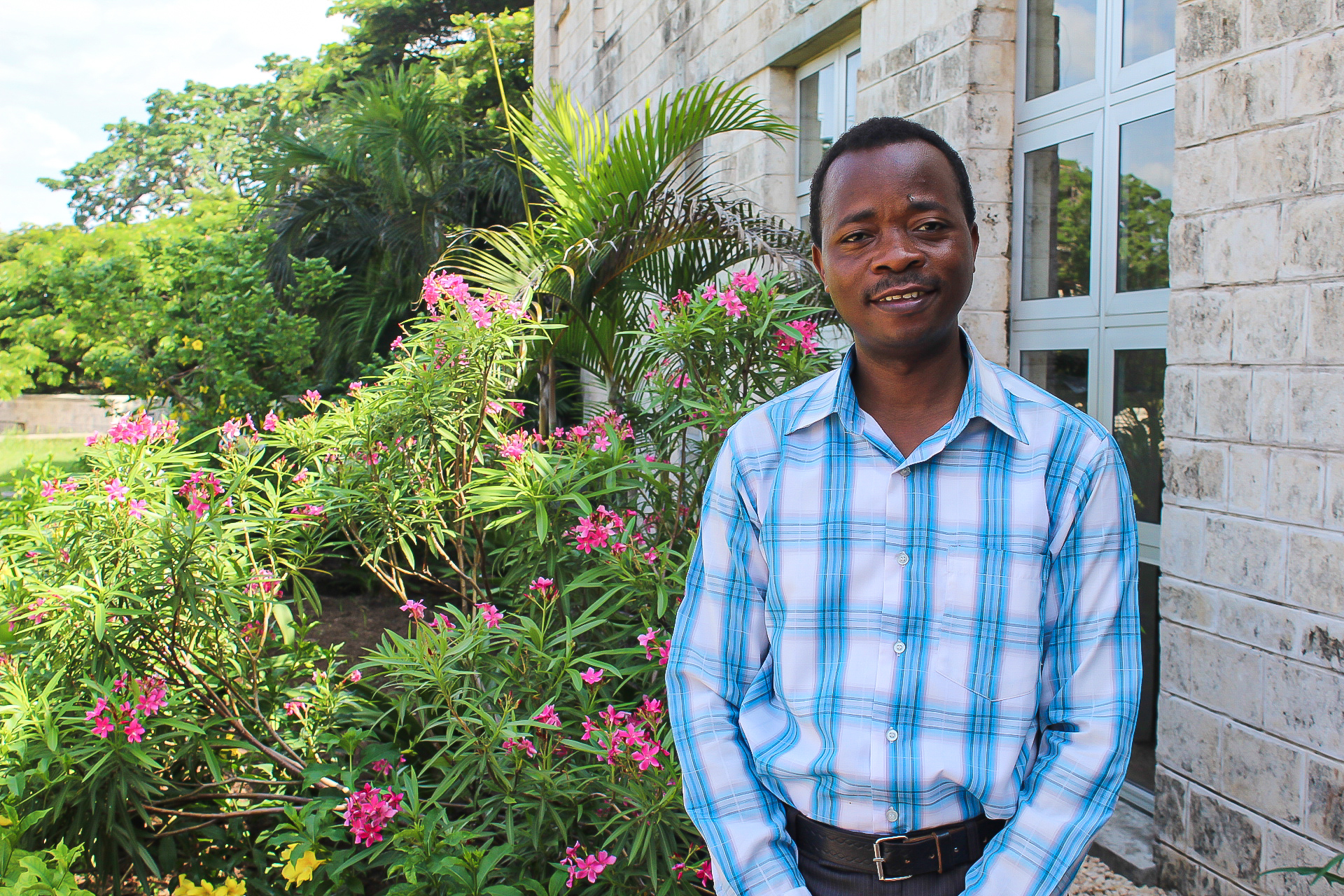
With the support of his colleagues, Stephen Nyundo, a Mathematics teacher and head of the department, has helped students implement strategies to help themselves and others in Mathematics.
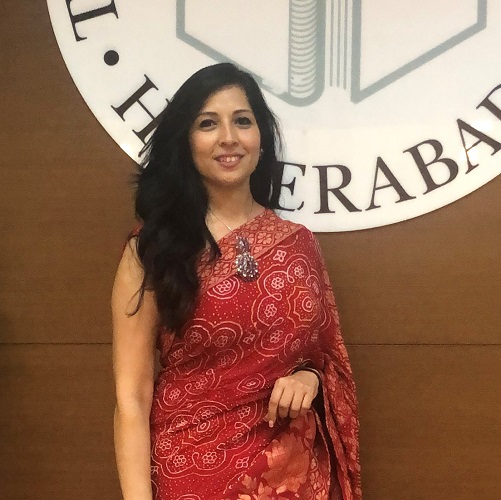
“When we started out, we knew we had to set the standard for what the future would hold. The vision and the philosophy of His Highness the Aga Khan has been taught to us since when we were children; to see a culmination of this in the form of a school that aspires to raise leaders of tomorrow was immensely gratifying."
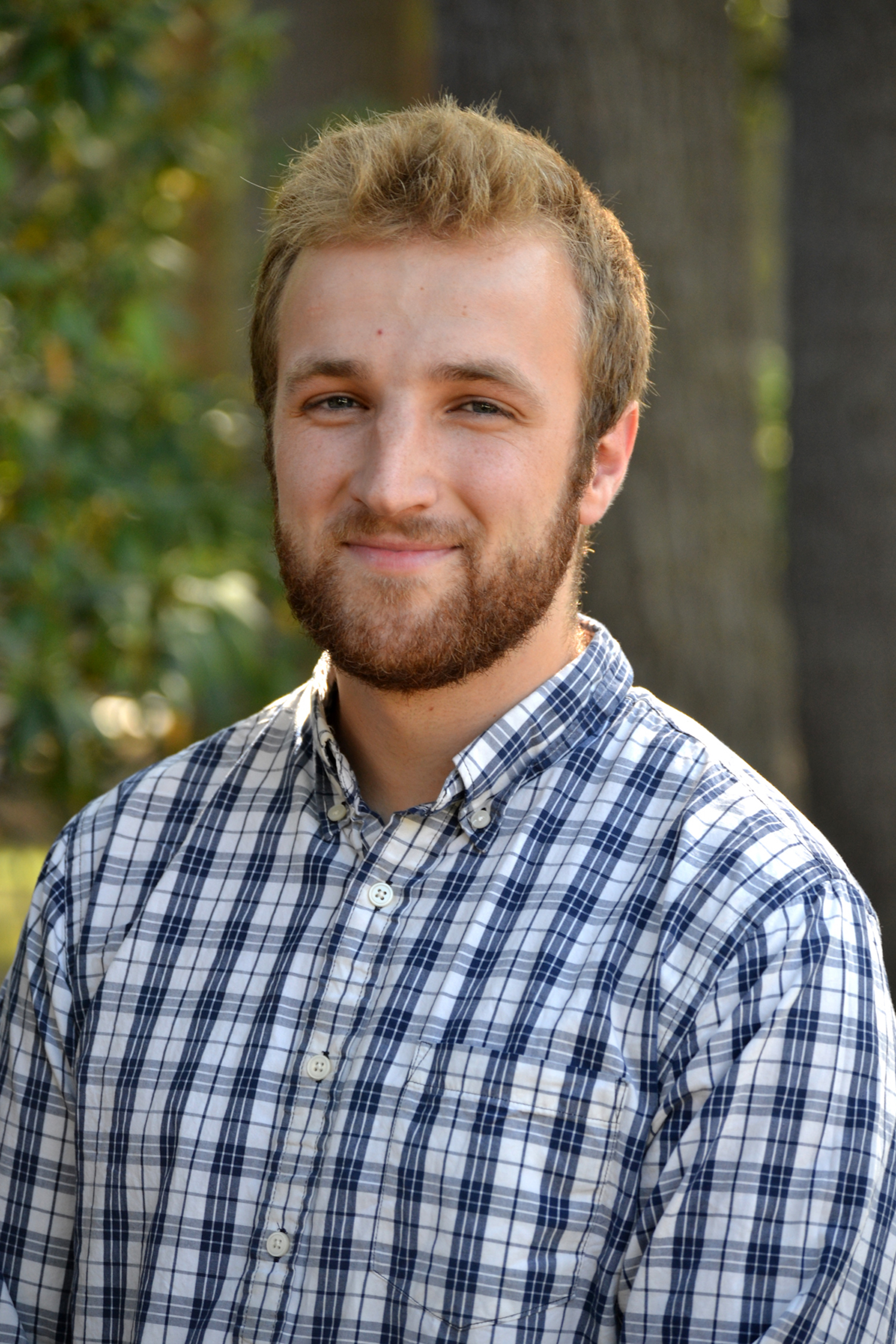
Throughout his time at AKA Mombasa, Ryan Herman, an Academy fellow, has worked on various projects and programmes at the Academy, all aimed at helping students realise their academic potential and more.
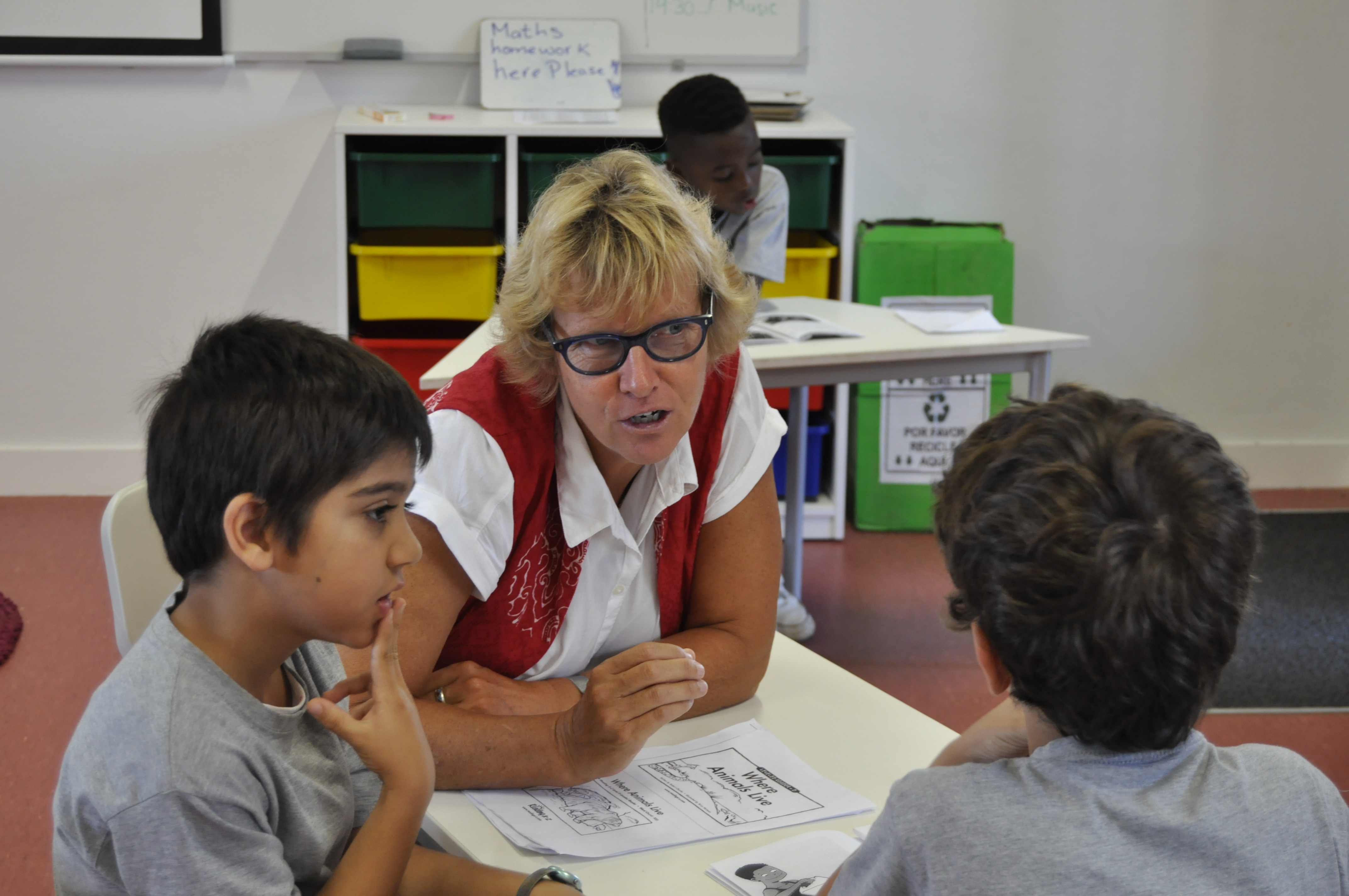
Ask Maike Silver, Junior School Principal at the Aga Khan Academy in Maputo, Mozambique, what attracted her to teach at the Academy. “The vision and mission of the Academy,” she states simply. “The vision to inspire young people into becoming future leaders of their countries. To actually have the ethical persuasion to make a difference in the lives of their countrymen.”
Anjum Budhwani always wanted to teach at the Aga Khan Academy Hyderabad, and since she got the job seven years ago, every day of work has been special. “Compassion builds a strong relationship between teacher and student,” she says.
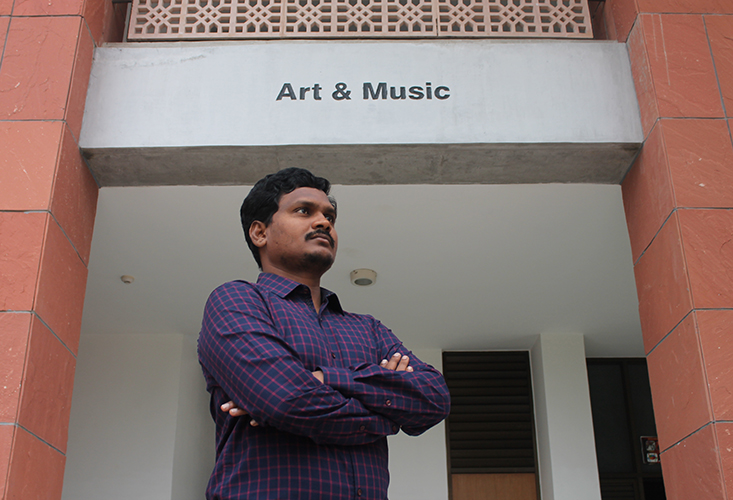
“I had the freedom to run and develop the department,” Chandra says, of being the first drama teacher at the school. “I have used this freedom to develop the students’ abilities in acting, communication, confidence, creativity and thinking skills.”
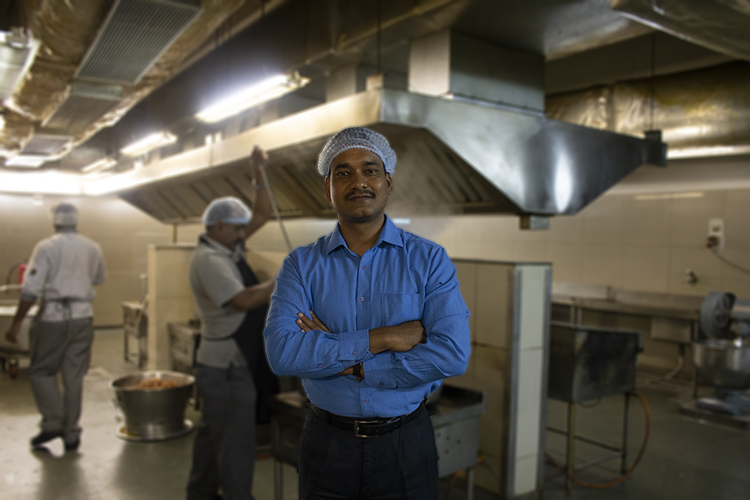
AKA Hyderabad catering manager talks about his experiences as an artist, an army man, and a chef. “A person can be responsible and efficient towards his job only when has known himself,” he says.
Students Cinzia Torriani (year 10) and Alisha Doshi (DP1) interviewed Alison Hampshire, the new Head of Academy at the Aga Khan Academy Mombasa. They discussed important themes in education, passions, dreams and life lessons.
They should always feel that I’m there for them, no matter the situation, or condition or time of day. You have to tailor yourself to the needs of the students... I change myself, as per their needs.
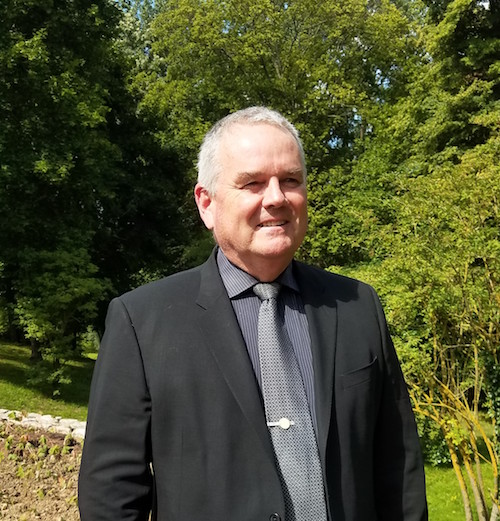
Jonathon Marsh has system-wide responsibility for teacher development at the Aga Khan Academies network and has worked for the Academies for the past 10 years. In this interview, he shares the highlights of his position at the Academies, and reflects on how the Academies are unique from other educational institutions: "I see the profession of teaching as critically important to the health and ongoing development of any society. As such, I can think of no better way to contribute to the betterment of humanity."
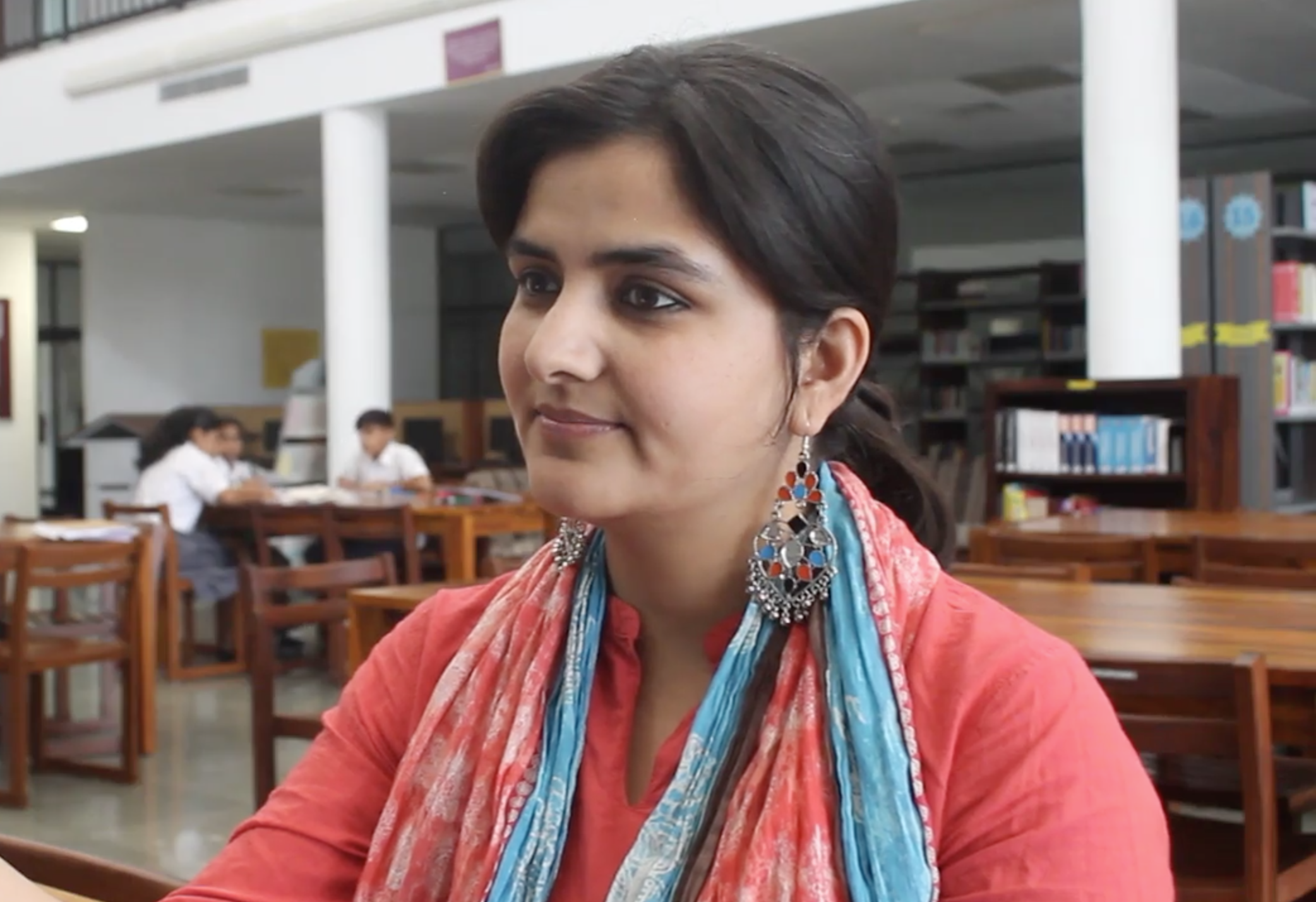
The Teacher Preparation Programme (TPP) is one of the Aga Khan Academies’ landmark teacher development initiatives. In this interview with Kamini Menon at the Aga Khan Academy Hyderabad, TPP participant Maryam talks about the TPP’s unique aspects and her experience with the programme.
Pinto, a teacher at AKA Maputo, shares: “I chose a career in teaching because I like to share what I know with others, especially young people, to help them to overcome the challenges in life. Being a teacher is like taking care of something special, so I decided to take care of that special thing, walking together in order to discover the world around us.”
Inner delight and the satisfaction obtained from working for a cause are the rewards I seek from my work.
Sumeya Taquidir shares, “I am conscious that learning is a continuous process; every day we learn something new [which] makes me more curious to learn new things. That is why we have to be creative and dynamic teachers.”
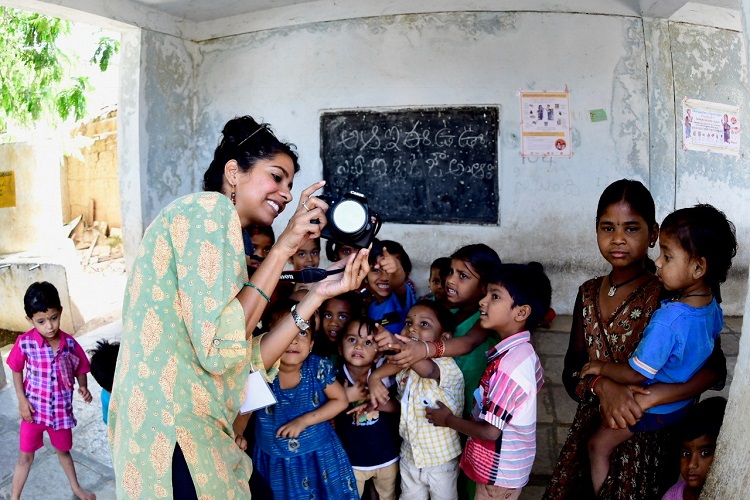
“I have always been inspired by the philosophy and implementing agencies of the Aga Khan Development Network, and it brings me great joy to have found a way to realise that career aspiration."
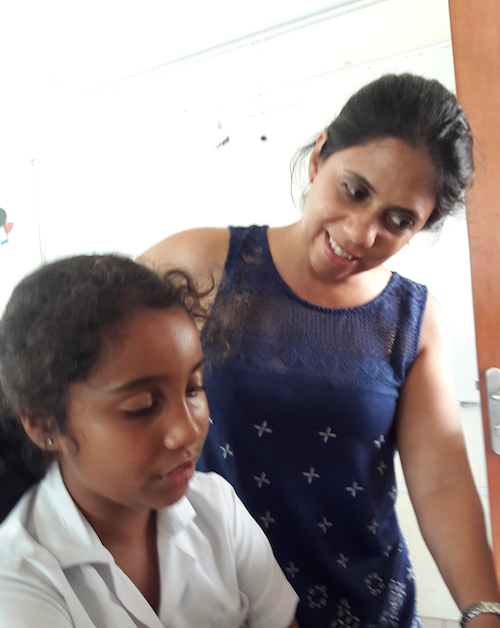
Nuala, the Learning Student Support Coordinator in Mombasa, endeavours to improve social outcomes through strategic planning and capacity building at the local government and community level. She explains her role, her journey and the culture of pluralism at the Academies.
Bernardo learned from the Aga Khan Academies that knowledge cannot just be seen as something that starts and ends in a classroom, but that knowledge should also be applicable outside the classroom to solve real problems in real life.
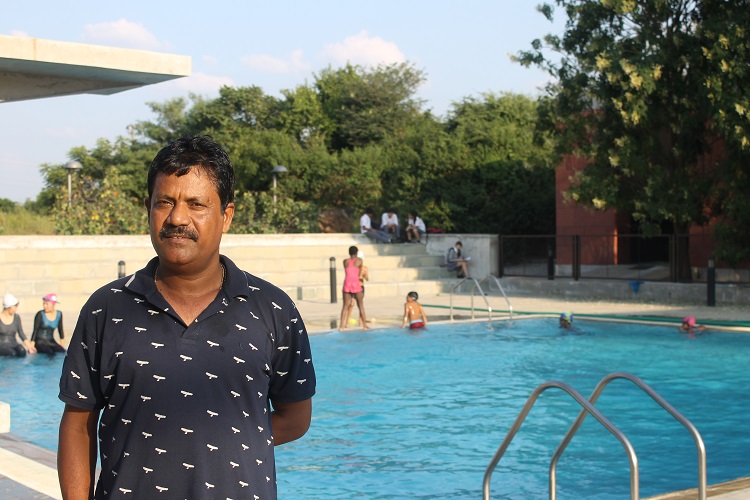
“It’s been a great pleasure to share my previous teaching experience here at the Academy,” commented Surendra. “The Academy is filled with enthusiasm when it comes to sports, particularly swimming.”
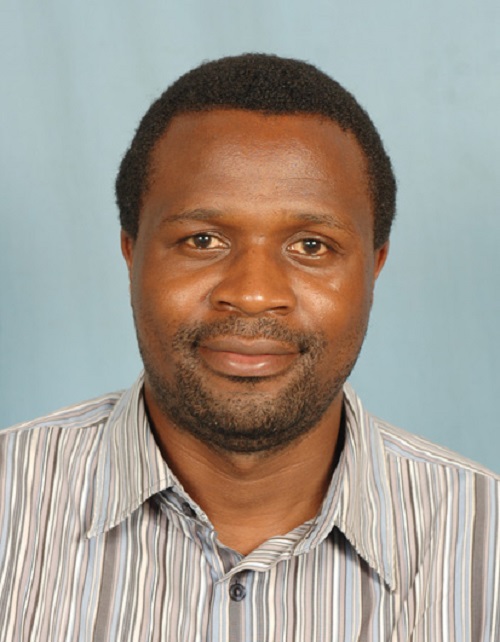
“I wake up every morning and look forward to seeing my students in class.”
Courageous and confident, Maria Atalia Matola travelled out of Maputo, Mozambique for the first time in her life to teach at the Aga Khan Academy in Mombasa, Kenya as part of the Aga Khan Academies’ Teacher Preparation Programme (TPP).
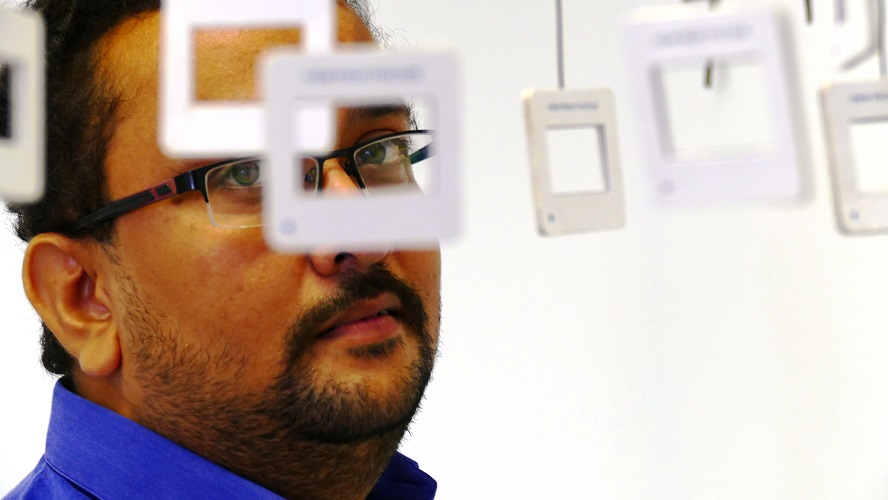
"What one must paint is the image of resemblance—if thought is to become visible in the world" - Rene Magritte.
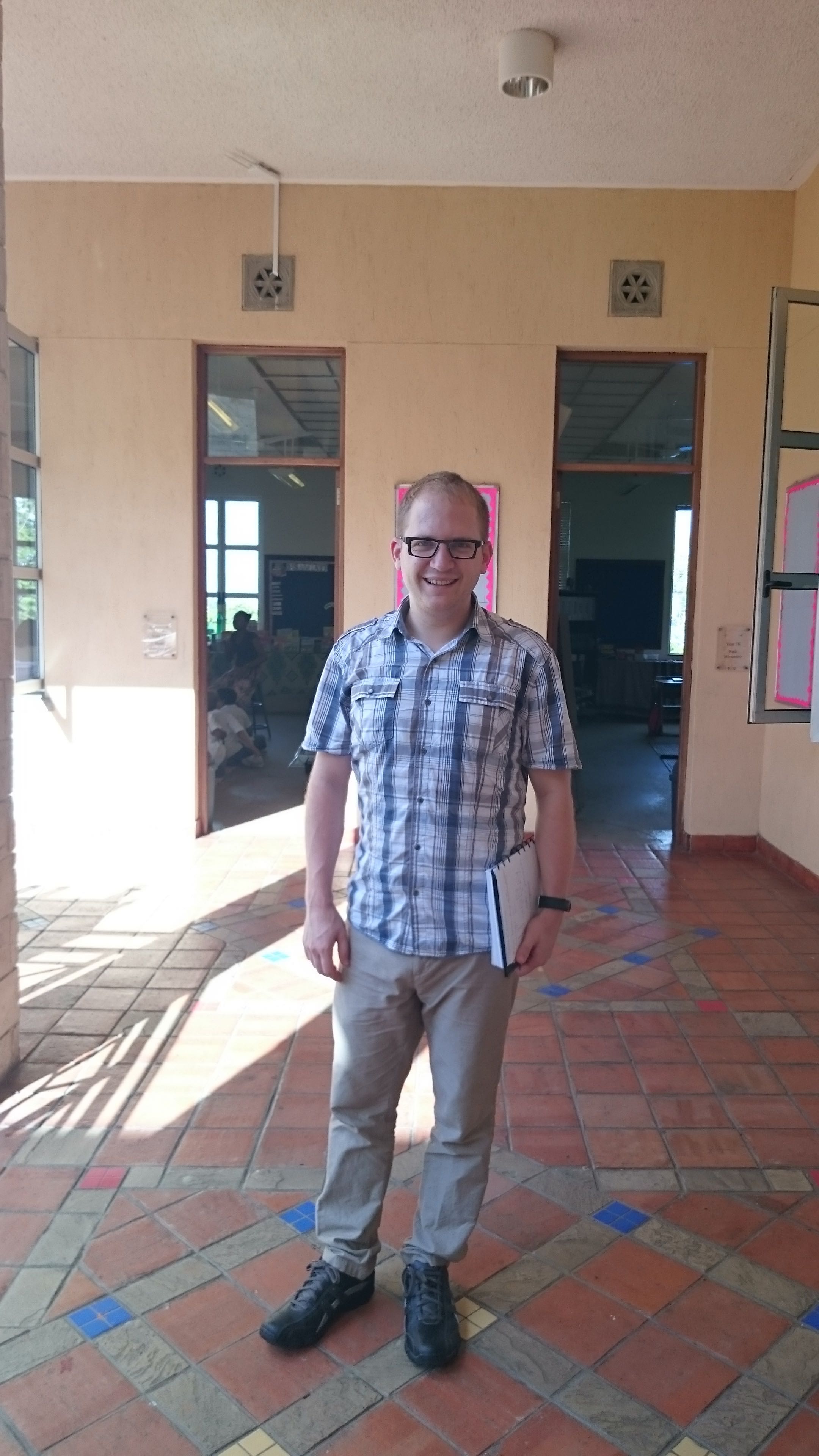
“I have had the opportunity to grow and learn as both an educator and an individual through my interactions at the Academy and through daily life in Mombasa," reflects Andrew Jones, a teacher seconded to the Aga Khan Academy Mombasa from Ontario. After his time at the Academy in Mombasa, Andrew has gained insight into three best teaching practices that he will share in Ontario.
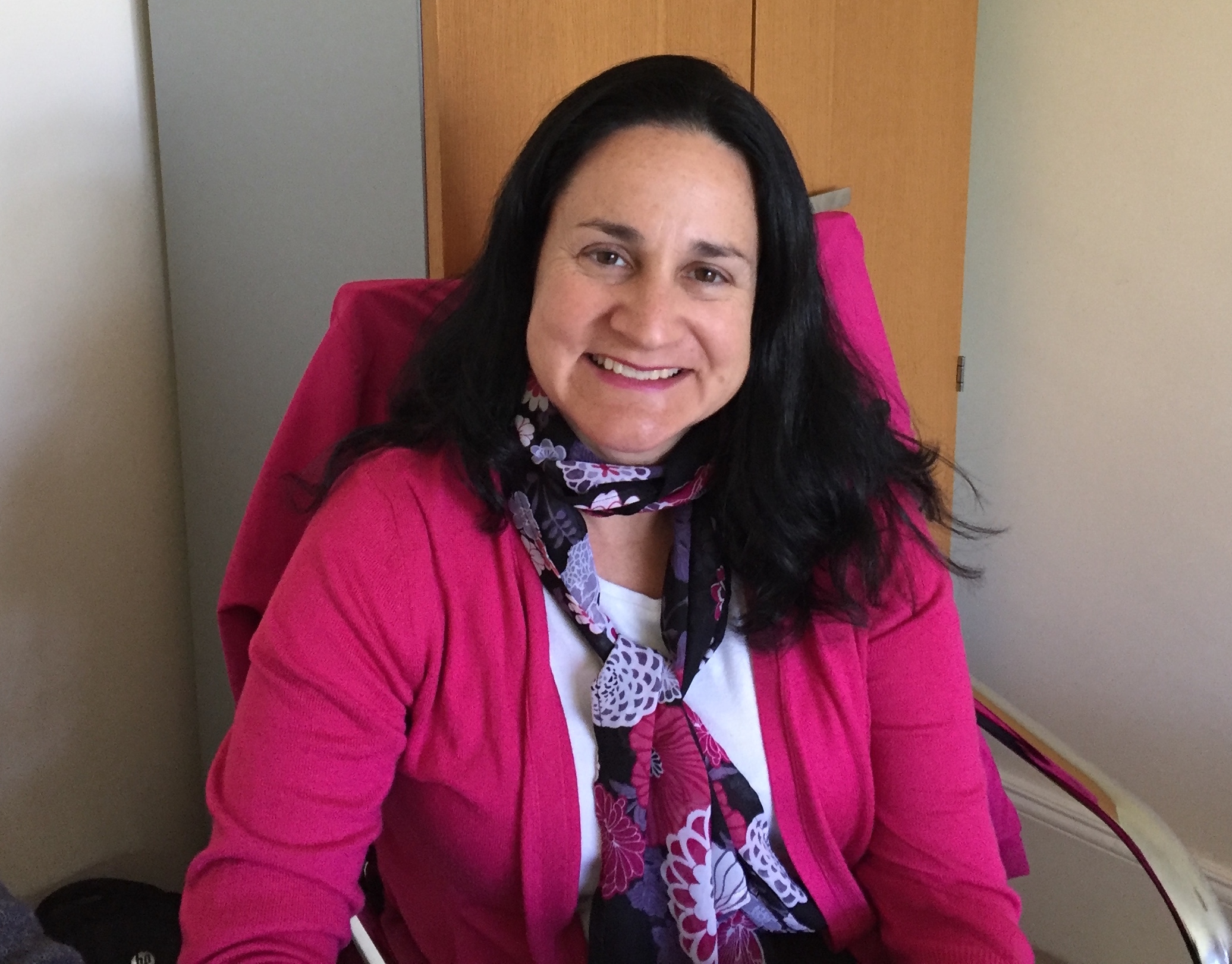
Theresa Urist has always had a strong desire to support students in their academic careers, which led her to the position of Global Director of University Counselling in 2015 at the Aga Khan Academies.
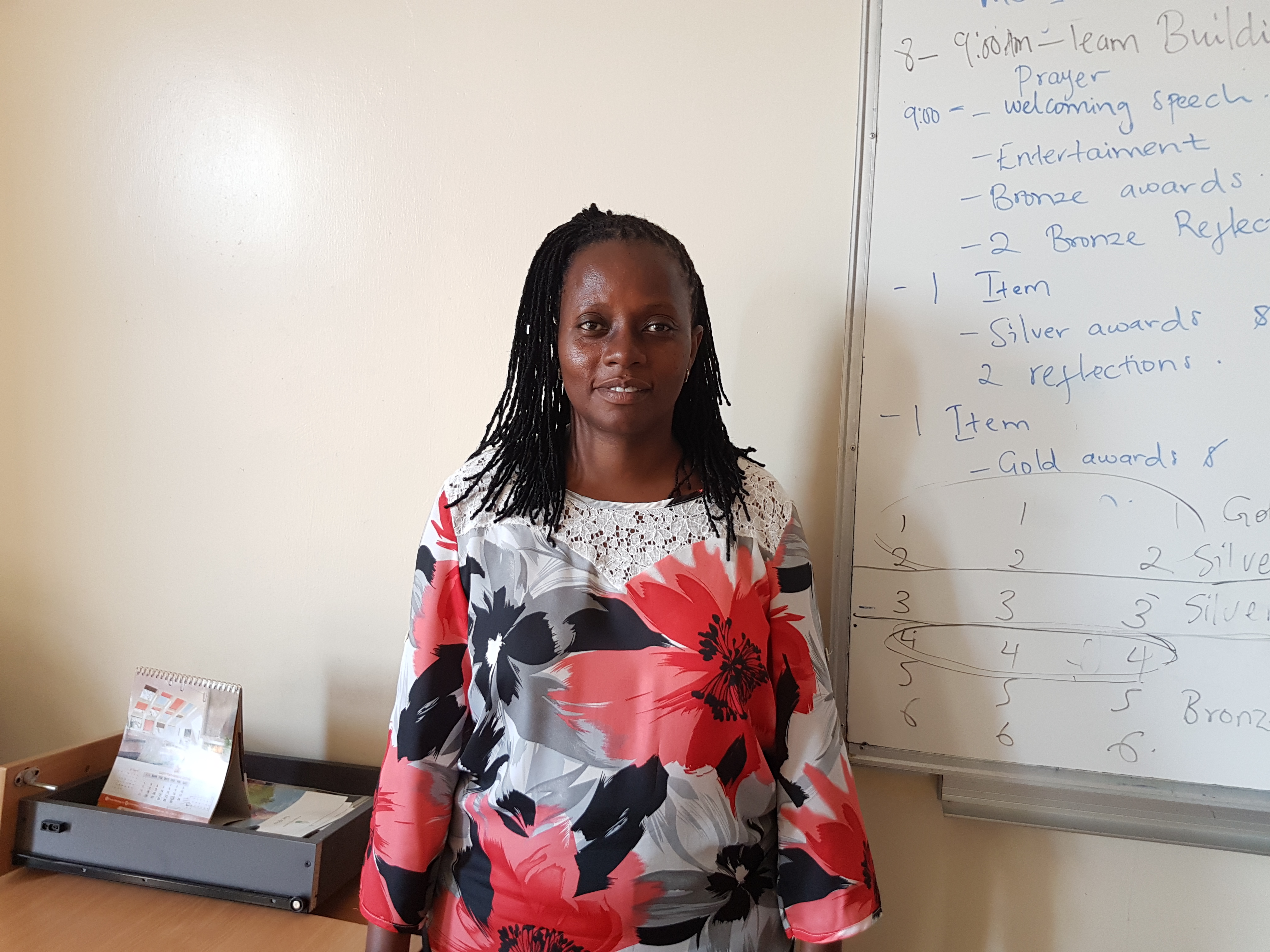
Lucy Mwandawiro has been a chemistry teacher at the Aga Khan Academy Mombasa for 11 years. However, she has grown and developed in many more areas, such as her involvement with the Educating Girls in Science project and her role as a dorm parent in the residences. Here, she shares some insights about her journey at the Academy.
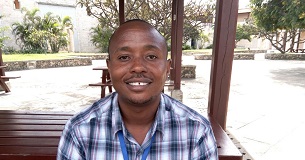
“I think one of the biggest assets the Academy has is the diverse cultural background in the student body. Having players coming from all over the world from so many walks of life adds a unique element to playing as a team.”
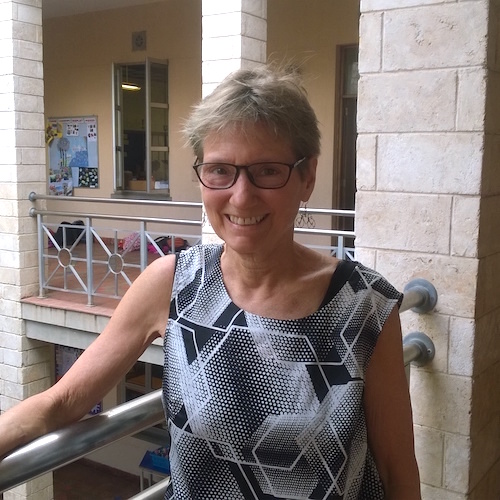
Christine Robertson is a veteran Ontario teacher who began a secondment to the Aga Khan Academy Mombasa in April 2016. She talks about her experience of coming to Kenya and her first days of getting to know the Academy.
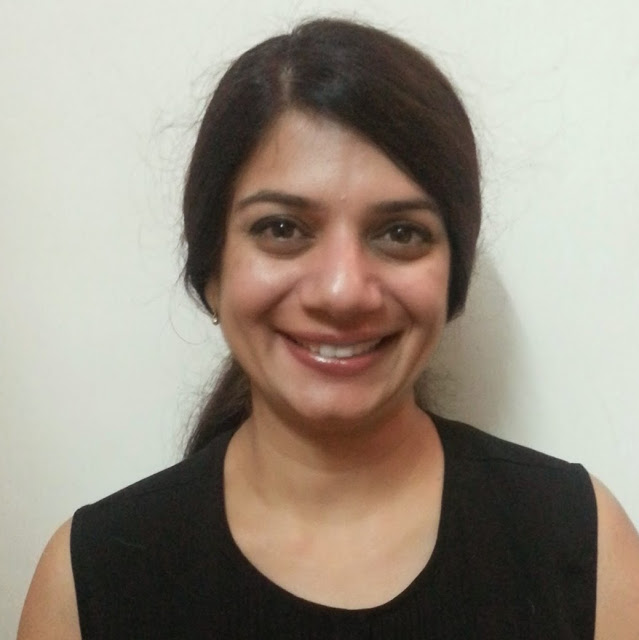
Vasanthi Thandlam, the Academy's Senior School English as an additional language specialist, has been selected as an Operation Smile sponsor for the Vietnam Medical Mission.
Spotlights on Students
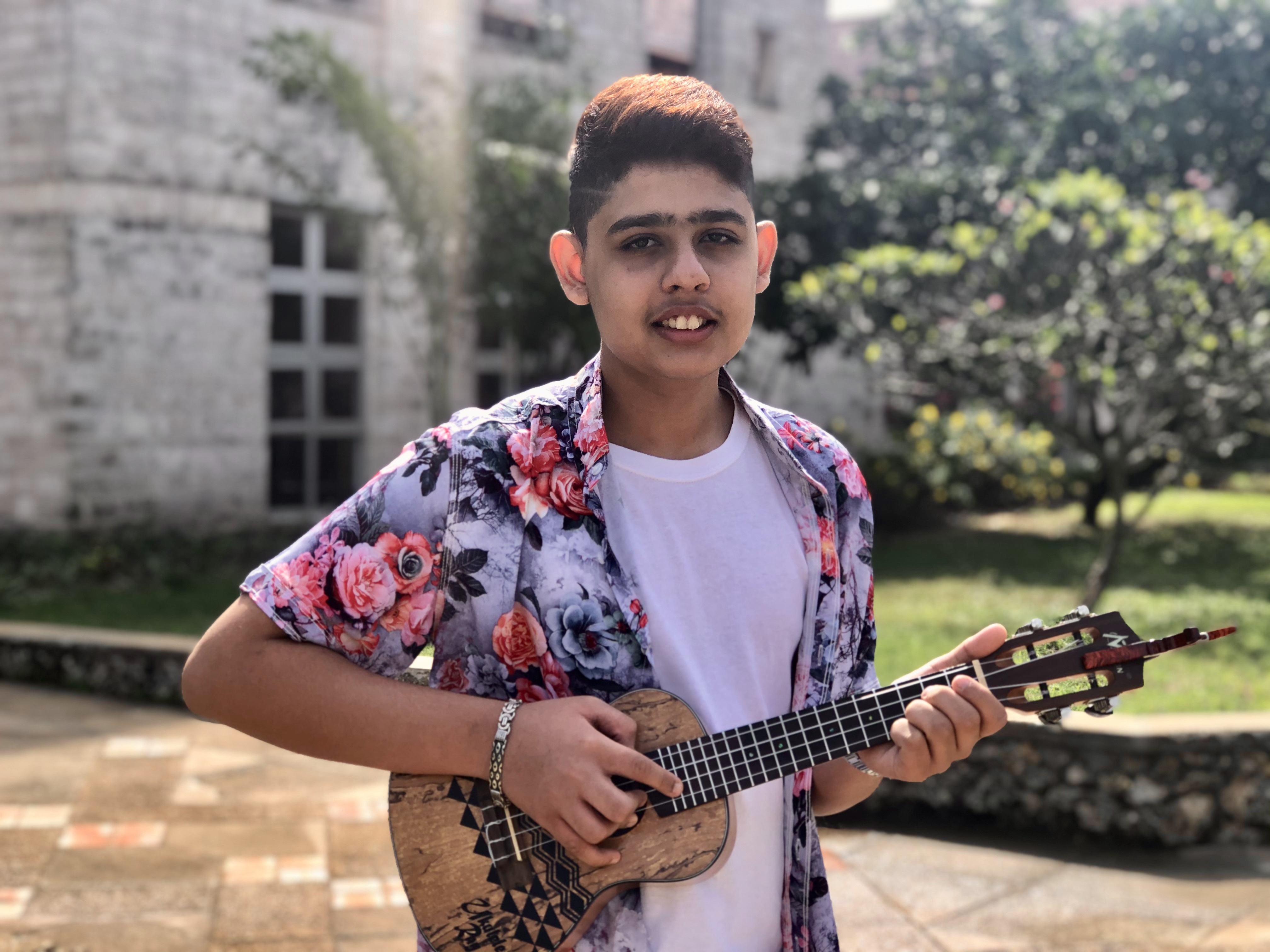
Since he was 4-years-old, Ayaan Allarakhia has had a passion for music that has shaped his whole life. Over the years, the Grade 9 student at the Aga Khan Academy Mombasa has developed and strengthened his musical and performance skills. Now, after writing and releasing his own song and music video, Ayaan is on a mission to spread his love for music to all.
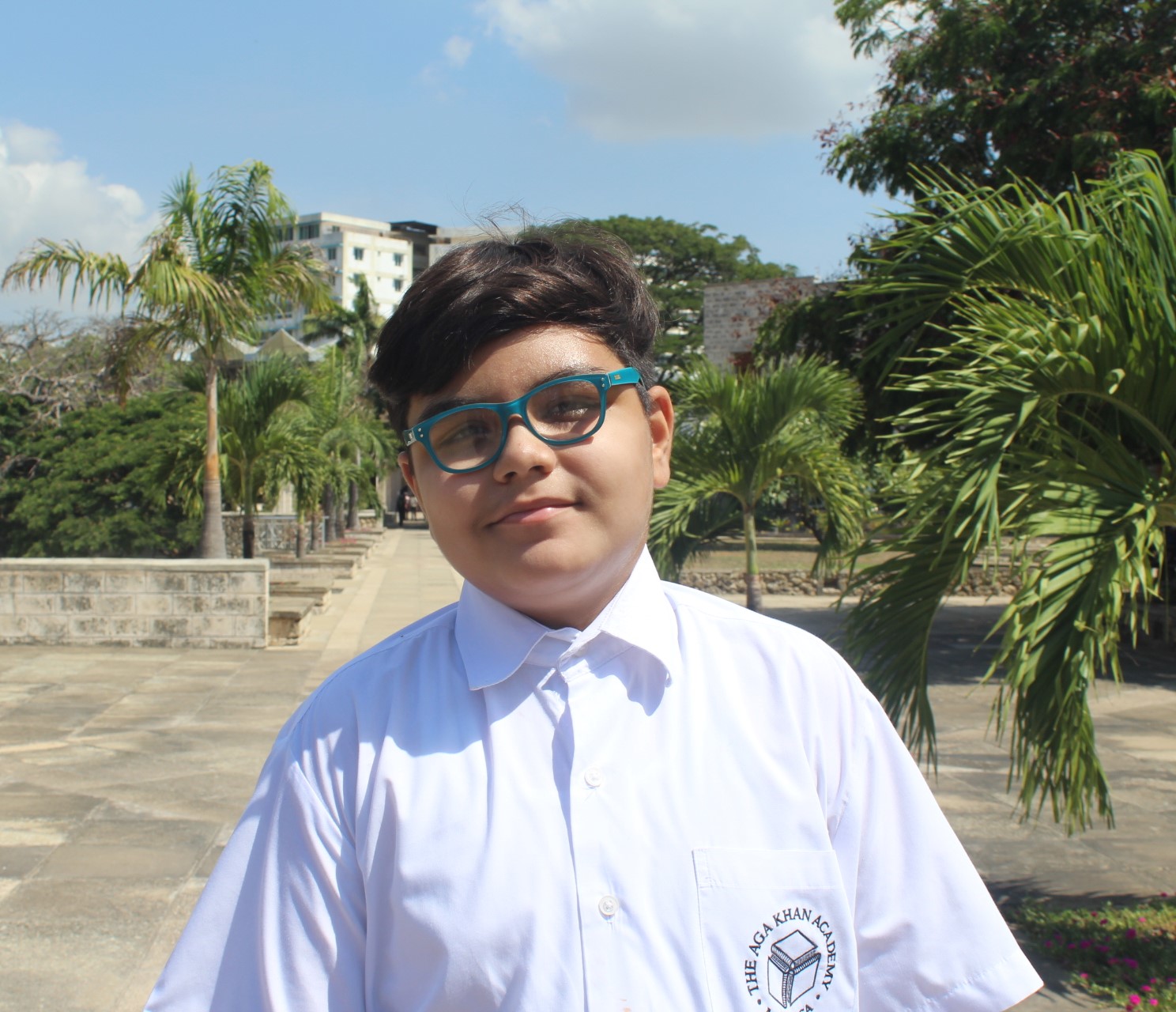
Naail Lakhani, a Year 5 student in Junior School, has demonstrated incredible maturity, leadership, and initiative since joining the Aga Khan Academy Mombasa in 2018. His proudest achievement is founding the Junior School Coding Club, an after-school extracurricular activity to teach coding to young minds.
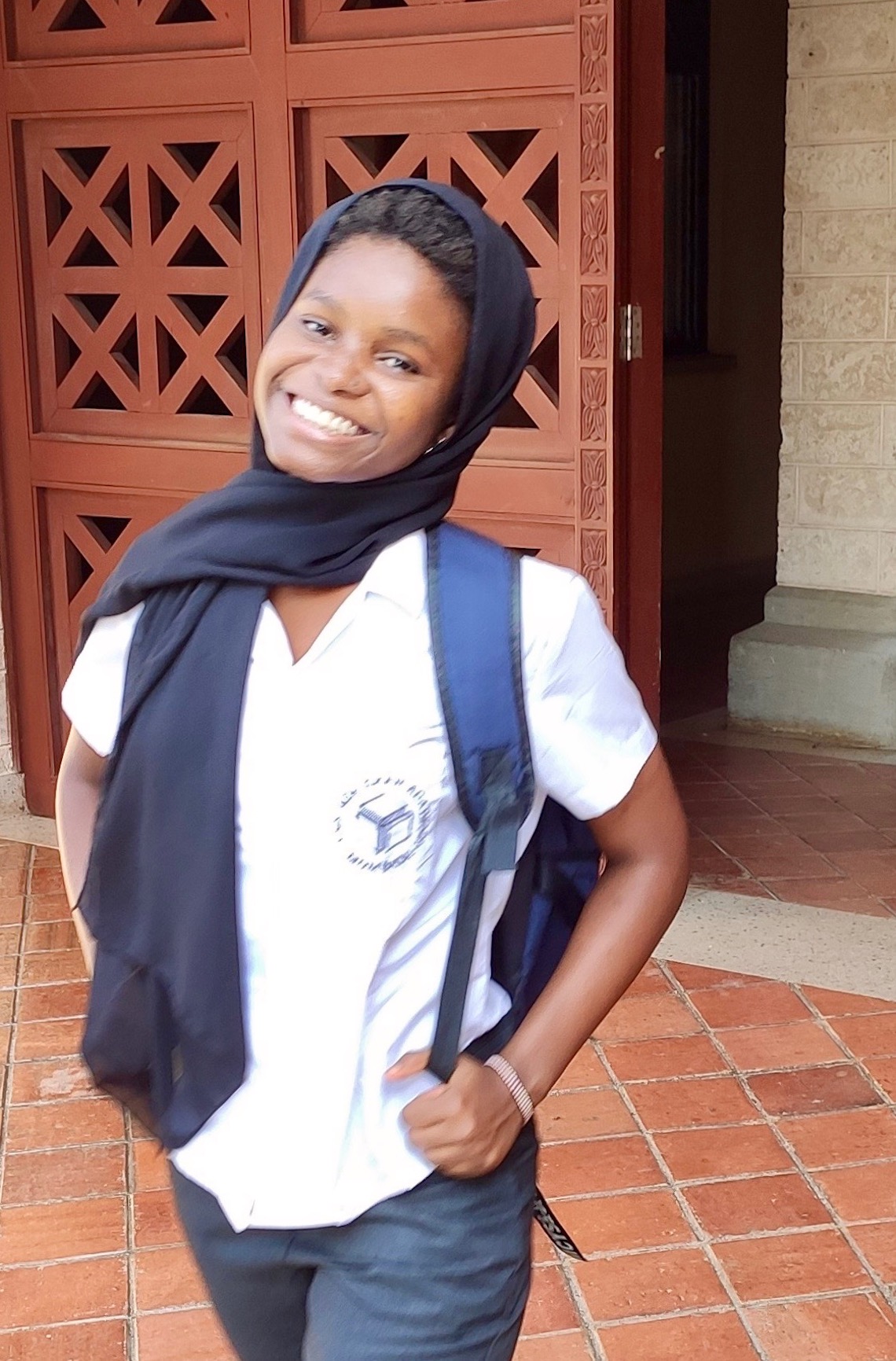
Mwanapwani Said joined the Academy through the Talent Identification Programme in 2017. Since then, she has availed herself of every opportunity to thrive. Her experience at the Academy has shaped her outlook on life and she has been inspired to make a difference in society.
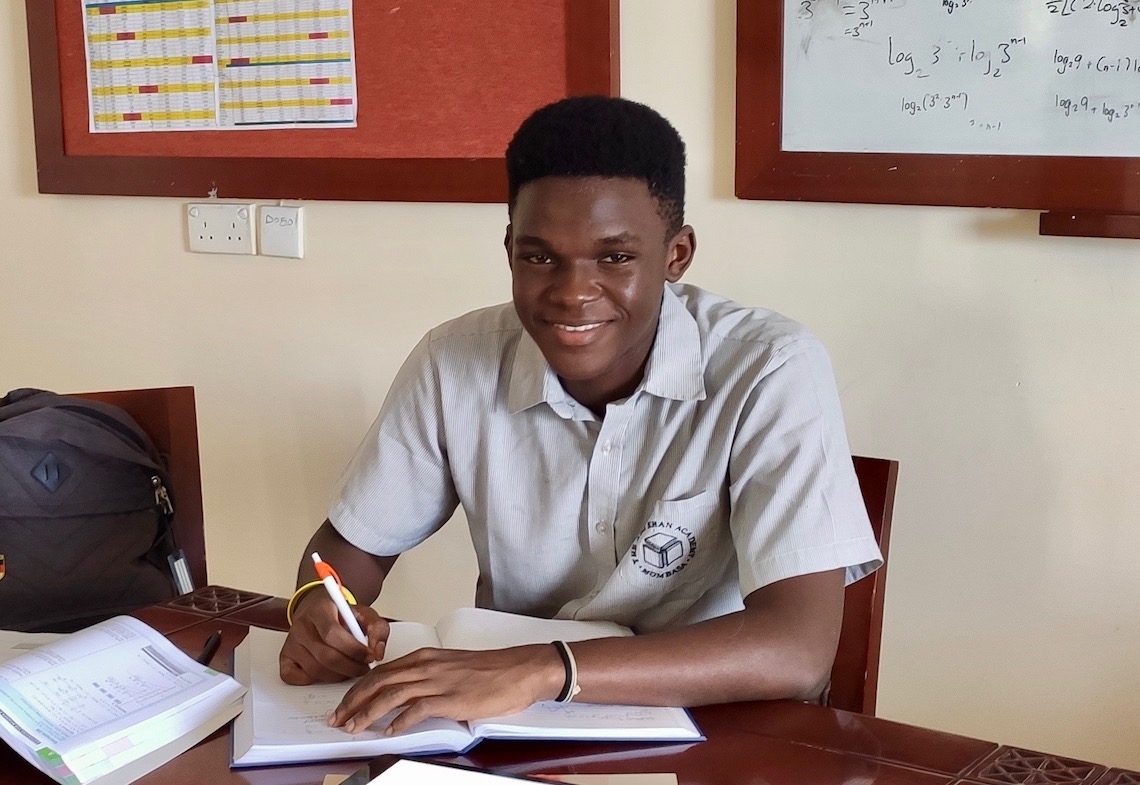
When Raphael Mwachiti, a Diploma Programme (DP) student, got admitted to the Aga Khan Academy Mombasa on a fully funded scholarship through the Talent Identification Programme (TID) in 2015, he knew it was a life-changing opportunity.
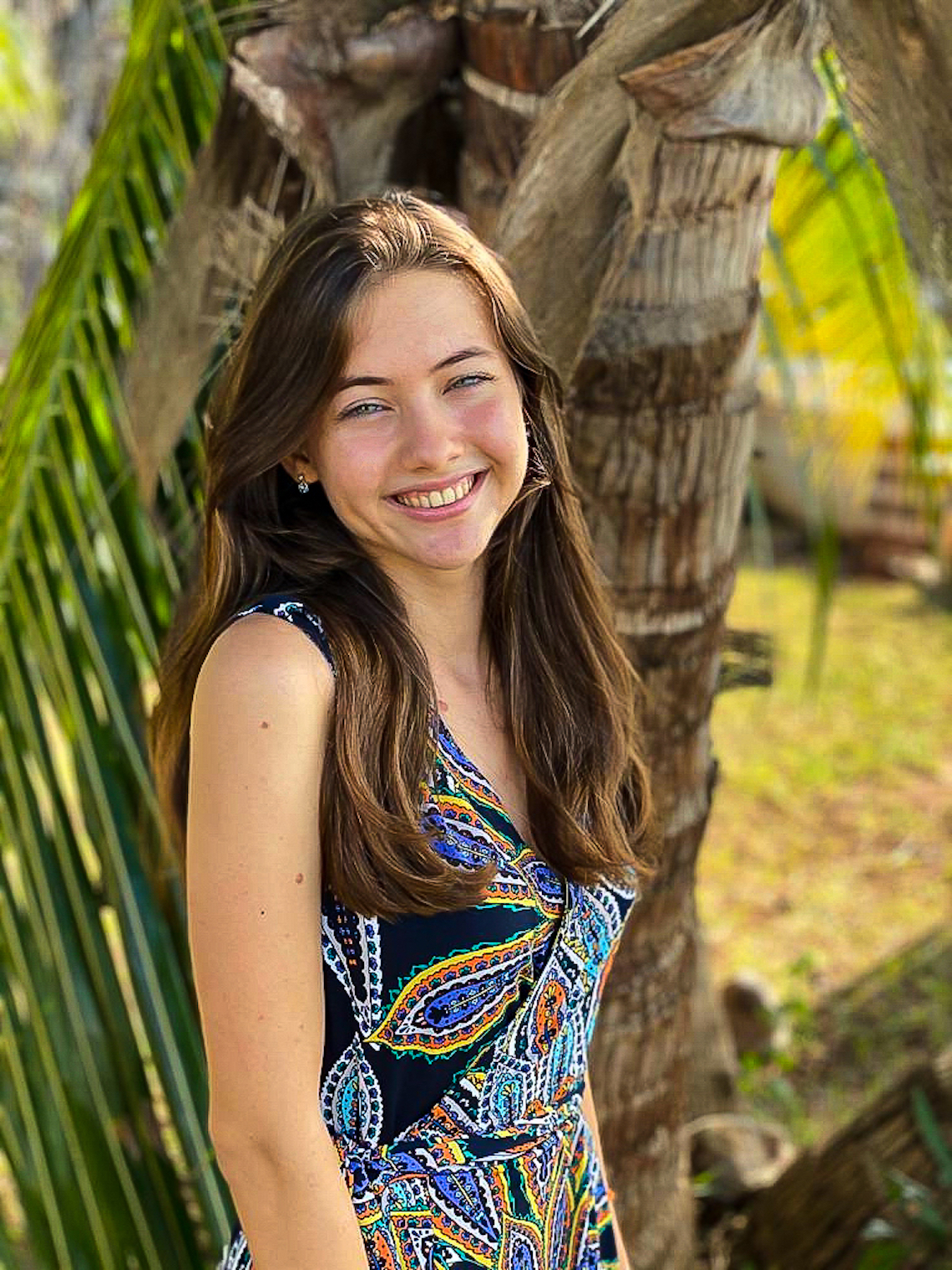
Since a young age, Diploma Programme 1 student Cinzia Torriani has seen the environment around her deteriorate. Through the Academy's and her own personal initiatives, Cinzia is hoping for a greener tomorrow.
Year 9 student at AKA Mombasa Alyssa Jamal has played golf for almost her whole life – a sport that has taught her the importance of determination and focus.
Mahek Shah, a Diploma Programme student at the Aga Khan Academy Mombasa, is driven to change the fact that the aviation industry is male dominated through her initiative called "Wings for Women." This young aviator chooses to be a pilot and not a passenger.
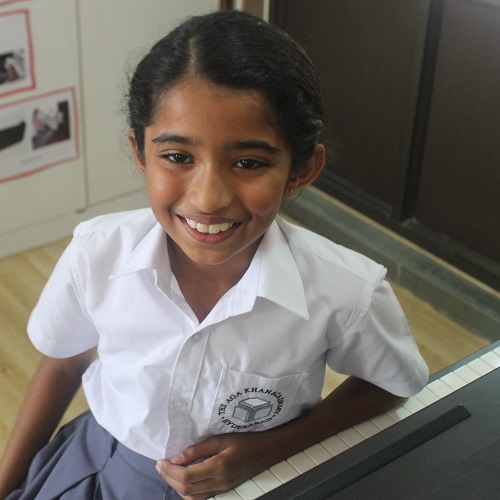
Aanya Athota, grade 4K, is currently the youngest student being accepted to appear for the highest graded music examination conducted by the prestigious Trinity College London. She dreams of becoming a global music icon and spreading peace through music to make our world a better place.
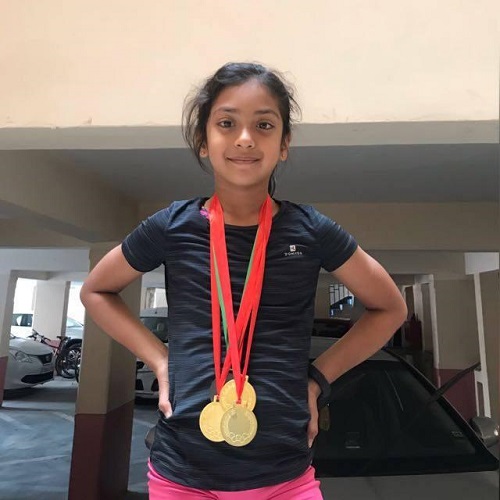
One day, a friend taught Ananya, grade 3, how to do a cartwheel. There was no turning back, and she recently won gold medals at two city competitions in 2018!
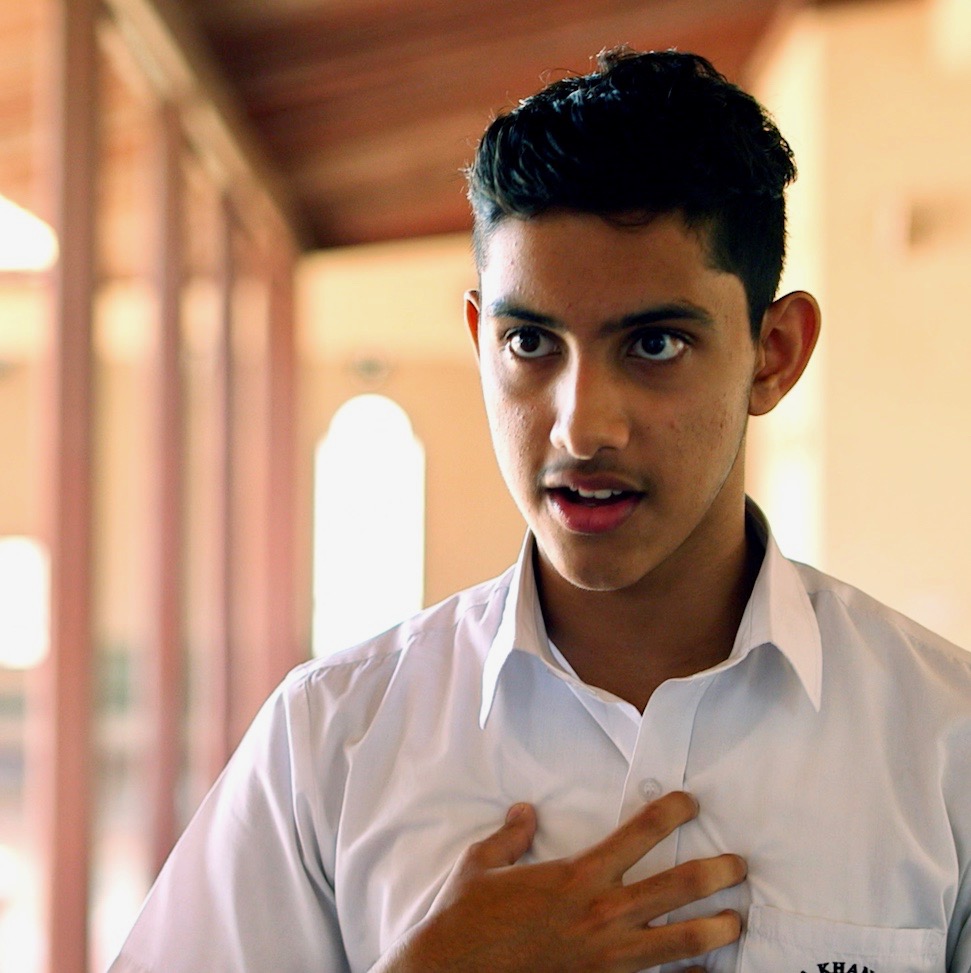
Meet Bilal, currently a student at the Aga Khan Academy Mombasa. For Bilal, studying at the Academy has instilled in him the value of learning whilst always thinking about the bigger picture: understanding how his studies today will impact the world tomorrow.

Paul Davis, the Dean of Admissions at the Aga Khan Academy Mombasa, has led the Talent Identification Programme for nearly ten years. The programme identifies students in Year 6 in Kenyan government schools, in deprived socio-economic and educational areas of Kenya, who are academically able and show leadership potential. This May, seven of these students graduated from the IB Diploma Programme. Paul shares their marvellous stories.
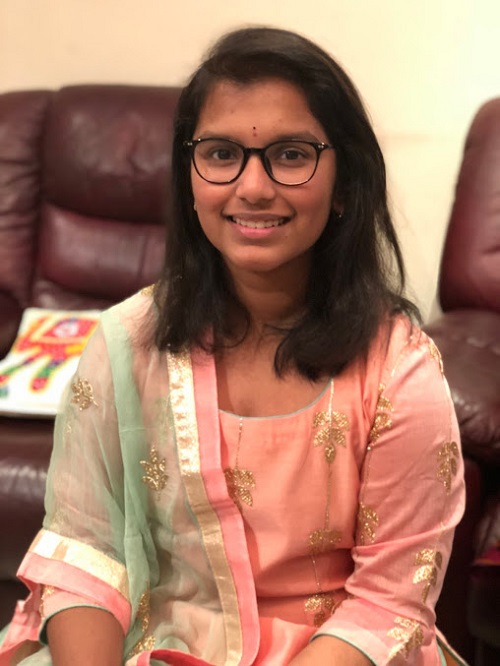
“The Academy has a very unique, highly diverse and multicultural environment,” says 2018 graduate,Tvisha Devavarapu. Set to pursue a career in biology and research, read about this house captain's experience studying and playing at the Academy.
“When I was learning robotics as part of the enrichment club I never imagined that I would become the captain for a robotics team,” says DP1 student, Rudra Potluri. Now approaching his 6th year at the Academy, Rudra reflects on the opportunities he’s had in his academic career so far and the ways in which he has grown.

Areesh Rehmani, a grade 6 student at the Aga Khan Academy Maputo, is a determined and dedicated learner. He has a passion for sports and a curiosity for scientific innovations and technological growth. Areesh shares how his learning is fuelled by the learner profile and by the values instilled in him at the Academy.
Passionate about animal rights, Shaivya Arya has used every opportunity possible to learn how to care for animals. “To save an innocent creature’s life, to help animals. It is time we make this a better world for us, for them, for all.”
Kelvin Bagthariya, a second-year Diploma student at Aga Khan Academy Hyderabad, believes the Academy has changed his mindset, teaching him to become independent, improving his self-esteem and allowing him to pursue his passion to make a change in his community.
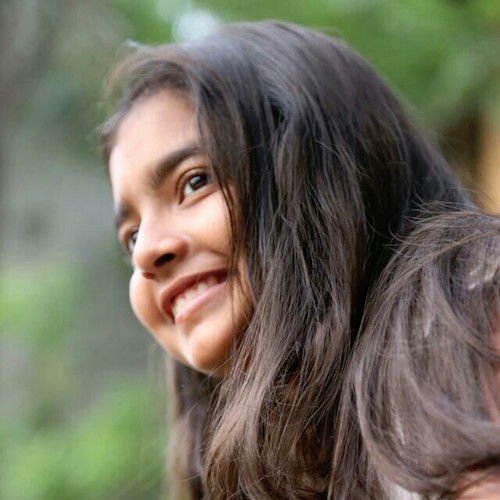
Anahita Aman is in her seventh year at the Aga Khan Academy in Hyderabad. She is full of hopes and dreams and strives to get the most out of her days at the Academy so that she can ultimately give back to the community and society at large.
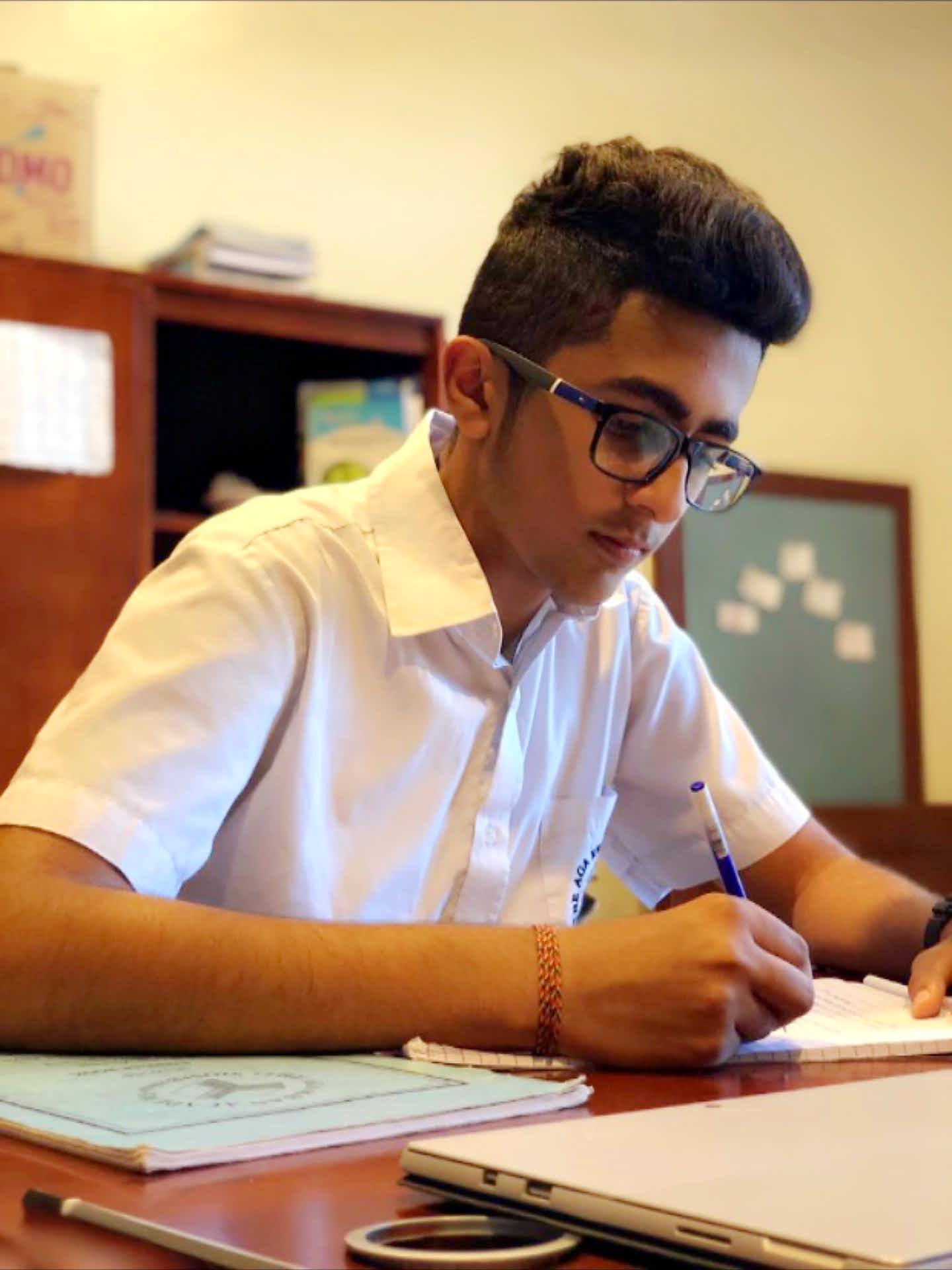
Saifan Aswani, a student at the Aga Khan Academy Mombasa, knows the value of taking the time to appreciate his surroundings. He credits his experience of the past three years at the Academy for instilling in him the discipline of hard work, an appreciation of diverse cultures and the motivation to pursue this responsibility.

In his final year of the Diploma Programme at the Aga Khan Academy Mombasa, Shad Bherani is ambitious, curious, and driven to become an engineer. Shad aspires to use his education and career as an engineer to give back and to serve his country and its people, by assisting in Pakistan’s development through technology.
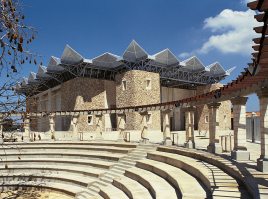
Samy Natho Jina is not only a dedicated student at the Aga Khan Academy Mombasa - he is also a skilled and talented self-taught computer coder. Samy says, “For each and every project, I have spent countless nights out of my own free will fixing incorrect lines of code. It is my dream to make sure this talent and passion I have for software development and computers can be used to make this world a better place.”
"I can’t be racing while I’m on campus, so I decided to become an automotive journalist and am now the head author of an automotive blog, 'The Drive Hub.' "
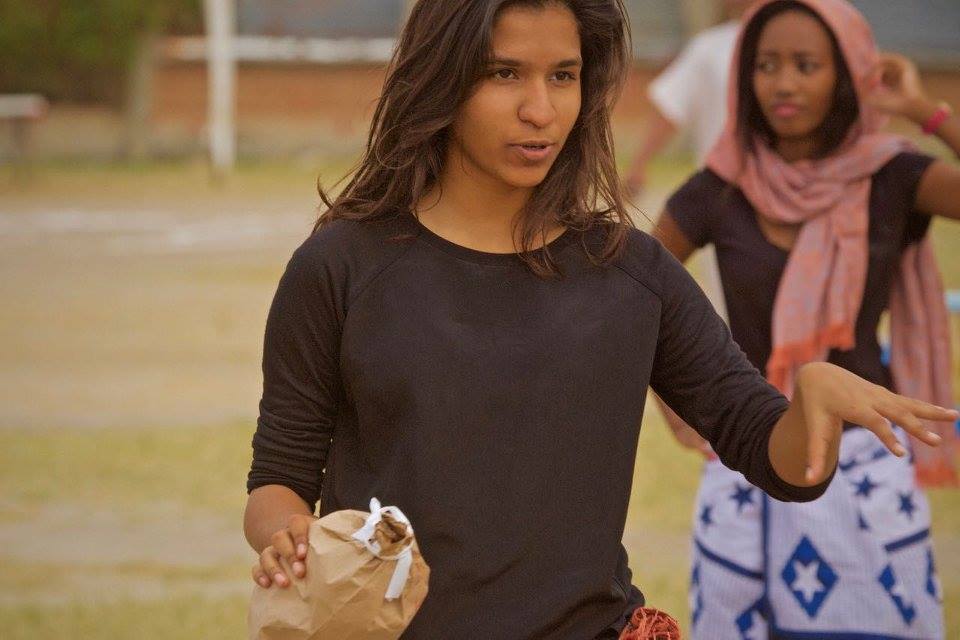
Through a personal reflection, Arzoo shares her experience at AKA Mombasa as she reflects on her journey in her final year: "Through the Academy I have made many of my dreams a reality."
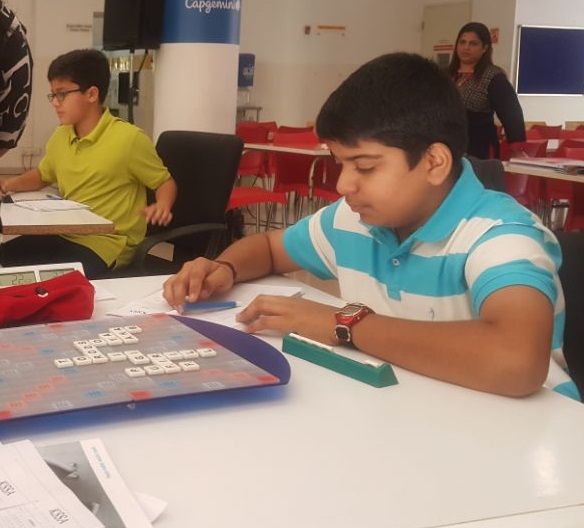
Attending school here has helped me recognise my potential, not just in studies but also in hobby sports! I love Scrabble and I want to become a professional player.
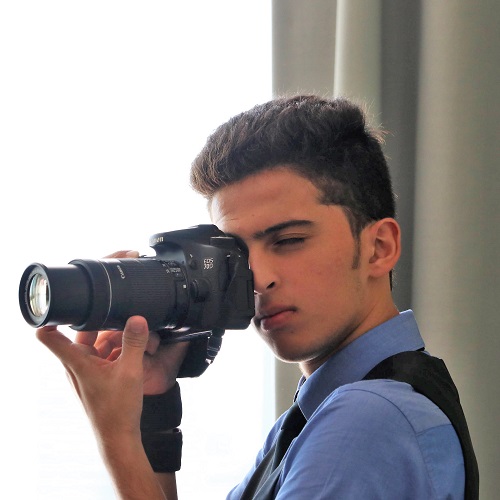
Being part of a team and also having been given positions of authority has taught me about leadership and the qualities one should inculcate to be an inspiring leader.
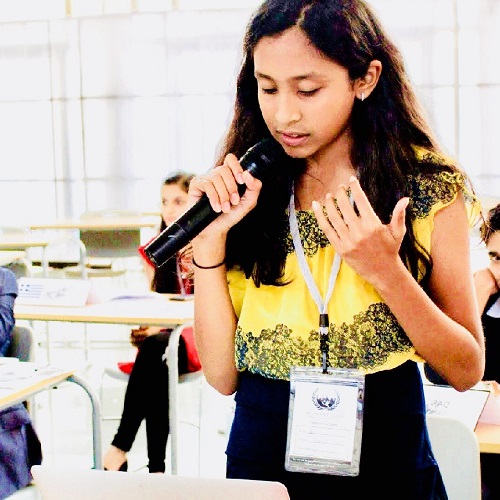
“To me, being ethical and humble are the most important things.”
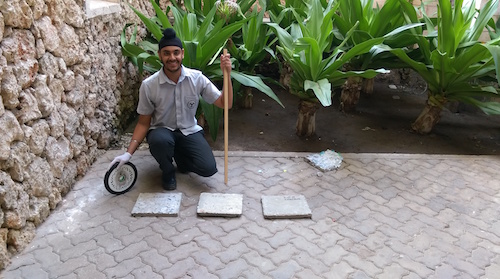
Being a global citizen, leader and environmental enthusiast is no easy task. Prabhdeep Lochab’s story is a testament to the hard work, dedication and commitment that goes into innovating “green” solutions for a sustainable future.

Meet Sadiq, a student at the Aga Khan Academy Mombasa. Open-mindedness, confidence and time management are some of the many characteristics he has developed at the Academy that will help him achieve his dream of becoming a journalist.

Meet Saumya, a student at the Aga Khan Academy Mombasa. A musician and a leader, she shares her wisdom on what it means to make a true positive impact.
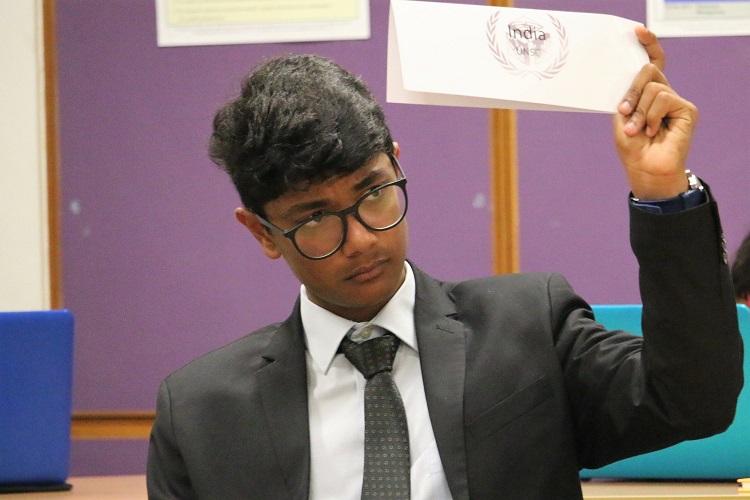
"Being able to stand in front of 250 students and fulfilling the opportunity to give them what I had been given, was one of the most rewarding experiences of my life."

Introducing Ivy, a student at the Aga Khan Academy Mombasa. Her innate drive for self-growth and desire to give back to the community makes her a true home-grown leader.

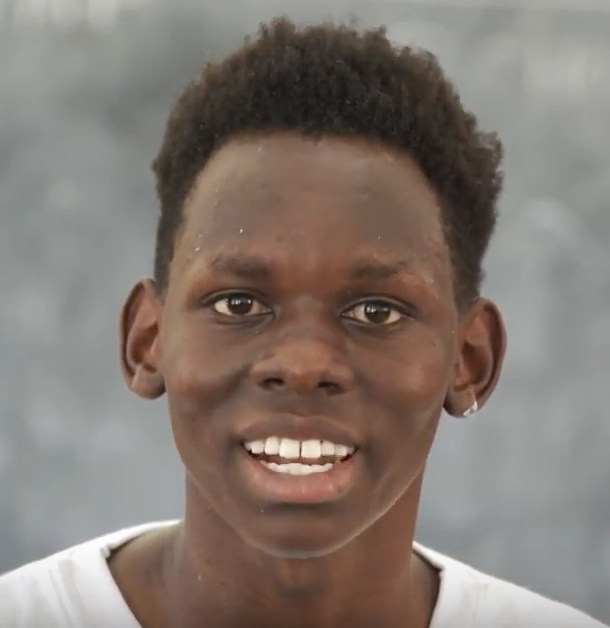
This is Stephen, a student at the Aga Khan Academy Mombasa. His passion for community service shines as he expresses the growth in perspective he experienced through his education at the Academy.
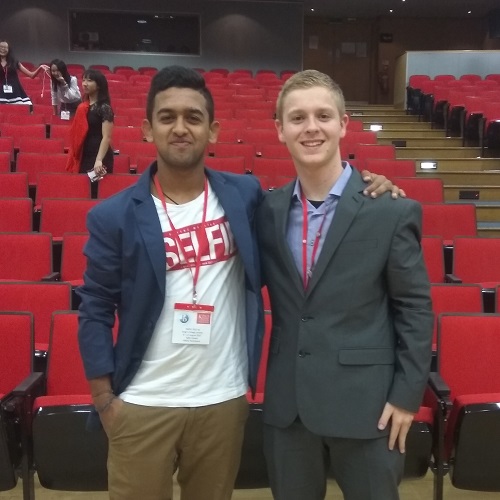
Sahir Devani, grade 11, shares his experience as an Academy representative at the IB World Student Conference held at King’s College London, from 6-12 August 2017.
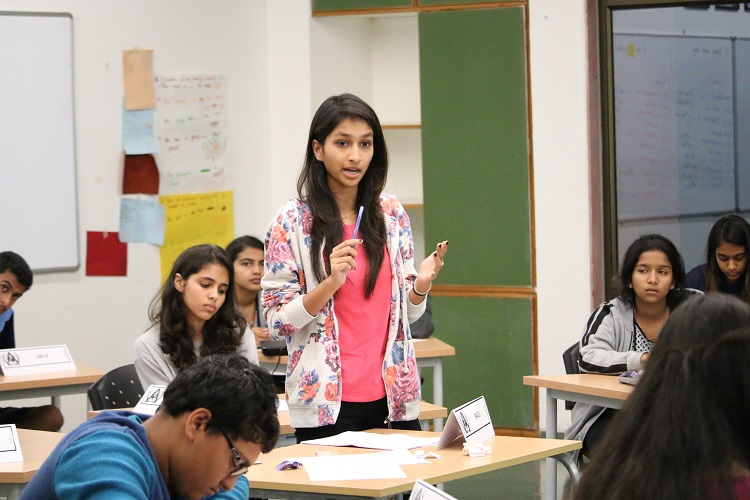
Sayema, currently in grade 11, directed and produced an impactful short film to create awareness on child rights for her IB MYP Personal Project.
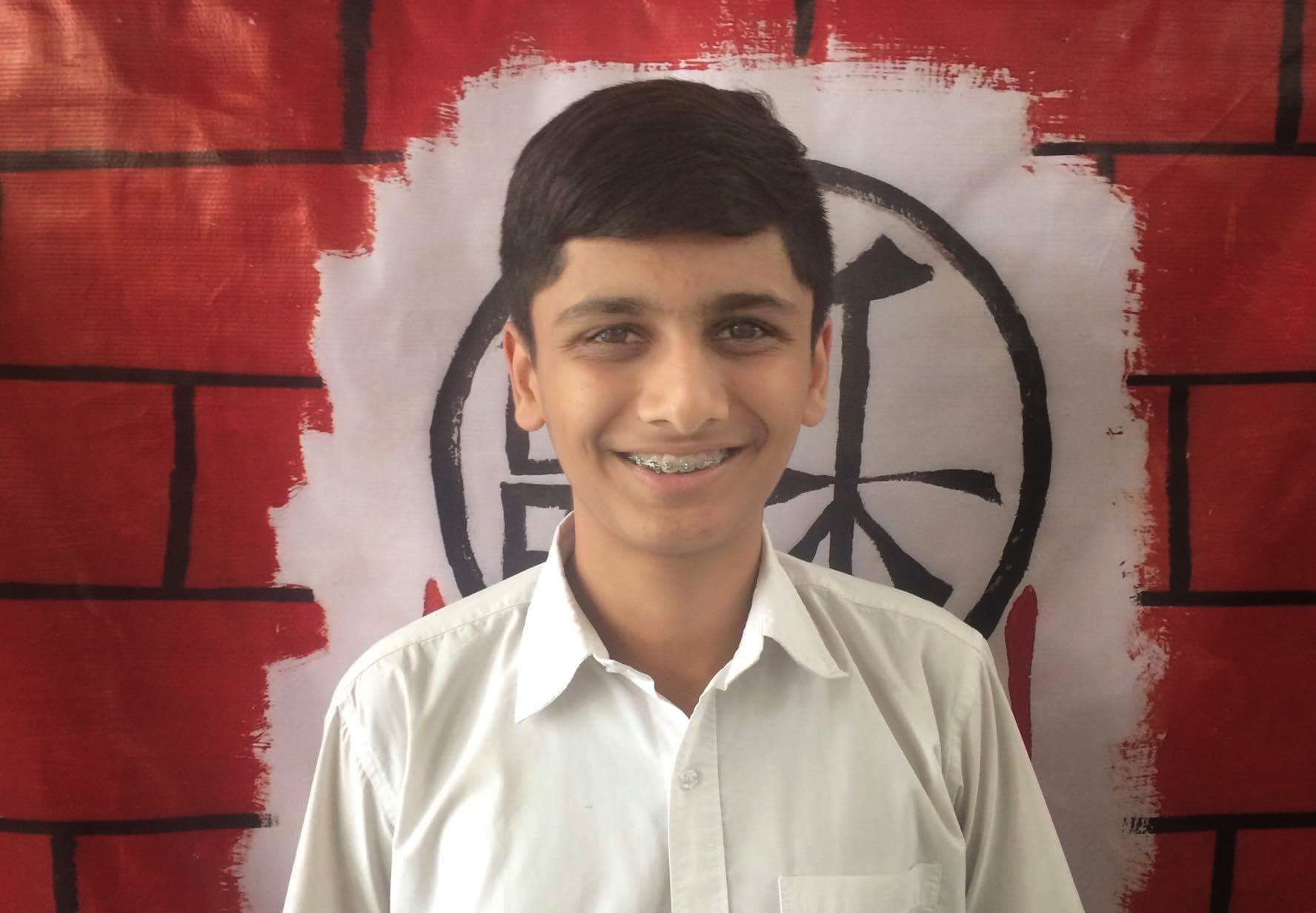
“For me, the best part of school is when we have service class, because I am very keen on serving my society and helping the community around me develop faster.” - Sazil Ramani, grade 10, Aga Khan Academy Hyderabad.
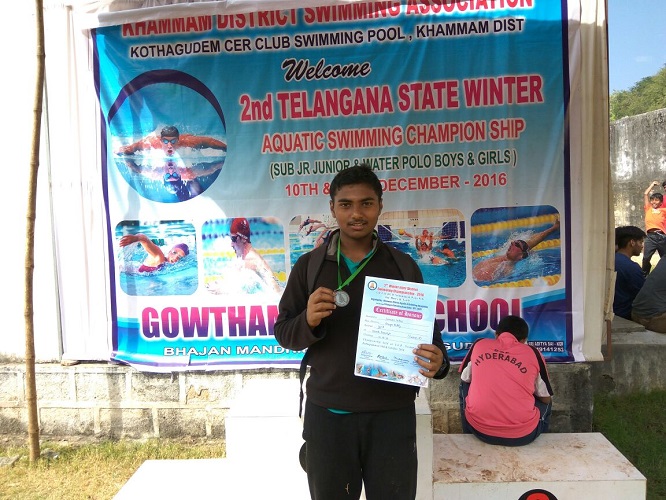
“I came to this school searching for better opportunities and better facilities through which I can improve in sports and excel in music and studies,” says Samson. “I didn’t have these opportunities in my previous school and didn’t get a chance to play any sport.”
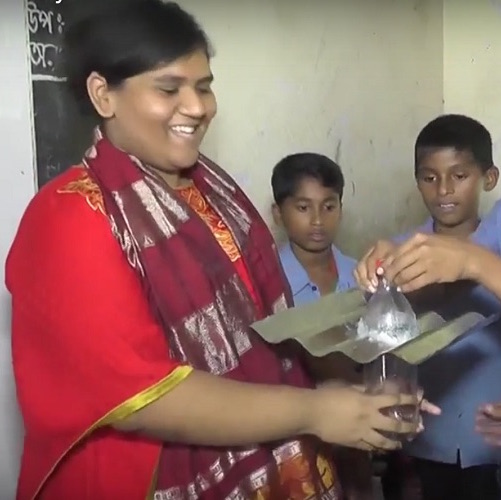
"I wish to continue sharing my knowledge, what I have learned and will continue to learn, with my society."
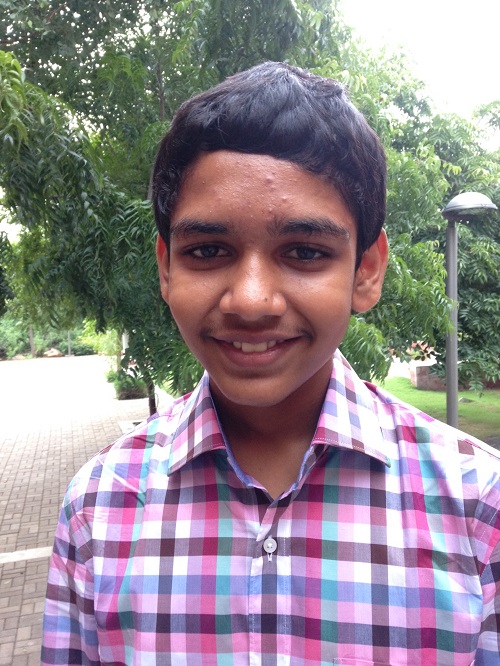
Advait Surana is a residential grade 10 student at the Aga Khan Academy in Hyderabad. He was selected as one of 18 students from different schools to represent Telangana state at the national U-15 football tournament in Delhi in early September 2016.
Spotlights on Parents
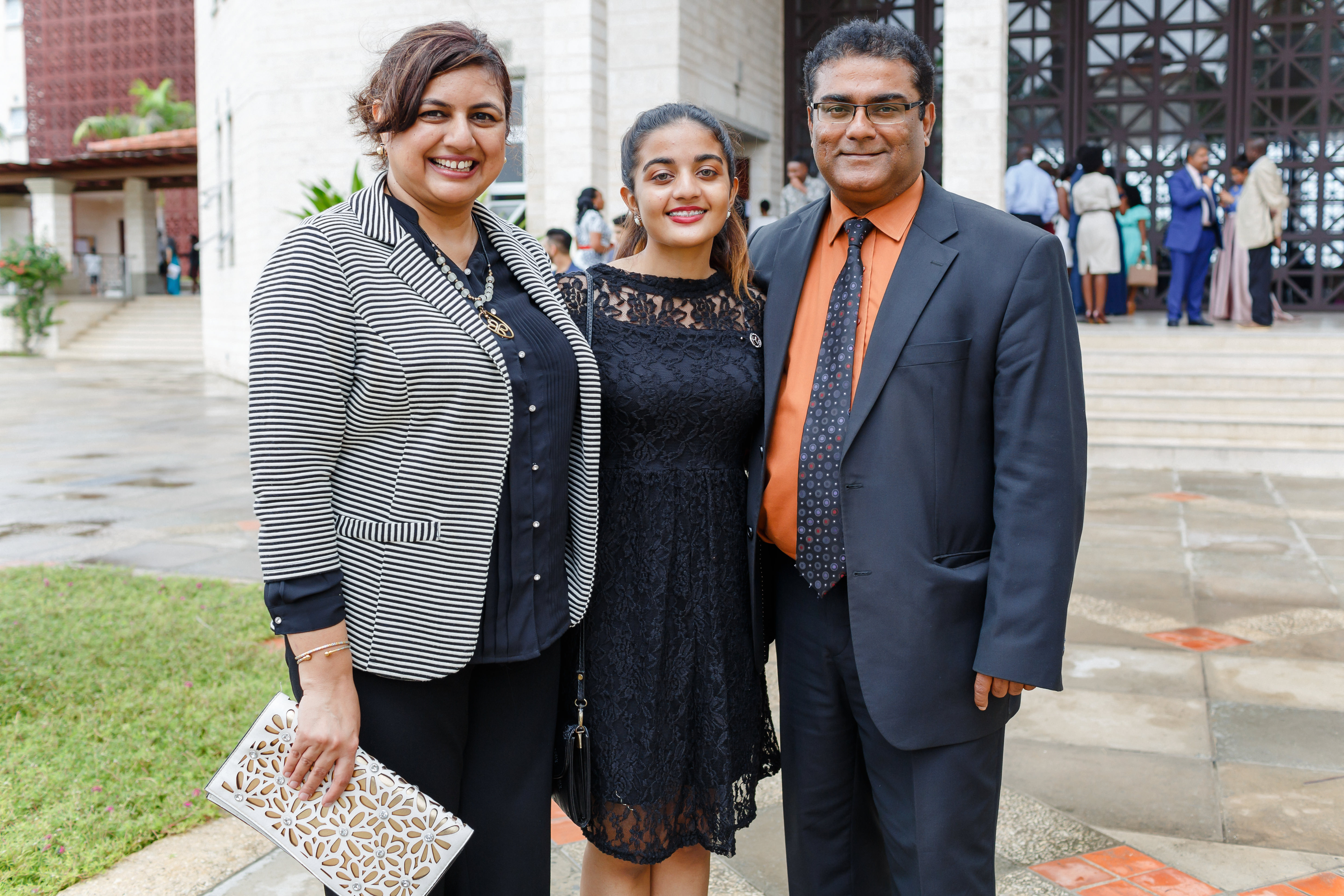
Mrs Aneela Mukhi and Mr Altaf Mukhi, parents of Faliha Altaf Mukhi, share their experience: "Through our chain of observation, the Aga Khan Academy Mombasa surely plays an active role in the holistic development of every child. This is our consistent finding all through the two years of IB Diploma programme our daughter studied."
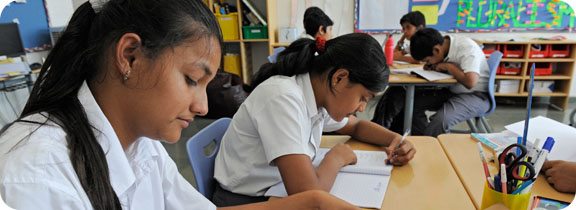
Admissions
The network of Aga Khan Academies has been established to provide exceptional students from all backgrounds with an outstanding education. Admissions are currently being accepted for the Primary Years Programme, Middle Years Programme and Diploma Programme at all Academies.
The Academy seeks students from pre-primary through higher secondary levels representing a diverse range of economic, cultural, ethnic and religious backgrounds. Students should have the ability and motivation to excel academically and should demonstrate leadership in community service and other co-curricular pursuits.
Selection is based on student merit.
The Academy endeavours to meet the demonstrated financial need of each admitted student.
Candidate characteristics
The admissions committee evaluates candidates based on a range of measures and selects those demonstrating a high level of motivation and commitment to learning, a strong sense of integrity and respect for others from diverse backgrounds.
Successful applicants typically demonstrate the following characteristics:
"The students at this institution will be distinguished not only for their academic capacity, but for their character and commitment to citizenship."
- a record of outstanding academic achievement or potential
- highly motivated and intellectually curious
- a strong sense of integrity – the capacity to judge right and wrong and to stand up for one’s principles
- a high level of social awareness, including openness and sensitivity to those of different backgrounds
- the desire to work towards, and instigate, positive change
- leadership in community service, student government and/or sporting activities
- notable accomplishments in the visual or performing arts.
Please visit the websites of the individual Academies for further information and application forms.
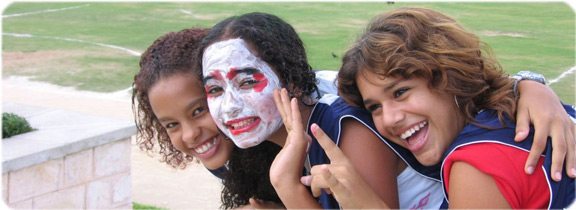
AKA Alumni - Welcome to our Potential Mentors
The Aga Khan Academies is looking to enhance its offerings to its graduates, in an effort to improve communication and aid these individuals as they launch into the working world. As a result, The Aga Khan Academies invites you to be part of the inaugural career mentorship initiative. It is through this one-on-one mentorship programme that we hope to connect AKA mentees (graduates) with professional mentors (alumni/other professionals). We would like for students to be able to do the following with a mentor:
- Discuss potential career choices/moves.
- Get experience that complements and gives them context to their academic pursuits.
- Practice industry-specific, transferable & self-management skills.
- Guidance to improve chances of landing jobs.
- Increase self-awareness and understanding of how to contribute to the work world.
- Expand career options by learning job search strategies.
- Exchange knowledge, insights, and experience with a mentor.
The career mentorship program would run a year in cycle, with an opportunity to renew your capacity as a mentor, if you so desire. In order to make the appropriate career matches, and understand your availability and commitment, we have a few questions to help us with the pairing process.
We ask that you kindly fill out the information request in this form (click here) Rest assured that your personal information will remain confidential and will be for the Academy’s purposes only.
We are looking forward to hearing from you!
AKA Alumni Office
Alqaim Lalani (Class of 2019): The importance of mentoring and positively contributing to the community
 Although it has been a few years since he graduated from the Aga Khan Academy Mombasa, Alqaim Lalani, Class of 2019, says his years at the Academy had a major bearing on his academic career and strongly influenced his outlook on life. Now, as a graduate of Columbia University in New York, Alqaim is giving back to the Aga Khan Academies community that he says shaped his life and gave him so much.
Although it has been a few years since he graduated from the Aga Khan Academy Mombasa, Alqaim Lalani, Class of 2019, says his years at the Academy had a major bearing on his academic career and strongly influenced his outlook on life. Now, as a graduate of Columbia University in New York, Alqaim is giving back to the Aga Khan Academies community that he says shaped his life and gave him so much.
Originally from Tanzania, Alqaim was actively involved in the Academy’s community. As a dorm captain in the residential programme, he learnt time-management skills, maturity and developed strong work ethics. He also gained a passion for positively contributing to his communities, which could be seen in the social enterprise he founded as a student called “Tumaini la Maisha Cancer Initiative”, which supports economically disadvantaged children suffering from cancer to raise money from crafts they make to subsidise their own care. His efforts gained widespread recognition in Tanzania, where he was named one of the ‘Most Influential Young Tanzanians’ for his achievements in social enterprise and philanthropy.
However, upon entering university, Alqaim discovered a new passion: mentoring students during their university application process. Since he began his undergraduate studies in 2019, Alqaim mentored International Baccalaureate Diploma Programme 1 and 2 Academies students, who he believes “are at a very critical stage in their lives,” because they are at the juncture of shifting from school to university.
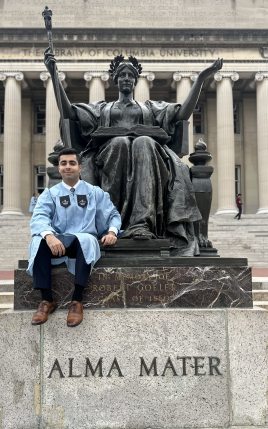 “Transitioning from high school to university can be daunting, given the pressures to choose what you want to study, partake in activities and internships and ultimately determine how you want to start your career – all in the span of a few very consequential years,” Alqaim said.
“Transitioning from high school to university can be daunting, given the pressures to choose what you want to study, partake in activities and internships and ultimately determine how you want to start your career – all in the span of a few very consequential years,” Alqaim said.
Alqaim’s interest in wanting to mentor stems from his own experience at Columbia, where he was introduced to an alumni network and inclusive student community. He soon learnt that Columbia and some other universities actively supported first-year students in selecting courses, applying for campus societies and recruiting for selective careers.
“Even before stepping foot on campus, I was being supported by a community committed to my success, enabling me to transition quite seamlessly once I arrived on campus,” he says.
Alqaim knew he wanted to pay it forward and ensure other students felt this level of support. To date, Alqaim has mentored 11 Academies students from Mombasa and Hyderabad across varying aspects of the university application process. From building a shortlist of institutions that meet their academic and financial needs to approaching standardised tests with confidence and ultimately bringing their authentic self forward when voicing their achievements and background.
One of the students who benefitted from Alqaim’s mentorship is Ayaan Dewani, Class of 2023 from the Aga Khan Academy Hyderabad, who is studying at Boston University with a full-ride scholarship.
"I am incredibly grateful for the invaluable assistance I received from Alqaim during my university application process,” Ayaan said. “His guidance and support were instrumental in helping me navigate the complex and often overwhelming journey toward higher education. He took the time to understand my interests, strengths and aspirations and then provided tailored advice on which universities would be the best fit for me. His insights were spot-on, and he helped me create a well-rounded list of target schools that aligned with my academic and personal goals.”
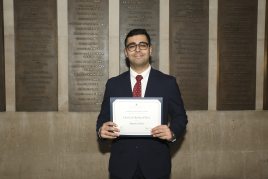 Considering it a privilege to work with students, Alqaim believes he, too, is benefitting from his mentoring.
Considering it a privilege to work with students, Alqaim believes he, too, is benefitting from his mentoring.
“Serving as a mentor has helped improve my leadership skills, exposed me to new perspectives and consolidated lessons I previously learnt,” Alqaim said. “I believe the true value of mentorship lies in eliciting self-reflection and critical thinking from the mentee, rather than simply rearticulating one’s own experience.”
Although he is currently working in financial services, Alqaim continues to support Academies students through this journey by working with them to find internships and jobs that appeal to their talents, and helping them foster the transition from student to working professional by connecting them to other alumni a part of the Aga Khan Academies Alumni Association.
“My experience at the Aga Khan Academy Mombasa has been pivotal in my life,” Alqaim says.
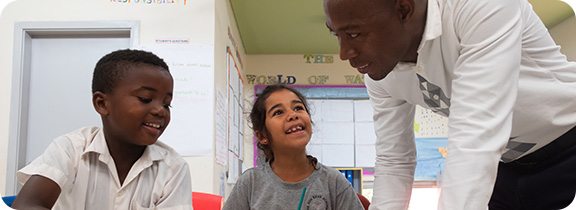
Admission Requirements
Choosing a school is an important decision in a child's and parent's life. We are here to help and answer any questions you might have.
We currently welcome enquiries of students for our Nursery, Junior and Senior School.
Our programmes are based on the principles and practices of the International Baccalaureate. The admission requirements for the Academy's programmes, including language requirements, are outlined below.
For the Aga Khan Academy Maputo, the admissions process can be followed in either English or Portuguese.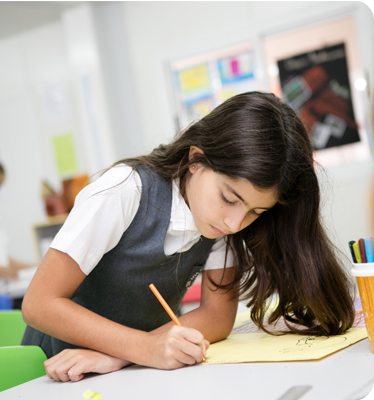 Admission is competitive and based on student merit, regardless of a family’s ability to pay. The Academy endeavours to meet the demonstrated financial need of each admitted student.
Admission is competitive and based on student merit, regardless of a family’s ability to pay. The Academy endeavours to meet the demonstrated financial need of each admitted student.
Nursery School
Kindergarten 1, 2 and 3: Early Years Programme
Students entering Kindergarten 1 must be 3 years of age by the 31st of August of the year of entry.
All prospective students must demonstrate the potential for high achievement. Each applicant will participate in a variety of assessment exercises.
Students may enter the nursery section without a strong prior knowledge of one of the languages of instruction, English or Portuguese.
Junior School
Grades 1–5: Primary Years Programme (PYP)
Students entering Grade 1 will ideally have completed at least three years of nursery school and must be 6 years of age by the 31st of August of the year of entry.
All prospective students must demonstrate a potential for high academic achievement and competency in literacy and numeracy. Each applicant will participate in a variety of assessment exercises.
Students may enter the first three years of the PYP without a strong prior knowledge of one of the languages of instruction, English or Portuguese. However, in the last three years of the PYP, students must have a basic level of proficiency in both languages before they may be admitted.
Senior School
Grades 6–10: Middle Years Programme (MYP)
All students applying for a place in the Senior School must have attained high scholastic achievement in their former educational institutions. They must also demonstrate a keen interest and participation in community service projects outside the classroom and/or extracurricular activities such as sporting activities, clubs, arts and music.
All prospective students must demonstrate a potential for high academic achievement and competency in literacy and numeracy at the school in addition to providing past student grade reports and certificates of achievement.
Grades 11–12: Diploma Programme (DP)
Applicants for the Diploma Programme must have demonstrated outstanding academic achievement as well as a record of active involvement in extracurricular and community service activities.
New students will not be accepted in the year of the Diploma exam
Applying to the Academy
For further information about admissions, please contact admissions.maputo@agakhanacademies.org.
Naheed Bardai's closing remarks at AKA, Mombasa's Class of 2015 graduation
The Cabinet Secretary of Education for Mombasa County, Mr. Tendai, Dr. Bentil, Mr. Bhatia, Mr. Otieno, Graduates, Parents, faculty and invited guests, thank you for taking the time to grace this occasion.
Dr. Bentil, thank you for your inspirational words and guidance, especially towards our graduates.
Joshua, thank you for your insights into the operations of our graduating class, including the things we didn’t – and I’m not sure I really wanted to know!
It is now my pleasure to present the The Aga Khan Academy Award of Excellence. The Aga Khan Academy Award of Excellence is given to the most outstanding male and female student in DP2 each year. This award is given to the top overall male and female contributors to academics and student life, and who best exhibit the AKA Learner Profile upon graduation in DP2. The award considers students’ achievements and contributions in DP1 and DP2. I will start with the female recipient.
Courageous, charismatic and pluralistic, the female recipient of the Award is a role model student. Academically, she is an inquirer with an insatiable thirst for knowledge. With a community-driven outlook and approach, she has managed to find the right balance in pursuing activities that benefit the community while also enabling her to grow. As an accomplished scientist, she earned a gold medal in an international science competition presenting her innovative low-cost water purifier that she carried through from her MYP Personal Project. As a celebrated artist, she has organized dance recitals and written and acted in her own play. Having recently suffered from a difficult illness prior to and during the examination session, she demonstrated the heart and resilience of a true leader. Next year, she will be pursuing her passion in Theatre at New York University in New York on a full tuition scholarship. Please join me in congratulating this year’s female recipient of the Aga Khan Academy Award of Excellence, Karishma Bhagani.
Passionate, socially conscious, and scholarly, the male recipient of the Award is one of the most inspiring students I have had the pleasure of working with. The owner of a true growth mindset, he is never satisfied with the status quo and is always looking to better himself in every way. His deeply held belief in equity and social justice manifest itself in all that he does. Coming from modest means and part of our Talent Identification programme, his humble and unassuming style makes him approachable and an inspiration to all, making us believe that one can overcome life’s obstacles. In many ways, this young man has been the maker of his own destiny. A dedicated researcher and scientist, this student completed his Extended Essay in World Studies looking at the relationship between agricultural productivity and household income in his local community. In addition, he placed third in an international science competition for his work in creating a generator that could produce 50 watts of clean energy using magnets. A former Student Representative Council executive member and current Dorm Captain, he has been a big brother to many. Receiving a full Mastercard Scholarship to study engineering at the University of Toronto, please join me in congratulating this year’s male recipient of the Aga Khan Academy Award of Excellence, Maxwin Ojwang.
Graduates, you have just conquered one of the most important rites of passage – sitting for two hours without sending a tweet, making a comment on Facebook or posting a picture on Instagram. Parents, this is clearly evidence that your sons and daughters are capable of unplugging while at home over their much deserved break. Graduates, you will soon have the chance to get caught up on all of your favourite series, play video games until your fingers fall off, and watch viral videos of strange animals doing strange things. You deserve this break, just as you deserve this ceremony in your honour. Just yesterday, these graduates surmounted a real milestone – their IB examinations. Graduates, I have seen you study harder than any other cohort I have known; I have seen you band together as colleagues and friends to support one-another in times of need; I have seen the joy on your face when you open that exam script and see the exact question you were hoping for; I have seen you curse those exact same exam papers; and as a class, I have seen you consume the most amount of coffee and sugar of any graduating class. Graduates, this is one of many rites of passage that you will undergo in your life. And as you go off to be a leading economist or entrepreneur who helps to find a way to bridge the poverty gap or solves Greece’s economic crisis, or that innovative scientist or engineer who finds a solution to our most pressing health or energy concerns, or that artist who helps us to reflect on our own identity, or that politician striving to create a more inclusive society – be humble and be brave. Be humble and be brave.
The greatest challenge that I believe you will face is not writing that university exam, getting that dream job, or finding a partner – the greatest challenge you will face will be challenges that test your moral compass – that test your integrity – that test your character. Will you have the capacity to forgive even when someone has let you down or stabbed you in the back? Can you have the patience and intellectual humility to invite multiple points of view, even if they disagree with your own? Will you be a good parent to your child? Will you be a good son or daughter to your parents?
To make matters even more complex in the challenges to your character is our ability to operate ‘in cognito’ online. We can do things through an email, text, tweet or photo that will self-destruct in 5 seconds that we would never dream of doing in person. While this relatively new way of relating to one-another has tremendous potential, we cannot hide behind the anonymity afforded to us so easily through technology, holding ourselves to different ethical standards.
That being said, if the last six years that I have had the privilege of working with many of you are anything to go by, I know that your moral compass is strong. Having spent a significant amount of time with all of you, I trust that the future of our communities and countries are in very capable hands.
Ladies and Gentlemen, these graduates are stars and are outstanding in so many ways. 9 of them helped to form our first Year 1 class in 2003, and many more have joined along the way. This cohort formed our first residential group in 2009, and marked the beginning of our robust Talent Identification and Financial Aid programmes. These graduates were the first to go through our mentorship and leadership programmes in 2011, and formed our largest ever Diploma class in 2013. Your combination of intellectual fervour, pursuit of social justice, excellence in athletics, creativity in the arts and inspirational leadership has left an undeniable mark on this school. Indeed, your success is all of our success, and other than your parents, there is nobody more proud of your accomplishments than your teachers. From the PYP to MYP and DP, these inspiring educators have helped to nurture your creativity, sharpen your critical thinking, develop your passions, and hone your moral compass. Graduates, please join me in thanking all of your teachers. I would like to thank all of those who have helped along the way – the nurses, kitchen staff, IT department, maintenance teams, drivers, admin staff and librarians. Without you, none of this would be possible.
To conclude, I would like to quote His Highness The Aga Khan from a recent speech he made in Nairobi at the Aga Khan University graduation. He said, “This is not a Farewell Ceremony. In fact, an event like this is often called a “Commencement”, since it marks the beginning of so many great new stories. We hope that you too will share your stories with us, in the days ahead.” On that same note, I would like to acknowledge and thank our many alumni who have joined us today for this ceremony.
Once again graduates, we wish you well and congratulations. Thank you.
